PACK MATERIAL:
INDUSTRY FOCUS: EVENT REVIEW: ALUMINIUM FOIL

PACK MATERIAL:
INDUSTRY FOCUS: EVENT REVIEW: ALUMINIUM FOIL
CEO James Odongo highlights on promoting circularity in Kenya












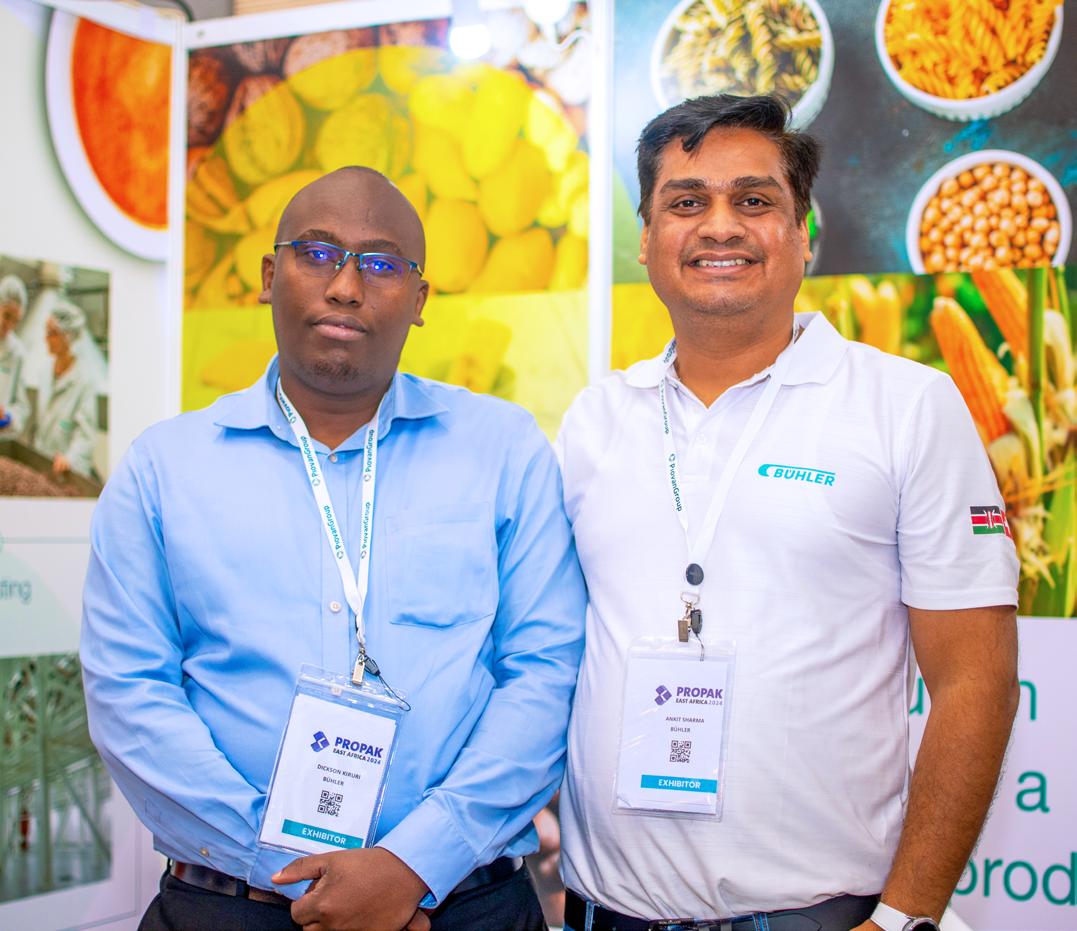


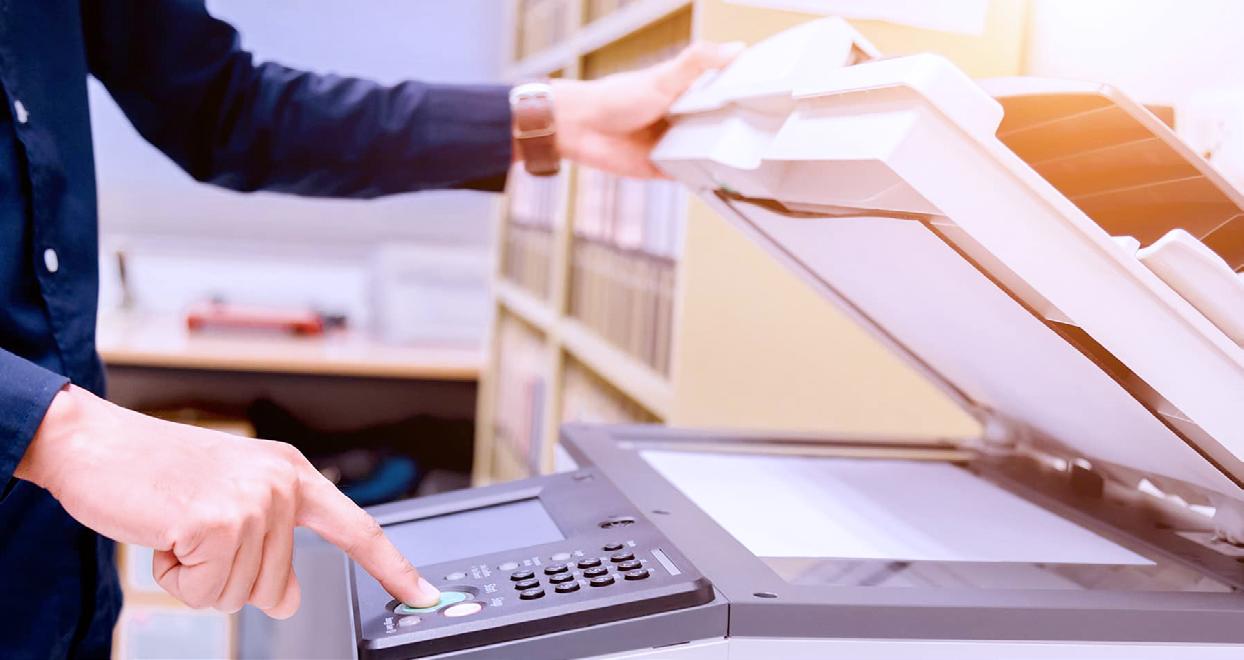


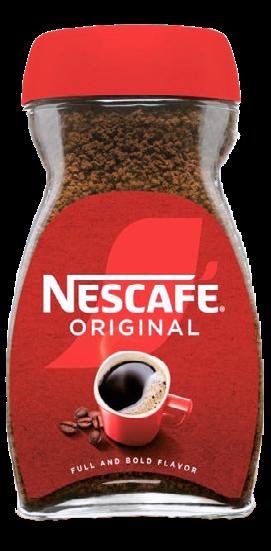


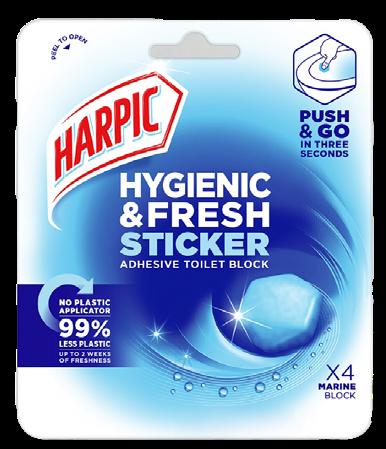




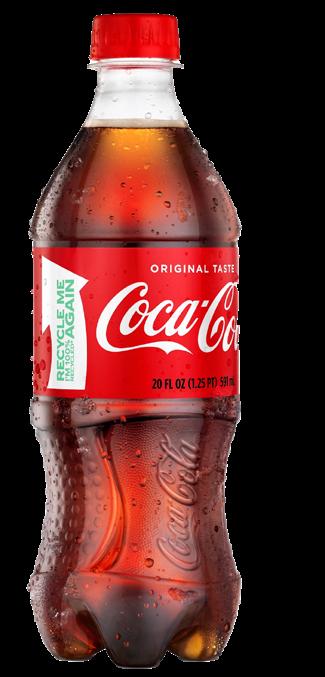
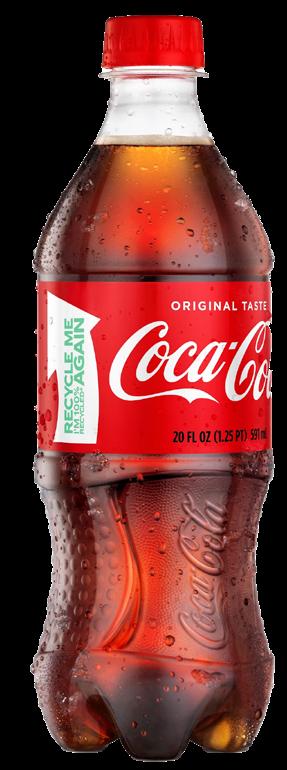
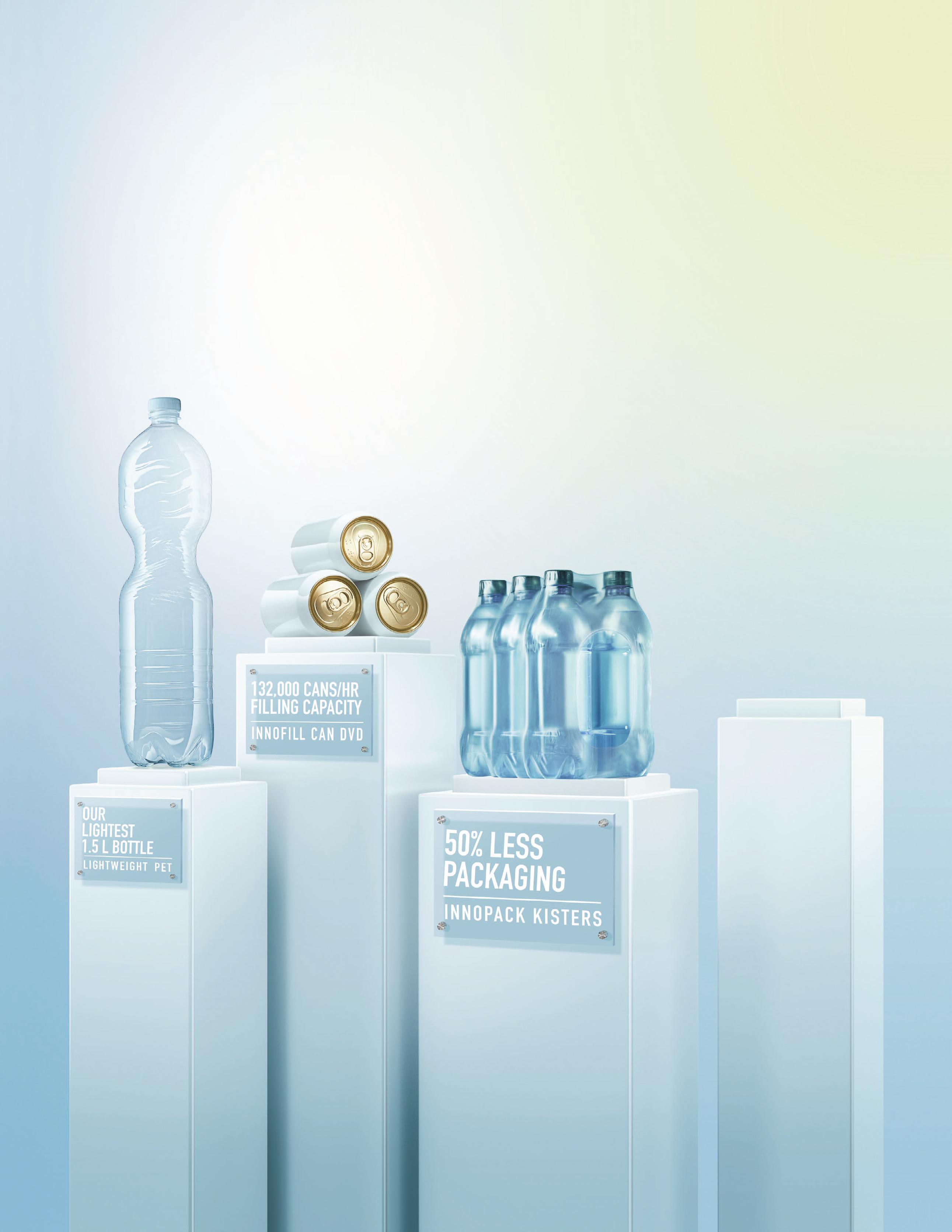
DO NOT STOP US FROM CONTINUING TO WORK ON OUR IDEAS.





As a leading innovator, we have one prime characteristic: We are never satisfied.










At KHS, we are thus always proud of what we have achieved – but we also immediately start to question it and think ahead. With the aim of constantly advancing and always improving – and of providing our customers with new, intelligent systems time and again. Which we then, of course, develop further. khs.com/products




Year 2 | Issue No.3 | Jan - March 2024
FOUNDER & PUBLISHER
Francis Juma
SENIOR EDITOR
Paul Ongeto
EDITOR
Alphonse Okoth
BUSINESS DEVELOPMENT DIRECTOR
Virginia Nyoro
BUSINESS DEVELOPMENT ASSOCIATE
Vivian Kebabe
HEAD OF DESIGN
Clare Ngode
VIDEO & DESIGN ASSISTANT
Newton Lemein
ACCOUNTS
Jonah Sambai
Published By: FW Africa
P.O. Box 1874-00621, Nairobi Kenya
Tel: +254 20 8155022, +254725 343932
Email: info@fwafrica.net
Company Website: www.fwafrica.net
Welcome to the third issue of Sustainable Pack & Print Africa.
The packaging industry in Africa is experiencing a profound transformation, fueled by innovation and a growing consciousness of sustainability. As the continent undergoes economic growth and urbanization, the demand for packaged goods is on the rise, posing both challenges and opportunities for the packaging sector.
One of the primary catalysts of innovation in Africa's packaging industry is the escalating focus on sustainability. With an increasing recognition of environmental issues like plastic pollution and climate change, consumers, businesses, and policymakers are actively seeking alternatives to conventional packaging materials.
Furthermore, technological advancements are playing a pivotal role in propelling innovation within the packaging sector. African companies are harnessing cutting-edge tools such as smart packaging systems and digital printing technologies to bolster efficiency, quality, and safety in packaging operations. These innovations not only enhance the consumer experience but also facilitate improved traceability and transparency throughout the supply chain.
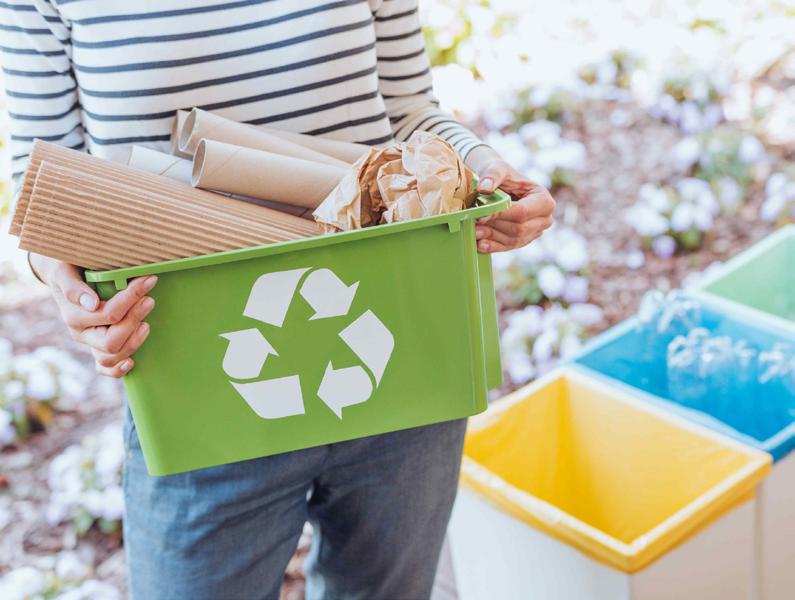
cleanliness. KEPRO is one of four producer responsibility organizations working to ensure compliance with extended producer responsibility regulations in Kenya.
On the topic of sustainability, we explore Coca-Cola Beverages Africa’s (CCBA) sustainability endeavors, which focus on developing enhanced packaging, promoting collection and recycling initiatives, and empowering communities through waste management programs.
Additionally, in this edition, we delve into erasable printing technology, which allows printing on the same paper up to five times. This innovation, according to Toshiba, has the potential to save up to 80% of paper usage.
Sustainable Pack & Print Africa (ISSN 23073535) is published 6 times a year by FW Africa. Reproduction of the whole or any part of the contents without written permission from the editor is prohibited. All information is published in good faith. While care is taken to prevent inaccuracies, the publishers accept no liability for any errors or omissions or for the consequences of any action taken on the basis of information published.
Moreover, recycling has emerged as a crucial strategy to maintain these materials within a circular loop for as long as possible. In this issue, we delve into the operations of the Kenya Producer Responsibility Organization (KEPRO) and its progress in managing packaging waste on behalf of its members to ensure environmental
Elsewhere in the magazine, we analyze the trends in aluminum foil packaging, examining its applications, benefits, and limitations.
I invite you to enjoy this third edition of Sustainable Pack & Print Africa Magazine.
Alphonse Okoth Editor, FW Africa

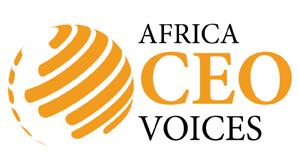

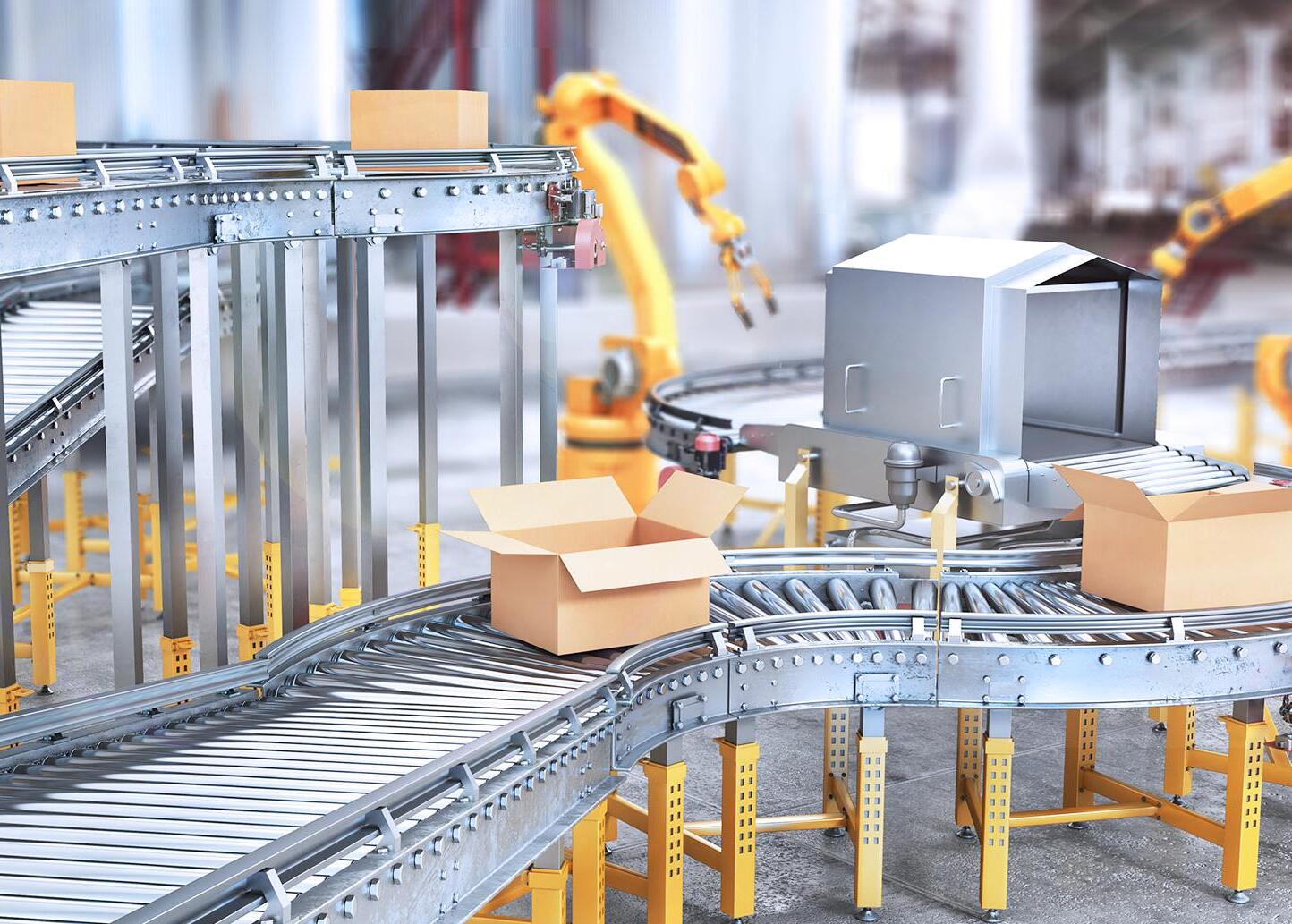


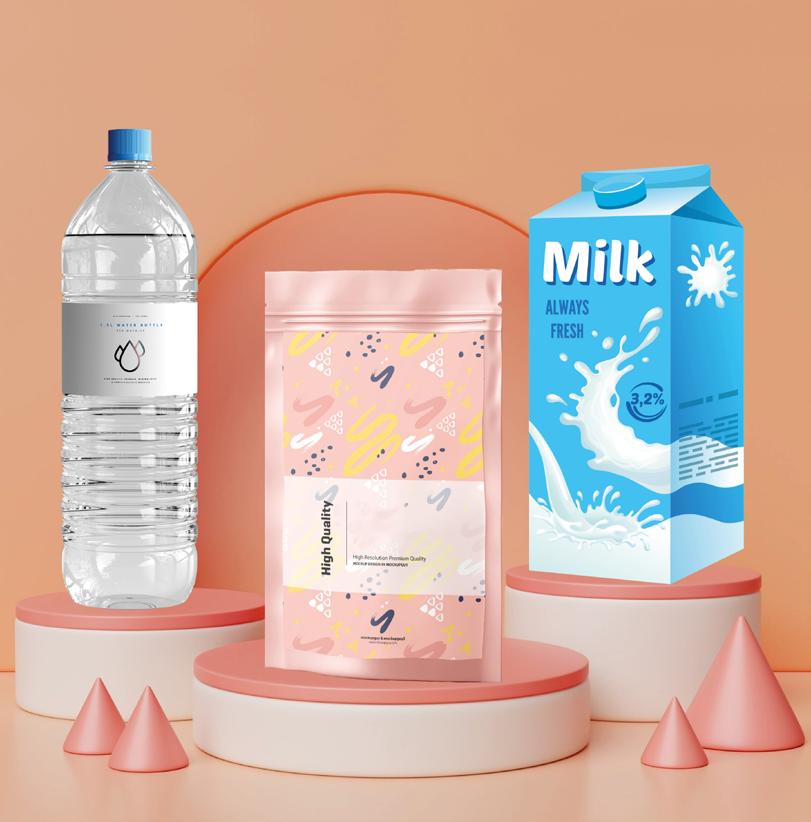
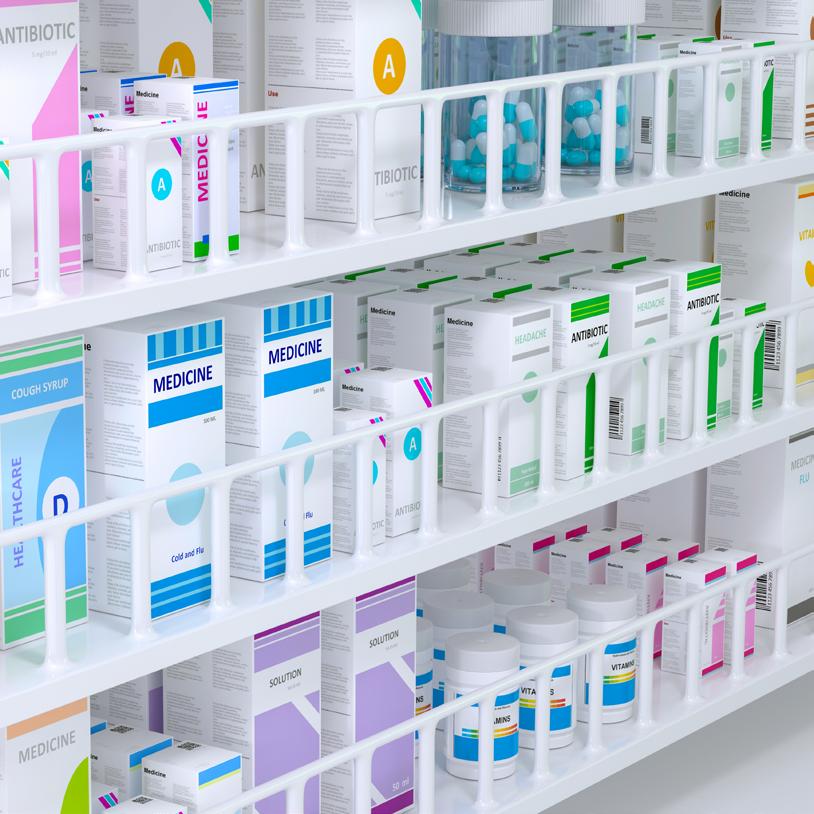
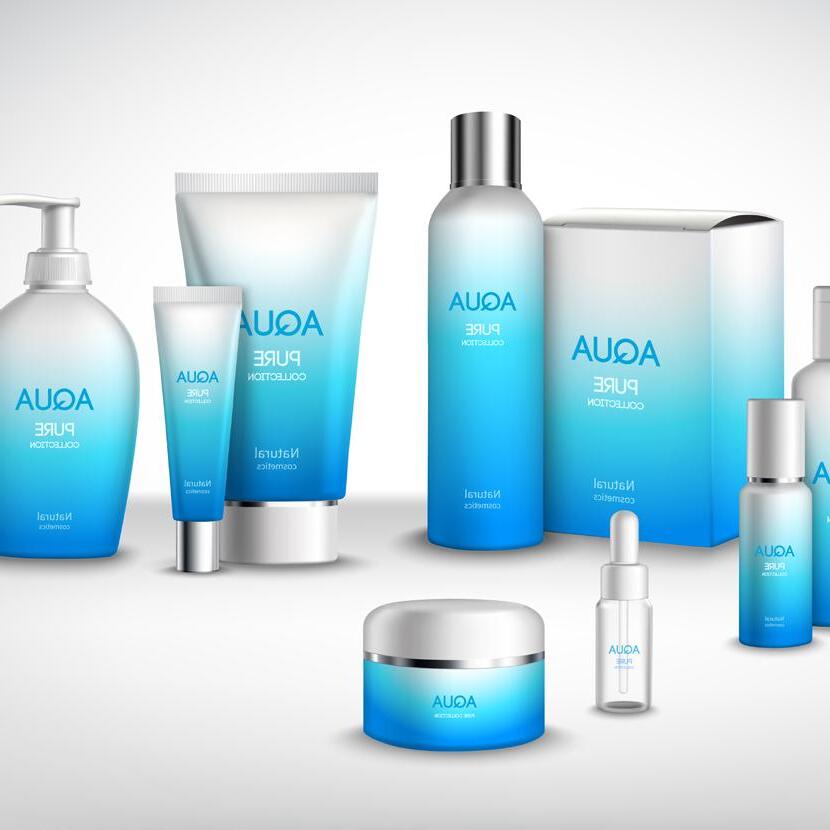
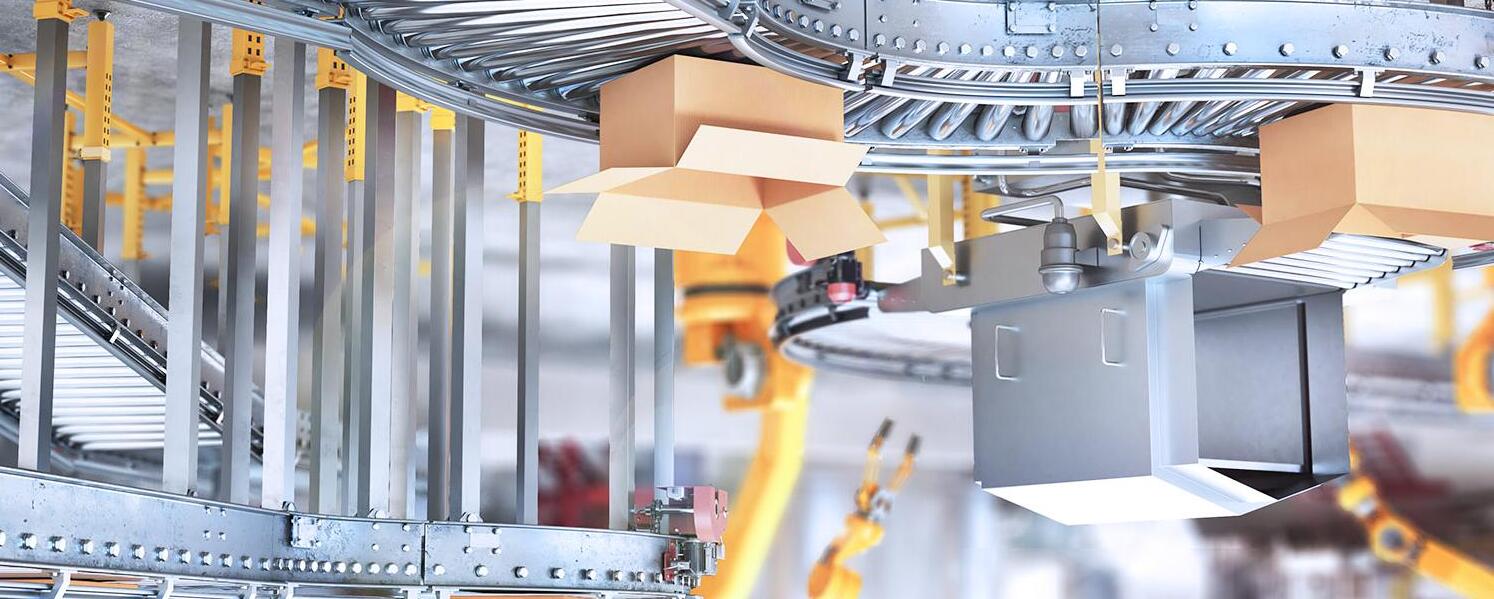
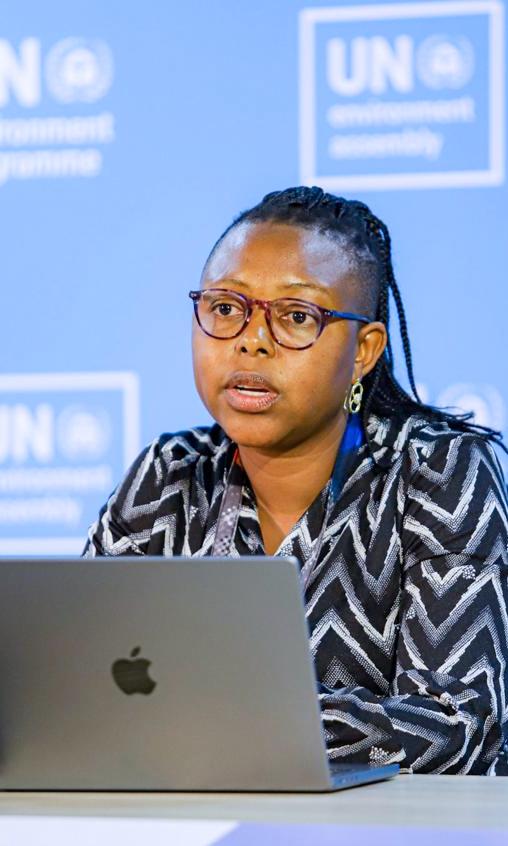
KENYA – At UNEA-6, environmental advocates stressed the urgent need to address climate change, plastic pollution, and fossil fuel dependency.
They highlighted how these issues are interconnected, with the fossil fuel industry driving both plastic production and climate change.
Hellen Kahaso Dena of Greenpeace Africa emphasized the necessity for a strong Global Plastics Treaty to tackle plastic pollution, noting corporate interference in treaty negotiations.
She emphasized that combating plastic pollution is crucial for breaking free from fossil fuel dependence and protecting communities.
Amos Wemanya from Powershift Africa discussed the adverse effects of fossil fuels on Africa's climate and energy situation, urging a swift transition to renewable energy to prevent further
US$119.76M
SOUTH AFRICA – Heineken has announced a significant investment of R2.3 billion (US$119.76 million) in its returnable bottle program in South Africa, aiming to double its share of returnable glass beer bottles and transition to 65% returnable glass bottles.
This move aligns with its global goal of achieving net-zero carbon emissions by 2040. Heineken introduced a new design called the Star Bottle for its returnable bottle in South Africa, featuring the iconic Heineken star. Additionally, Heineken will establish Heineken Green Zones in communities across the country in
partnership with GreenPop to promote sustainability-driven behaviors and provide recreational areas.
Heineken has also invested in sustainable infrastructure, including a water reclamation facility and a solar power plant, resulting in a significant reduction in carbon emissions.
The company has joined various global sustainability initiatives, demonstrating its commitment to sustainable business operations.
Heineken's Managing Director emphasized the importance of these initiatives, marking meaningful steps towards sustainability.
climate disasters.
Seble Samuel of the Fossil Fuel NonProliferation Treaty Initiative called for an international treaty to phase out fossil fuels fairly, addressing the root causes of the plastic and climate crises while ensuring a just transition to renewable energy, particularly benefiting African communities.
The advocates highlighted the close ties between plastic production and the fossil fuel industry, exacerbating greenhouse gas emissions and intensifying the climate emergency.
They urged UNEA-6 member states to adopt a comprehensive Global Plastic Treaty addressing the entire plastic lifecycle and endorse and implement an international fossil fuel treaty to facilitate a fair transition to sustainable energy sources.


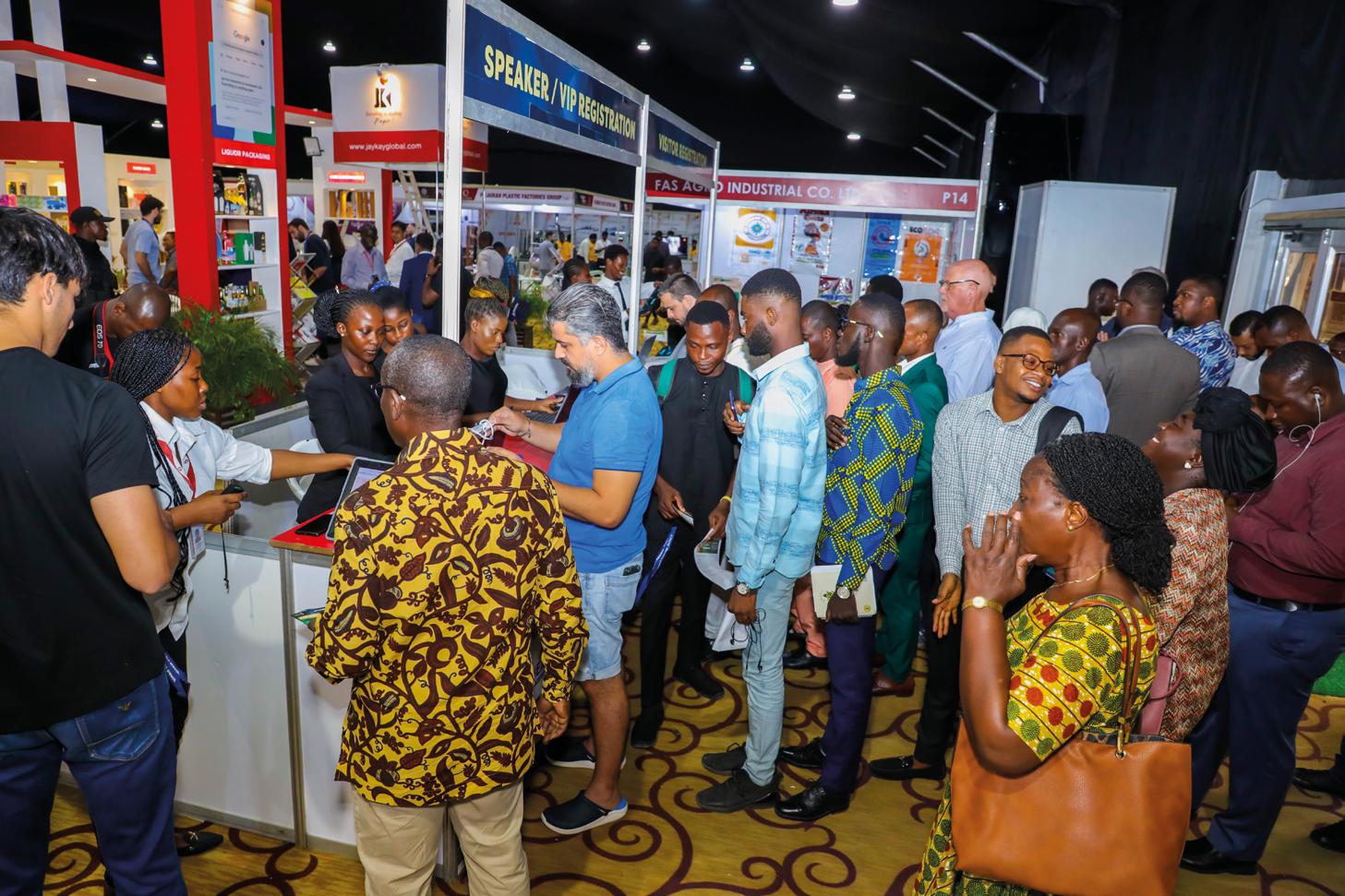

The largest manufacturing exhibition in West Africa is retuning to Accra in 2024 to serve as a platform for the manufacturing industries in Ghana and surrounding countries. Make valuable new business connections and grow your footprint with access to a verified audience of buyers seeking for the missing link in their supply chains. Bring your innovations to the forefront of thousands of industry professionals at Propak Ghana 2024





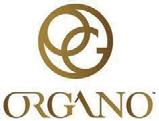


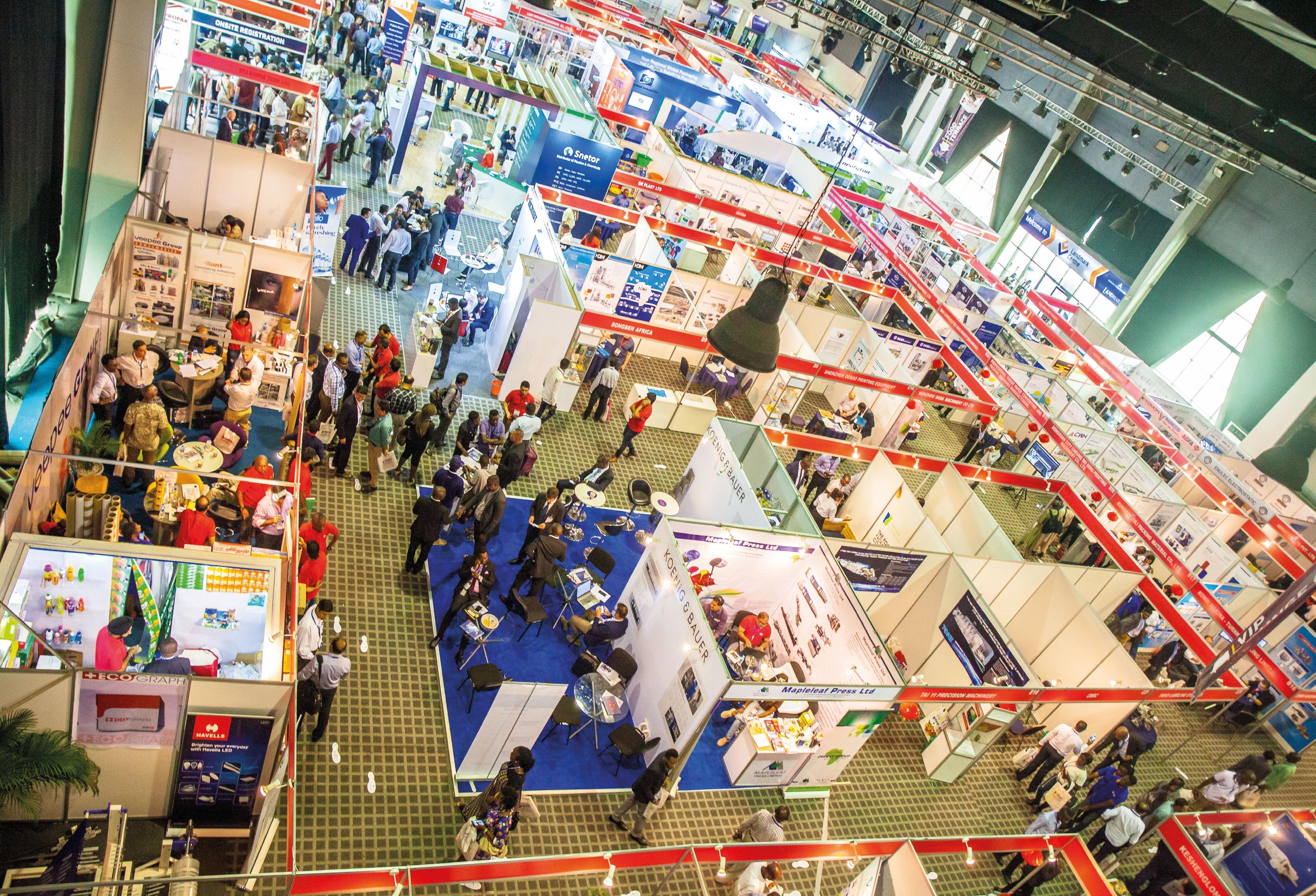










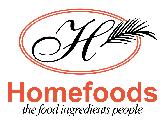
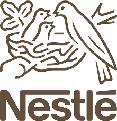


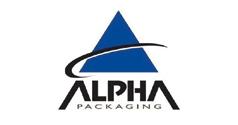
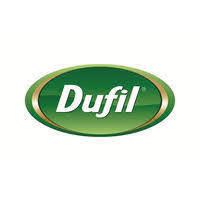


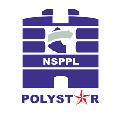

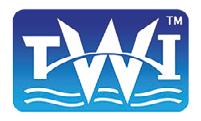
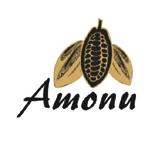

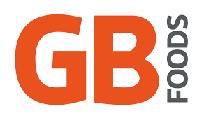








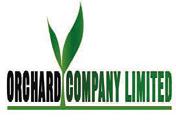



DS Smith and Mondelez strengthen partnership with extended corrugated packaging supply agreement
EUROPE – DS Smith, a global purveyor of fiber-based packaging solutions, has inked a second consecutive five-year contract with Mondelēz International, a premier snack company on the global stage.
This exclusive pact cements DS Smith’s position as the sole provider of corrugated packaging across Europe for Mondelēz International’s expansive array of iconic brands, encompassing Oreo, Cadbury Dairy Milk, Milka, Toblerone, and Philadelphia Cream Cheese.
Building upon a decade-long collaboration, this partnership will witness the co-creation of bespoke packaging solutions finely tuned to the requirements of each product line.
Central to these solutions is a commitment to sustainability, aimed at curbing material usage and bolstering recyclability across critical European markets.
Both industry titans are dedicated to curbing the utilization of single-use plastics and striving towards achieving a net-zero emissions target by 2050.
In their concerted efforts to introduce novel fiber-based sustainable packaging solutions throughout European markets, the companies will leverage innovative technologies and design paradigms to mitigate environmental footprints.
By harnessing DS Smith’s Circular Design Metrics tool, they will scrutinize the sustainability quotient of new packaging designs, ensuring adherence to stringent environmental benchmarks.
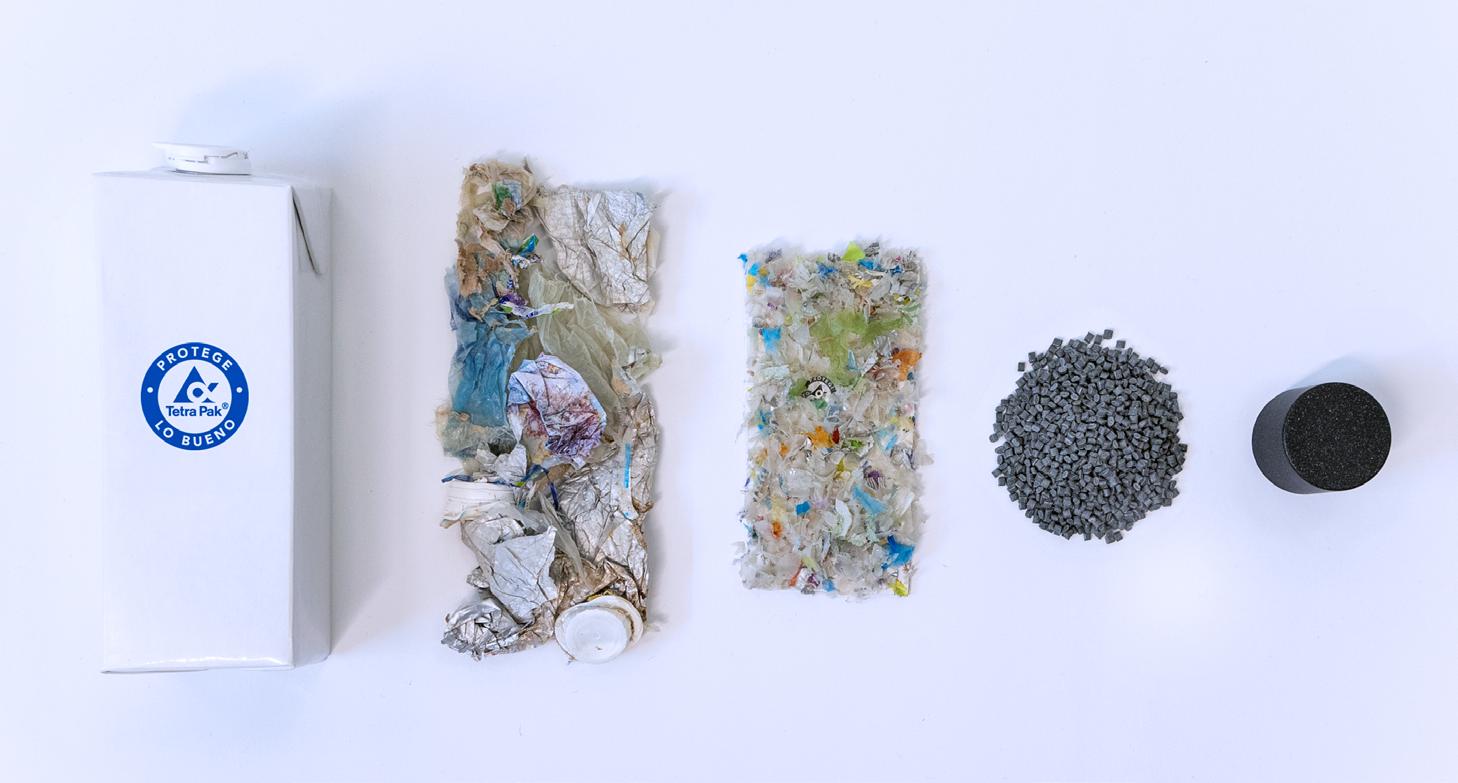
EUROPE – Tetra Pak, a leading food packaging solutions provider, is leading strategic investments to enhance carton package recycling capacity across the EU, in line with proposed EU regulations.
In 2023, Tetra Pak allocated nearly €40 million (US$42.86m) to accelerate beverage carton recycling globally, focusing on recycling all components, including polyethylene and aluminium layers.
Collaborations and strengthening existing recyclers aim to turn postconsumer carton materials into new resources.
Partnerships in Sweden and Spain aim to establish advanced recycling lines to transform polyAl into plastic products, with a significant increase in recycling capacity.
In Sweden, Tetra Pak inked a deal with Axjo Group aims to establish a cutting-edge recycling line, with an annual capacity of 10,000 tonnes, to transform polyAl into injectionmoulded plastic products.
Meanwhile, in Spain, Tetra Pak and Trans Sabater have co-invested over €2 million and expanded their agreement to increase installed polyAl recycling capacity from 3,000 tonnes to 10,000
tonnes per year.
Tetra Pak's investments also extend to the Netherlands to enhance polyAl recycling capacity, promoting material circularity across multiple countries.
These initiatives demonstrate Tetra Pak's commitment to a circular economy, emphasizing innovation,
IN 2023, TETRA PAK ALLOCATED NEARLY €40 MILLION (US$42.86M) TO ACCELERATE BEVERAGE CARTON RECYCLING GLOBALLY, FOCUSING ON RECYCLING ALL COMPONENTS.
sustainability, and environmental stewardship.
Mark Pfanner, Tetra Pak's Vice President of Sustainability Operations, highlights the transformative potential of beverage cartons in sustainable food systems, underscoring Tetra Pak's dedication to environmental responsibility and long-term sustainability.










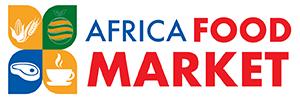
KENYA – The Kenya Extended Producer Responsibility Organization (KEPRO) has launched the Consumer-Led Transformation (CLT) Program, aiming to foster a sustainable future through eco-conscious consumer decisions.
This triennial initiative emphasizes collective responsibility for environmental stewardship and seeks to instigate behavioral shifts towards sustainable waste management practices.
The initiative seeks to instigate behavioral shifts and advocate for policies conducive to sustainable waste management, as articulated by KEPRO.
Moreover, CLT aims to unite consumers, producers, and authorities to advocate for plastic circularity within the nation.
Akshay Shah, Board Chair at KEPRO, further elaborated, “Envision the ecosystem as a tripod, where industry, consumers, and government constitute the pillars. Should these three pillars fail to synchronize their endeavors, the tripod becomes unsteady.
“The remedy lies in providing the support that harmonizes these pillars, embodied by BMOs, NGOs, CBOs, media, and various institutions, all fulfilling pivotal roles. The only means to assume responsibility is by synchronizing our actions.”
By streamlining efforts and establishing unified standards, KEPRO aims to synchronize actions among industry, consumers, and government entities
Through extensive education and awareness efforts, KEPRO aims to promote sustainable waste management practices among consumers and the wider population.
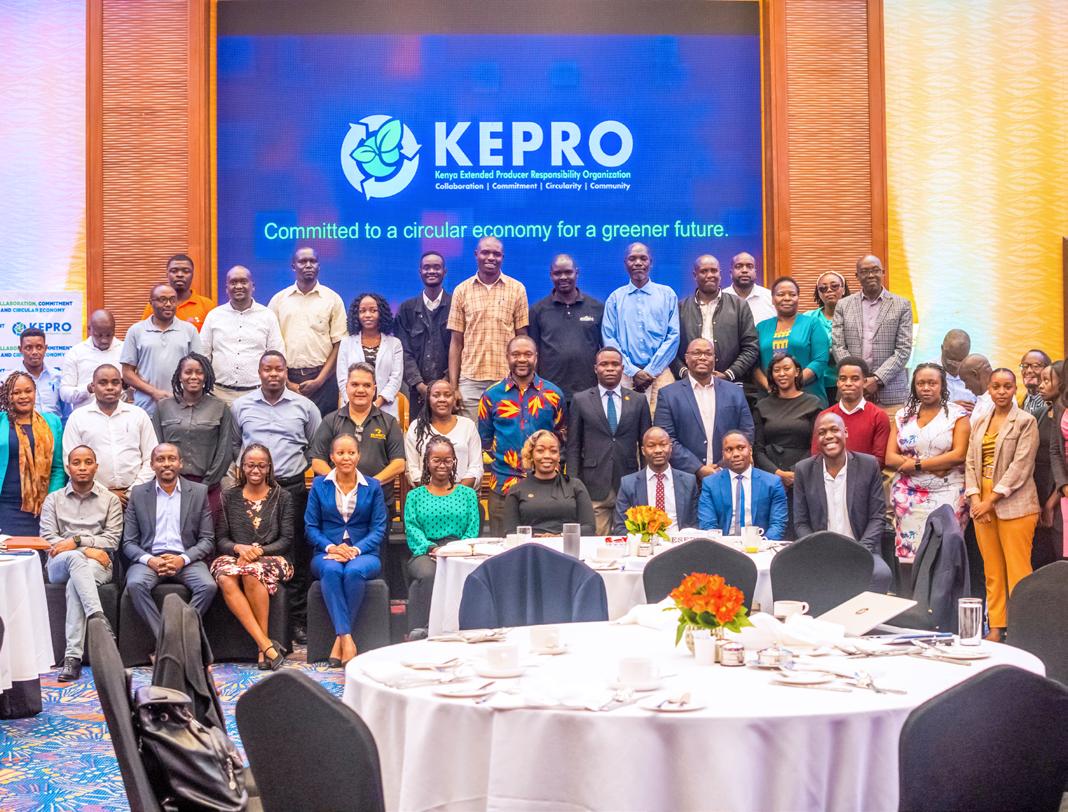
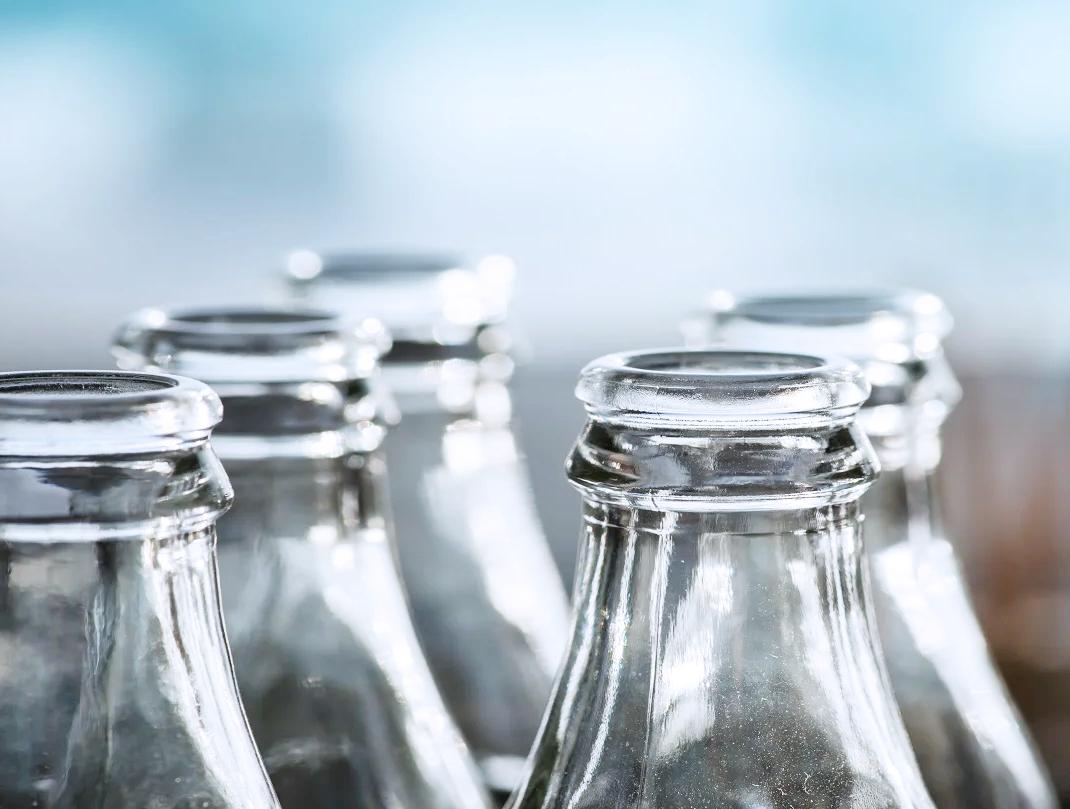
ITALY – Verallia, a leading manufacturer of glass packaging for beverages and food products, has entered into an agreement to acquire the Italian glass business of Vidrala for €230 million (US$249.65m).
This acquisition marks a strategic move for Verallia, aiming to bolster its market share in Italy. With the addition of Vidrala’s Italian business, Verallia will now operate a total of seven production facilities in the country. The enterprise value of the transaction will be financed through external debt.
Verallia’s CEO, Patrice Lucas, underscored the significance of this transaction in the company’s strategic roadmap, emphasizing their commitment to sustainable growth through targeted acquisitions.
Lucas stated, “This transaction is in line with our strategic plan and reflects our willingness to continue on our profitable growth path, including through targeted acquisitions, allowing us to complement our footprint in strategic geographies and improve our commercial and industrial presence in Italy.”
The completion of the transaction is contingent upon approval from the Italian government and customary conditions precedent. Verallia anticipates finalizing the transaction during the second and third quarters of 2024.
With over 10,000 employees and 34 glass production sites across 12 countries, Verallia is renowned for delivering innovative, customized, and sustainable packaging solutions to over 10,000 businesses worldwide.
This acquisition follows a similar deal completed by Verallia last November, in which the company acquired Santaolalla Group’s cullet treatment centers in Spain.
KENYA – The Kenya Private Sector Alliance (KEPSA) has forged a partnership with the Waste and Resources Action Program (WRAP), a climate action non-governmental organization, to combat plastic pollution in Kenya.
Carole Kariuki, the Chief Executive Officer of KEPSA, asserted that this collaboration aims to enhance the adoption of innovative solutions for sustainable development, thereby fostering enduring environmental benefits.
“WRAP has been a crucial strategic ally to KEPSA since 2020, and we are thrilled to expand our collaboration to actively address the urgent issue of plastic pollution in Kenya,” remarked Kariuki.

She affirmed the private sector’s commitment to curbing the production of unsustainable plastic packaging within the local market.
Harriet Lamb, CEO of WRAP, underscored the bolstered partnership’s
objective to bolster endeavors aimed at combating waste pollution through sustainable and inclusive business practices.
“Plastic pollution is a global challenge necessitating collective action and collaboration. We are eager to explore further avenues of collaboration with Sustainable Inclusive Business under KEPSA and bolster their initiatives to combat waste pollution in Kenya,” Lamb affirmed.
WRAP, in collaboration with partners such as the Ellen MacArthur Foundation, leads the Plastics Pact Network, a globally aligned initiative responding to plastic waste and pollution based on the New Plastics Economy vision for a circular economy for plastic.
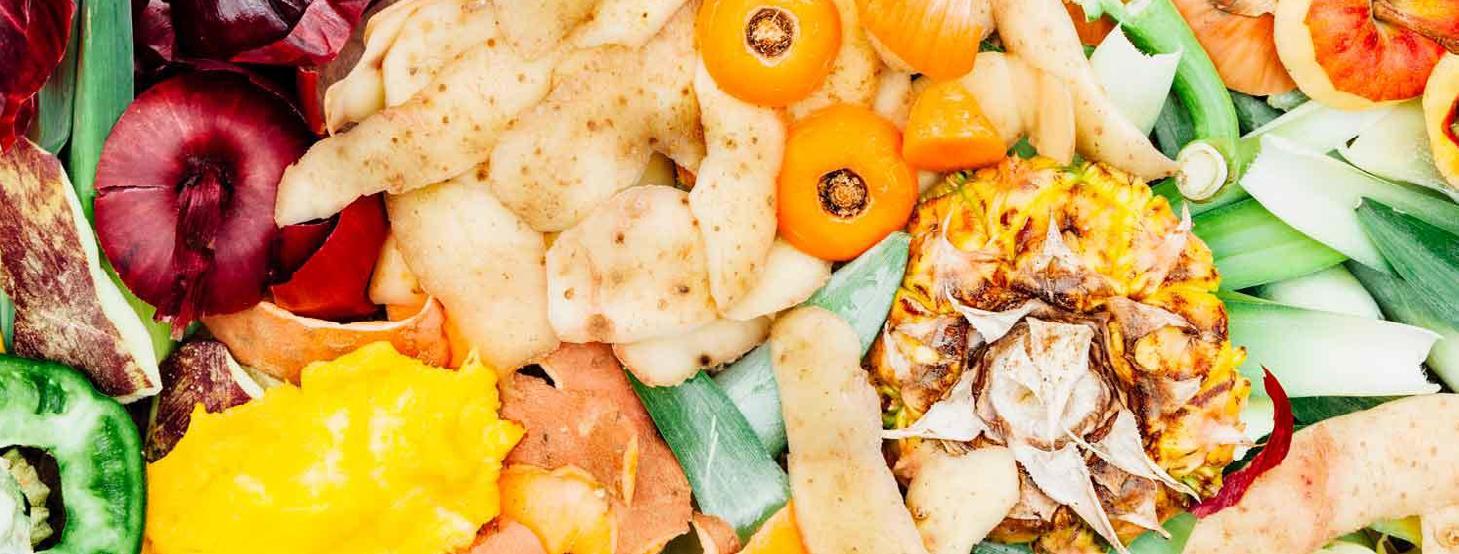
SOUTH AFRICA – The Consumer Goods Council of South Africa (CGCSA) has received a substantial US$15 million funding allocation from the Ballmer Group for the climate action non-governmental organization, WRAP.
The funding aims to strengthen voluntary initiatives addressing food loss
and waste in South Africa, Australia, Indonesia, Mexico, and Brazil.
Matlou B. Setati (Tsebe), the Executive of Food Safety and Sustainability Initiative, and Zinhle Tyikwe, CEO of CGCSA, express enthusiasm for the financial support, anticipating its potential to accelerate efforts to reduce food loss and waste
throughout the supply chain.
A 2023 report by the Department of Forestry, Fisheries, and the Environment reveals that one-third of the 31 million tonnes of food produced annually in South Africa, equivalent to 10 tonnes, ends up in landfills.
The report further reveals that threequarters of this food loss and waste occur prior to reaching the retail stage, amounting to 8.4 million tonnes or 76% of the total.
The funding aims to catalyze increased corporate commitment to food loss and waste reduction efforts in South Africa, addressing significant monetary implications and contributing to the broader challenge of climate change.
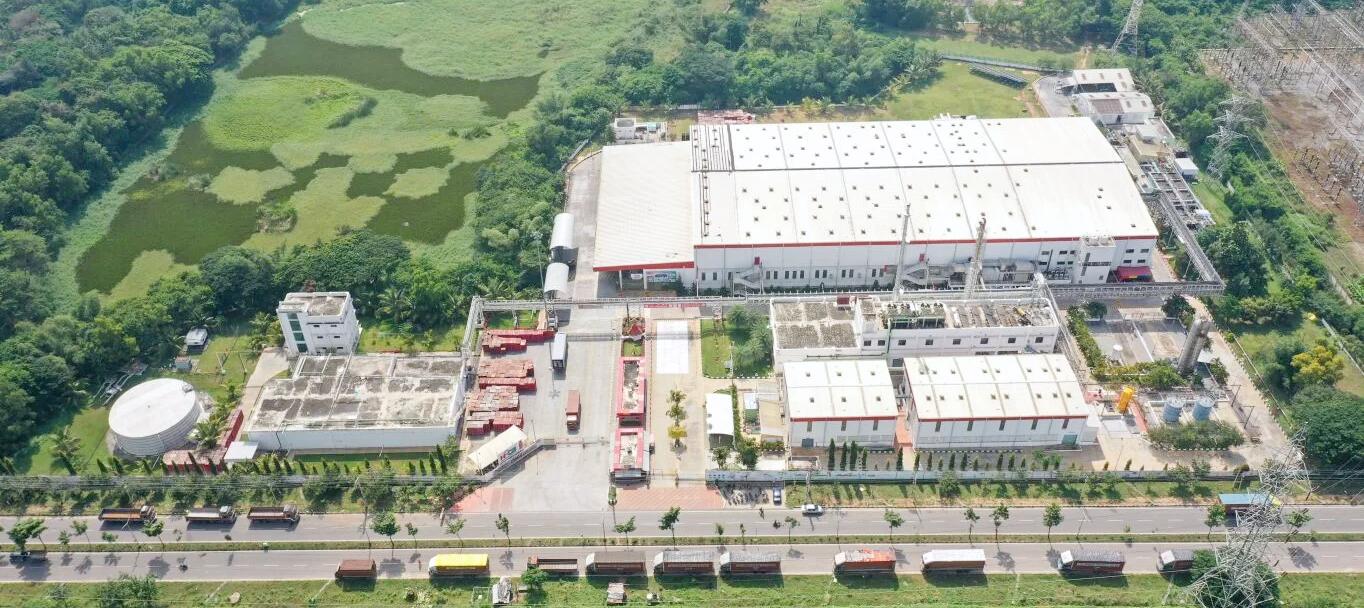
INDIA – Hindustan Coca-Cola Beverage Pvt Ltd (HCCB) has achieved carbon neutrality at its Bidadi plant in Karnataka, India, making it the first Coca-Cola bottling facility in India and Southwest Asia to attain such recognition.
The certification, to be issued by DNV in May 2024, aligns with HCCB's goal of reaching Net Zero by 2050 and reducing GHG emissions by 25% by 2030.
Over 90% of the plant's power is from renewable energy, with plans to invest in carbon credits projects in India to address residual emissions.
Alok Sharma, Executive Director of Supply Chain at HCCB, expressed pride in this accomplishment, highlighting the company's broader commitment to sustainability initiatives, including water replenishment projects and regenerative agriculture practices.
This achievement reflects CocaCola's global commitment to reducing carbon emissions and achieving Net Zero GHG emissions by 2050.
Additionally, Coca-Cola plans to trial label-free packaging for its Sprite bottles in the UK as part of efforts to curb plastic waste.
EMEA – Aptar Beauty, a premier manufacturer of dispensing and packaging solutions for the beauty, personal care, and home care industry, has unveiled Turnkey Solutions by Aptar, a novel integrated service tailored for beauty brands.
Deployed across Europe, the Middle East, and Africa, this initiative extends comprehensive support to beauty brands from initial product design –encompassing advanced formulation –through to market launch.
This service offers comprehensive support from initial product design to market launch, including advanced formulation and ready-to-use collections like New Dawn.
It integrates advanced formulations, sustainable packaging alternatives, and cutting-edge technologies.
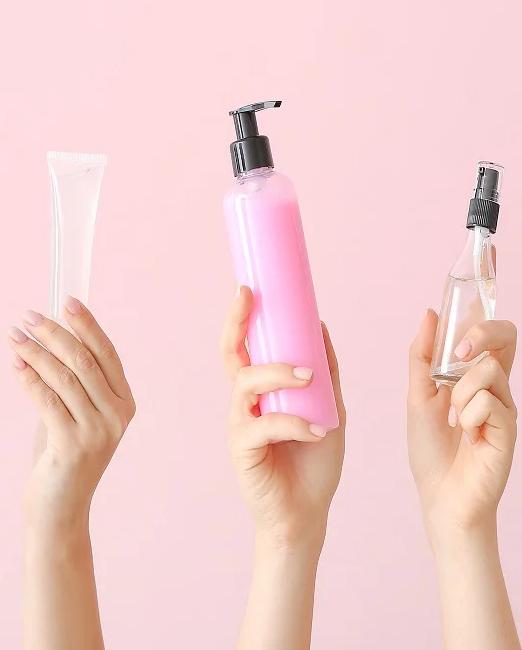
Turnkey Solutions leverages Fusion Beauty Lab, Aptar's internal laboratory, to merge high-quality packaging with innovative formulations.
This announcement follows Aptar
Beauty’s introduction of Mono Micro, its pioneering mono-material airless dispenser.
Crafted entirely from polyethylene (PE), including its container, actuator, outer cap, interior piston mechanism, and label, this innovative packaging solution has earned certification as 100% recyclable from the European evaluation institute, Institut cyclosHTP.
Tailored for dermo-cosmetic and masstige brands committed to enhancing the sustainability of their packaging, Mono Micro will debut initially for the Micro 30ml range, with plans for gradual expansion to encompass the entire Micro range commencing in 2024. Additionally, this solution will extend to the Mezzo 50ml range.
&
JUNE 12-14, 2024
Sarit Expo Centre, Nairobi, Kenya






EGYPT – The Arab Organization for Industrialization (AOI) has secured a €38.8 million (US$42.2m) contract to establish four waste recycling plants for the Kitchener Drain, a major polluted waterway in Egypt's Delta region.
This contract forms part of the municipal solid waste management component of the Kitchener Drain depollution project, with funding of €79 million (US$86.36m) from EBRD and an €8 million (US$8.75m) grant from the European Union.
The project aims to address severe pollution along the drain, spanning
multiple governorates and discharging into the Mediterranean Sea.
These plants, each processing 600 tonnes of waste daily, will be crucial in improving water quality and aligning with Egypt's sustainable development goals.
Led by the Ministry of Local Development and the Arab-British Dynamics Company (ABD), construction is set to begin in March 2025, marking a significant step towards sustainable waste management in the region.
This project, supported by
international partners, underscores Egypt's commitment to environmental stewardship and represents one of the largest solid waste recycling endeavors globally.
Minister Hisham Amna of the Ministry of Local Development praised the partnership with the Ministry of International Cooperation and the European Union, emphasizing the project’s goal to fortify sanitation infrastructure in key regions along the Kitchener Drain.

BELGIUM – Smurfit Kappa, a corrugated packaging company, has provided BeerSelect, a Belgian craft brewer, with an end-to-end packaging system called TopClip.
TopClip is a 100% paper-based solution designed to replace shrink wrap for bundling beverage multipacks.
BeerSelect sought a sustainable packaging solution that could meet its
production needs efficiently.
Smurfit Kappa installed its MidSpeed TopClip machine at BeerSelect's brewery, capable of handling 30,000 cans per hour and offering flexibility in bundle configurations.
With a 30% lower carbon footprint than a shrink wrap consumer pack, TopClip is 100% renewable, recyclable and biodegradable. It also displays the
products much more effectively than the complete wrap-around solutions that are commonly used for canned drinks.
Speaking about the collaboration, BeerSelect’s Co-founder Kasper Peeters, said: “In TopClip, we found a solution that fits perfectly within our sustainability mindset.
“The most tangible benefit is using a packaging solution that will not harm the environment and the implementation of a tailor-made machine system has made a big difference to both the ease and speed of production.”
Meanwhile, Smurfit Kappa has also developed a sustainable packaging solution for Biobest, a biological crop protection company, to transport live bumble bees.
The solution, made from waterresistant AquaStop paper, passed tests for durability and sustainability, aligning with Biobest's commitment to sustainability.

UAE – Dubatt Battery Recycling’s fully integrated battery recycling plant – the first of its kind in the UAE – has been formally inaugurated at Dubai Industrial City, part of TECOM Group PJSC.
The inauguration ceremony, graced by esteemed dignitaries such as His Excellency Abdulla bin Touq Al Marri, Cabinet Member and Minister of Economy, underscored the plant’s
IT IS POISED TO RECYCLE UP TO 80 PERCENT OF BATTERY WASTE GENERATED IN THE UAE, THUS SIGNIFICANTLY CONTRIBUTING TO THE CIRCULAR ECONOMY AND THE NATION’S SUSTAINABILITY AGENDA.
pivotal role in advancing the UAE’s commitment to sustainable industrial practices.
Spanning an impressive 65,000 square feet with an initial investment
of AED 120 million (US$32.67m), the Dubatt plant employs cutting-edge technologies for breaking, separating, smelting, and refining used lead acid batteries.
It is poised to recycle up to 80 percent of battery waste generated in the UAE, thus significantly contributing to the circular economy and the nation’s sustainability agenda.
Dubatt’s planned expansion, with an investment of AED 96 million (US$26.14m) and a footprint of 50,000 square feet, is expected to ramp up the factory’s lead acid battery recycling capacity to 75,000 metric tonnes per year.
This expansion will introduce dedicated lines for various materials, further bolstering the UAE’s sustainability goals.
Shamsudheen Binmohideen, Chairman of Dubatt, underscored the project’s importance in addressing the UAE’s annual generation of 72,000 to 96,000 tonnes of used batteries.
The plant aims to align with the Dubai Integrated Waste Management Strategy 2041 by localizing the recycling of used battery waste.
KUWAIT – Mishref Cooperative Society and Gulf Bank have launched the "A Step Towards Change" sustainability campaign, distributing 20,000 reusable bags at Mishref co-op and organizing awareness events.
The initiative aims to encourage environmentally friendly habits by reducing plastic consumption.
Gulf Bank's Assistant Manager of Corporate Communications highlighted the importance of this initiative in aligning with Kuwait's environmental strategy and relevant legislation.
Additionally, Mishref Co-op introduced a "Fast Track" service for shareholders using reusable bags to incentivize their ongoing use.
Meanwhile, the Scientific Center in Kuwait is dedicated to waste management and recycling, emphasizing waste sorting and providing designated containers for electronic, paper, and clothing waste.
The center's General Manager highlighted their recycling program's role in combating plastic pollution and promoting environmental awareness, particularly regarding its impact on marine life.
One notable project, "The Last Catch," involves a sculpture resembling a Kuwaiti fish that serves as a collection point for plastic bottles, highlighting the urgency of addressing plastic pollution. Collected bottles are processed into plastic pellets for industrial use, emphasizing the global imperative of environmental cleanliness and recycling to mitigate pollution's threats to marine ecosystems.
TANZANIA – Environmental stakeholders have affirmed their unwavering commitment to recycling post-consumer plastic bottles, including those from beverage companies.
Their resolve stems from the sobering fact that only 40 percent of plastic waste in Tanzania is currently collected, with a staggering 96 percent mismanaged, posing a significant threat of leakage into the country’s oceans, rivers, and lakes.
Addressing participants at a stakeholders’ meeting on February 19, 2024, in Dar es Salaam, Nicholaus Ambwene, the country coordinator of the council and recycling initiative representing seven beverage companies and various producers of plastic packaging, underscored
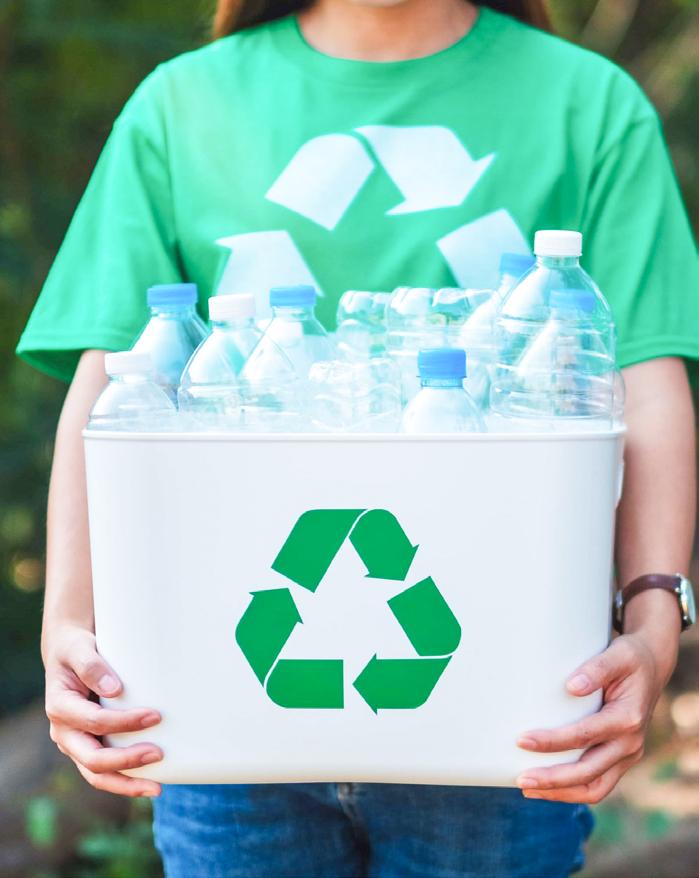
the collaborative efforts aimed at environmental conservation.
The beverage companies have collectively established PET Recycle
Company (T) Ltd (PETpro Tanzania).
Ambwene highlighted that in 2023 alone, 30,200 tonnes of post-consumer plastic bottles were collected, of which only 15,000 tonnes were recycled and exported. While PET bottles are the current focus, the initiative plans to expand to other plastic packaging and materials.
Unlike countries such as Kenya, Tanzania lacks specific legislation governing Extended Producer Responsibility (EPR), relying instead on guidelines.
“Tanzania has no specific law governing Extended Producer Responsibility (EPR) instead, there are only guidelines, while in other countries, like Kenya, there’s a specific law,” he added.
Tesco introduces UK’s first tubeless kitchen foil to save cardboard roll

UK – Tesco, a major British retailer, has launched the UK's first tubeless kitchen foil, aiming to eliminate the need for 12.5 million cardboard rolls annually, reducing unnecessary packaging and saving 330 tonnes of cardboard each year.
The new foil is made possible by a revolutionary rolling machine that tightly wraps the foil around a spindle
with air vents, allowing it to be released when air is pumped in.
Tesco's technical manager, Bronwen Williams, highlighted the environmental benefits of this innovation and expressed hopes to expand it to the rest of the foil range.
Williams said: “This new machine has revolutionized foil production, saving hundreds of tonnes of cardboard
from needlessly being made in the first place.
“We are continually looking at ways in which we can cut down on packaging in order to help the environment and hope, after starting with our top selling kitchen foil line, that we will be able to apply this to the rest of our foil range.”
This initiative aligns with Tesco's commitment to reducing packaging waste, as evidenced by previous efforts such as introducing toilet rolls with more paper to reduce plastic packaging and upscale soft paper products made from recycled materials.
Tesco's 4Rs packaging policy aims to address packaging waste, resulting in a reduction of over 4,500 tonnes since 2020.
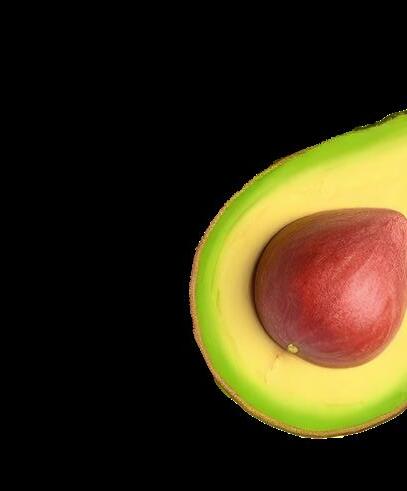


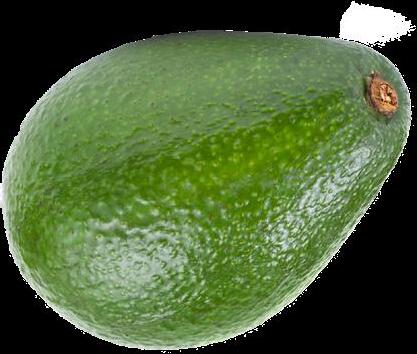
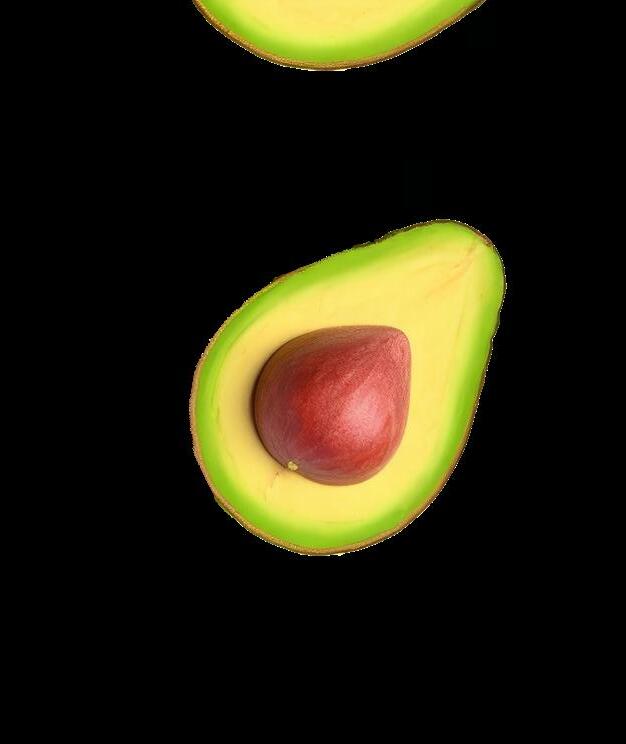




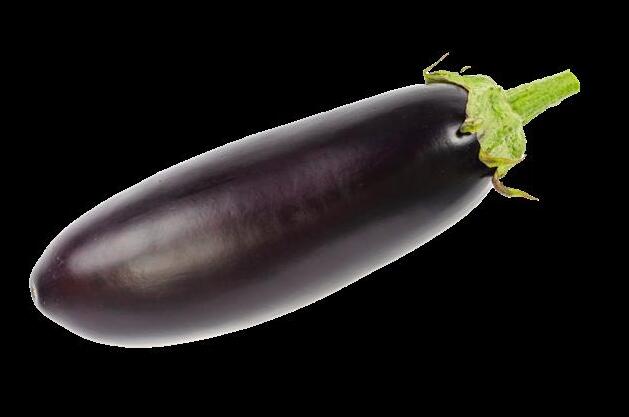



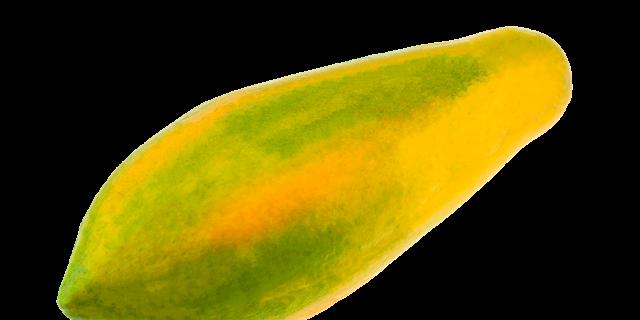
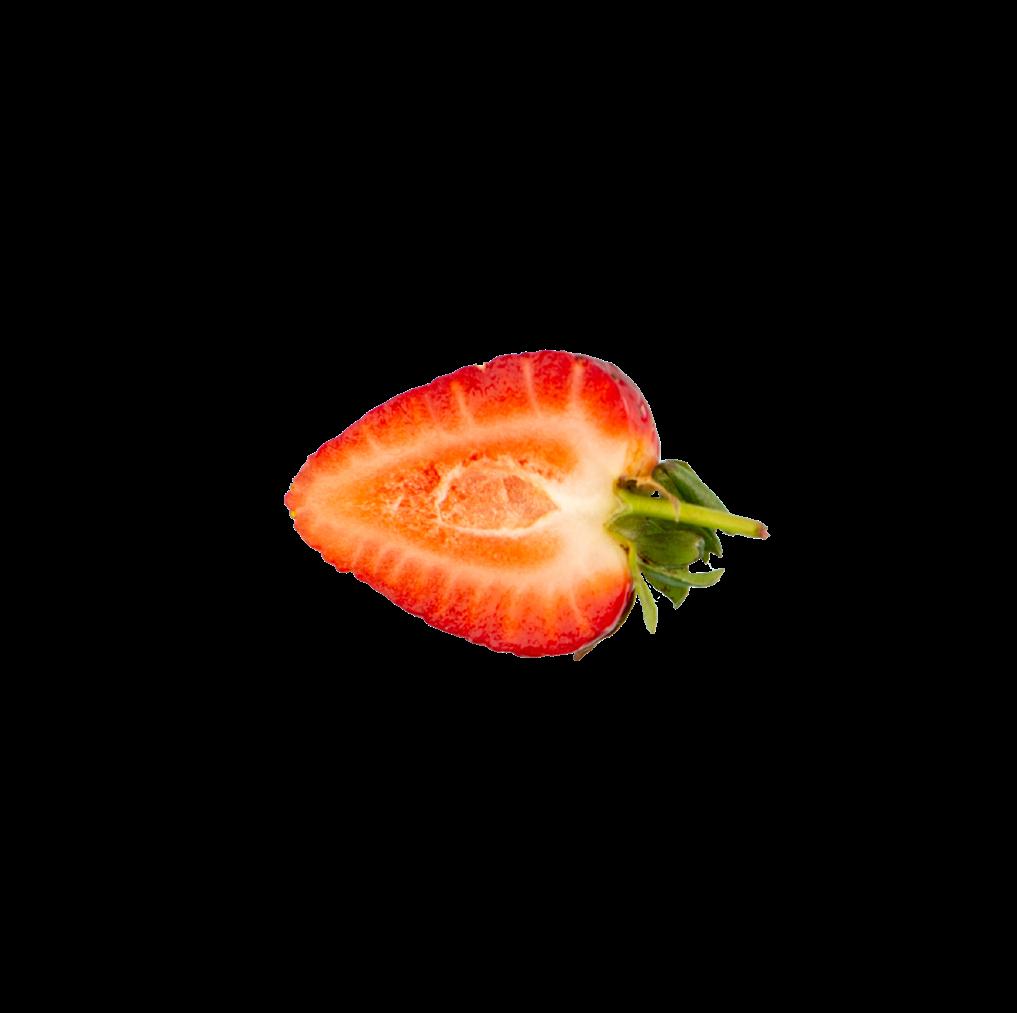



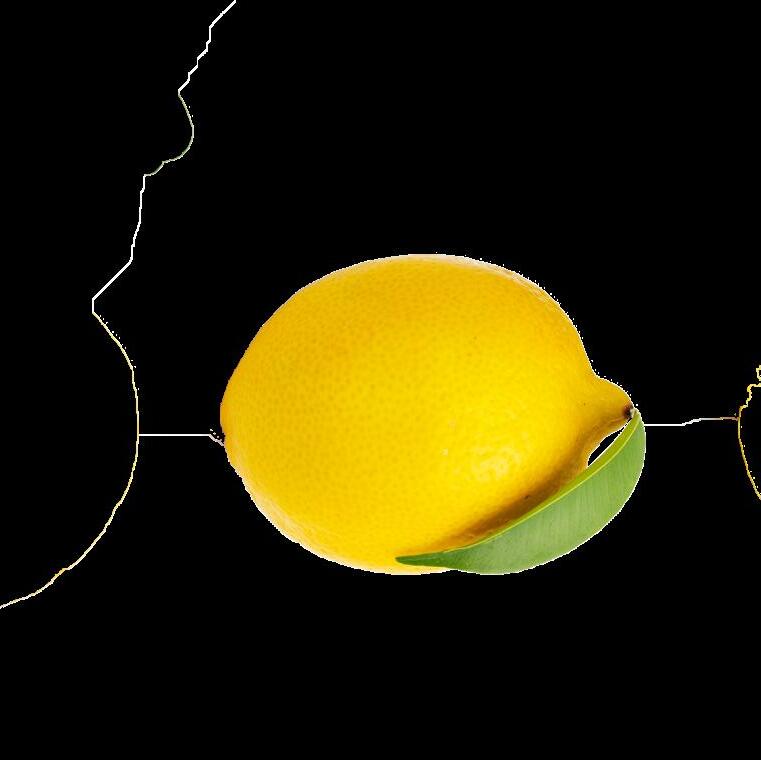

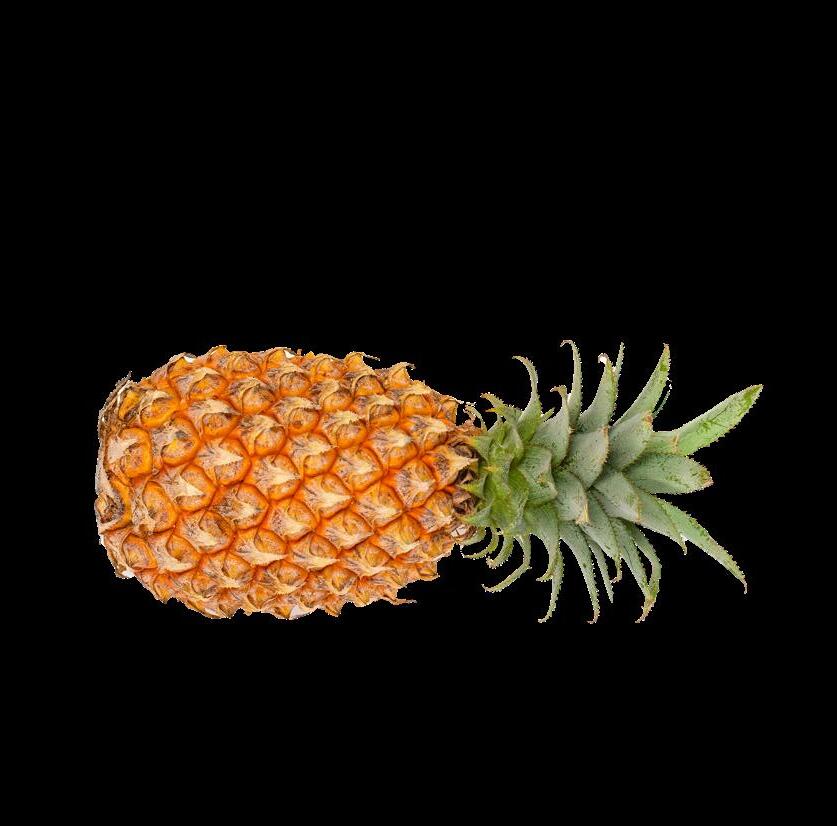

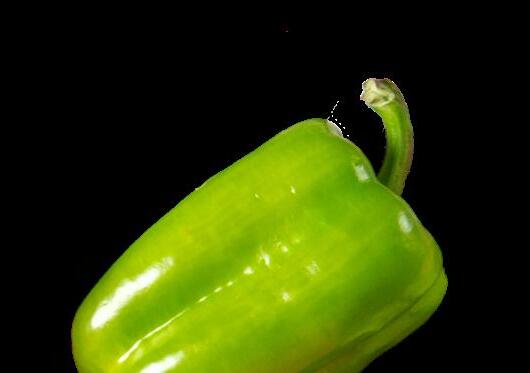






Coca-Cola is trialing label-free packaging for its Sprite and Sprite Zero on-thego bottles in an innovative move aimed at curbing plastic waste.
The pilot initiative, scheduled to run between January and March 2024, will see labels removed from single 500ml bottles, featuring instead an embossed logo on the front. Laser-engraved products and nutritional information will be located on the back of the bottles.
Although the current labels are recyclable, Coca-Cola aims to take sustainability efforts a step further by adopting this label-less approach. This move eliminates the need to separate packaging components before recycling, streamlining the recycling process and reducing environmental impact.

Penrhos Spirits has launched a range of gins available in aluminium bottles supplied by Vetroplas in conjunction with its Spanish manufacturing partner Envases.

The new 70-cl aluminum bottle is said to reflect the brand’s commitment to both aesthetic distinction and environmental responsibility.
The bottles boast a 28/410 neck thread and are lined with a BPA NI PE liner, finished with an aluminium screw cap.
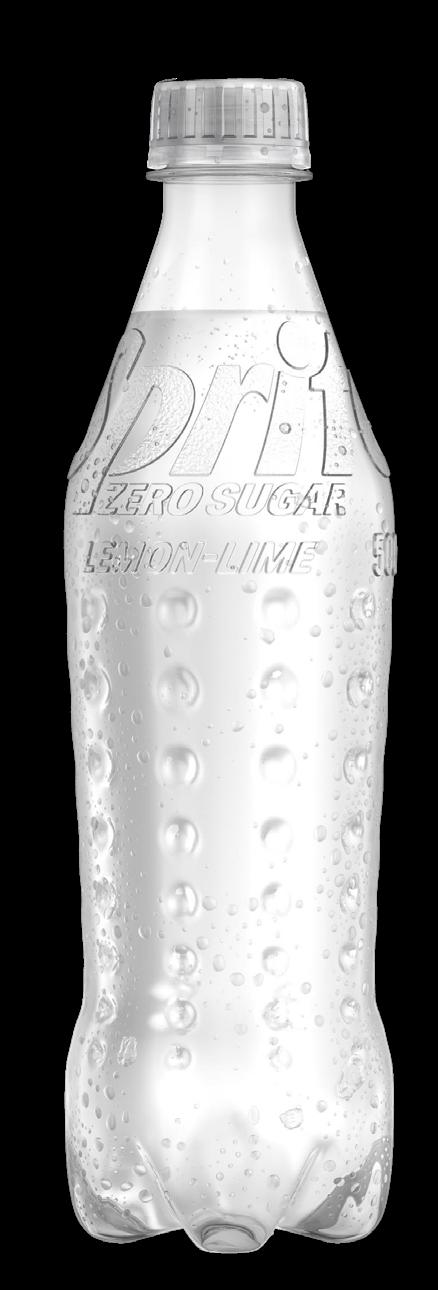
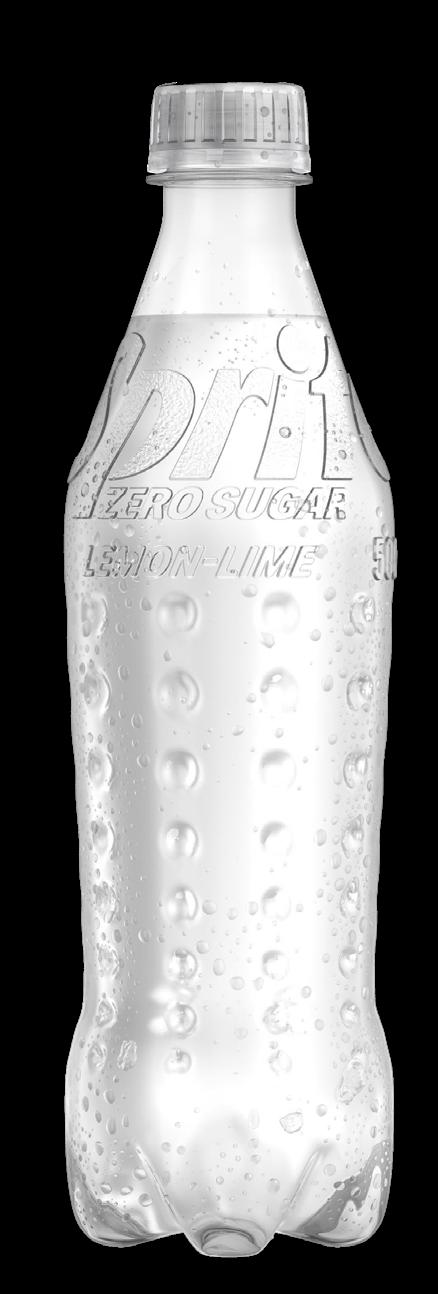

Pringles launches a new ‘designed for recycling’ paper-based tube
Kellanova Europe, the company behind Pringles, has introduced redesigned packaging for the iconic snack, featuring a paperbased bottom instead of metal.
This new tube maintains Pringles' signature cylindrical shape, ensuring the crisps remain neatly stacked and adding a fun element for consumers.
The paper-based tube not only protects the chips and preserves their flavor but also meets Circular Design guidelines, making it widely recyclable.

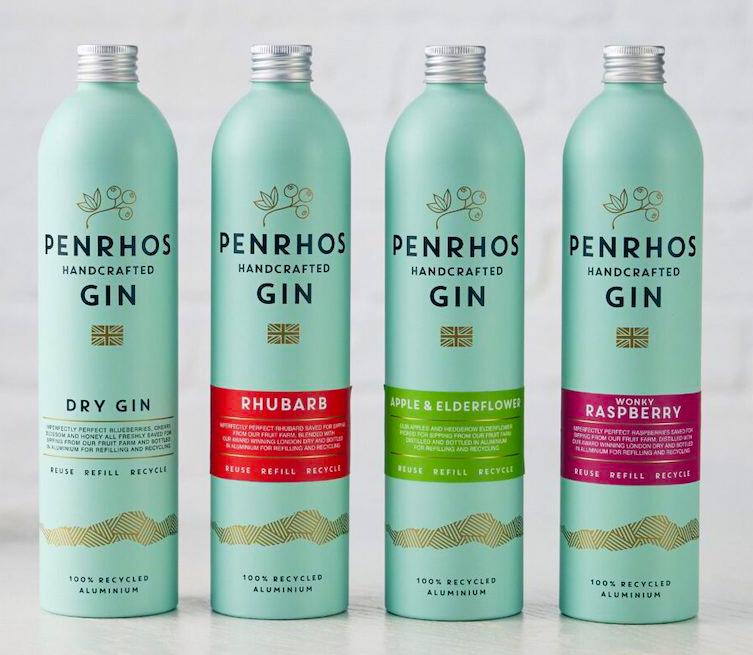

Nescafé has launched a significant rebranding endeavor to revitalize its image in response to the evolving coffee landscape.
The visual aspect of the rebrand features a heightened Nescafé logo on all packages and the integration of coffee bean imagery, underscoring the brand’s dedication to coffee.
Moreover, each jar and package prominently display the assertion “100% responsibly sourced coffee,” spotlighting Nescafé’s commitment to sustainability by utilizing meticulously chosen, responsibly cultivated coffee beans from diverse regions globally.

Harpic, owned by Reckitt, is launching the Harpic Hygienic & Fresh Sticker, a toilet block designed to be placed directly inside the bowl, eliminating the need for a plastic cage or applicator.
This innovative product aims to minimize plastic use and revolutionize the category by providing an eco-friendlier solution.
The sticker can be easily attached to the toilet bowl, addressing consumers' concerns about handling germ-laden cages, or disposing of plastic. Each block gradually dissolves with each flush, providing a lasting fresh fragrance for up to two weeks.
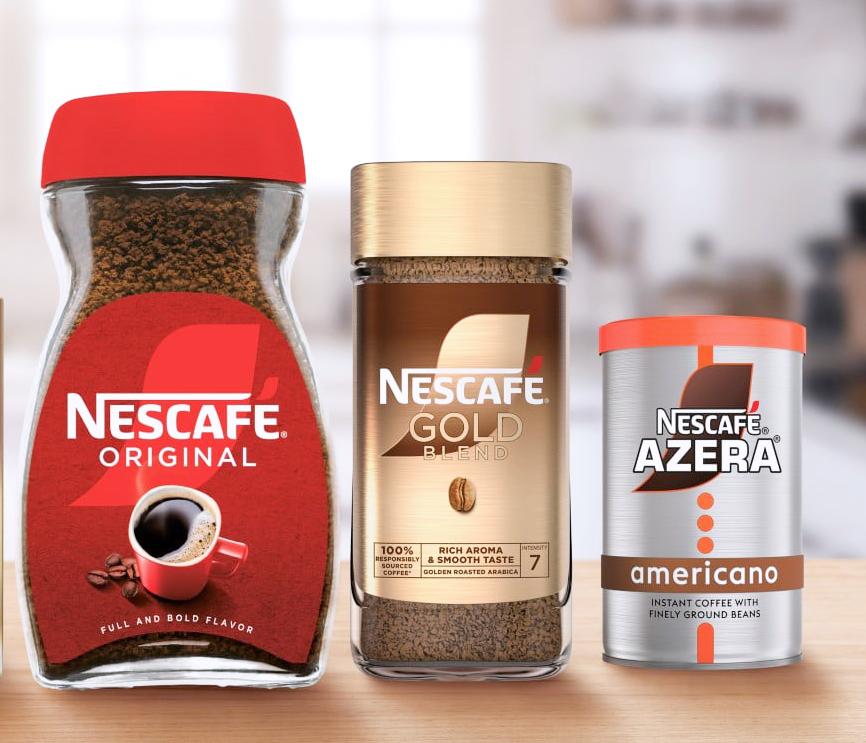

Iconic vegan spread brand Flora has unveiled what is thought to be a world-first – plastic-free, recyclable paper tubs for its plant butter spreads.
Intended to replace 25,000 tonnes of yearly plastic waste, these tubs employ compressed wet paper fibers from a PEFC-certified source.
Waterproof and oil-resistant, they lack plastic liners, enabling recyclability in local paper waste streams, verified by a top European recycling company.
The tubs earned Conventional Plastic Free certification and aim for home compostability certification by 2025
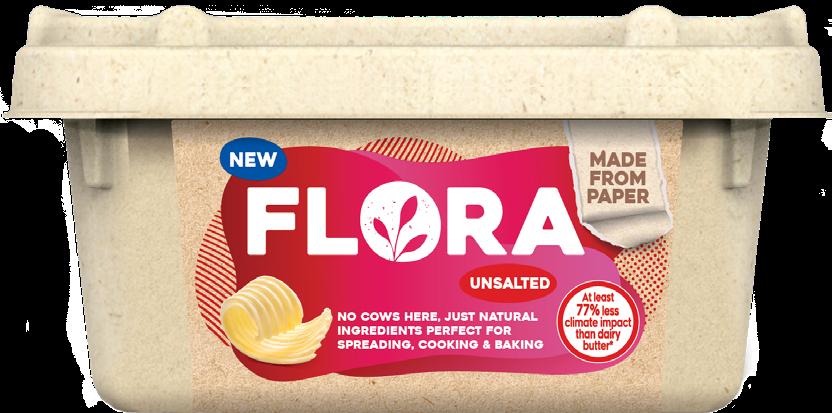



Spearheading Kenya's Transition to Sustainable Waste Management


In Kenya, many companies strive to envision a future where environmental sustainability surpasses the present state. This aspiration has become imperative, particularly with the recent government ban on single-use plastics. In an interview with Sustainable Pack & Print Africa, James Odongo, Chief Executive Officer at Kenya Extended Producer Responsibility Organization (KEPRO), elucidates, "the necessity to strike a balance between the environmental impact of packaging materials and the economic benefits derived from their production led to the establishment of KEPRO."
Kenya still struggles as far as recycling is concerned, with country having a recycling rate of 8%, according to statistics from the Ministry of Environment and Forestry. It is estimated that Kenya generates between 3,000 to 4,000 tonnes of waste per day, the majority of which originates from urban areas. According to the World Bank, the country's capital, Nairobi, generates between 2,000 to 2,500 tonnes of waste per day.
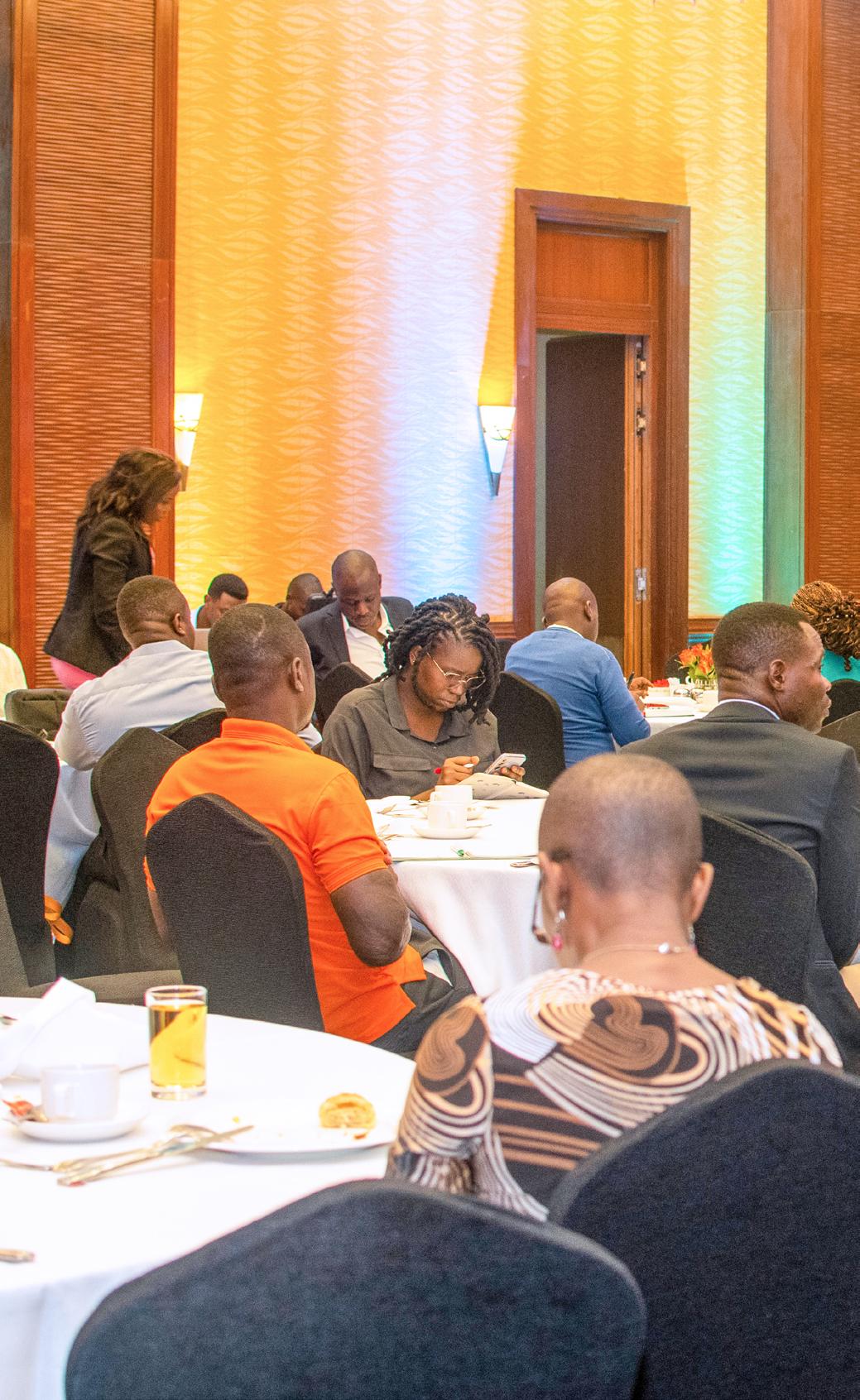
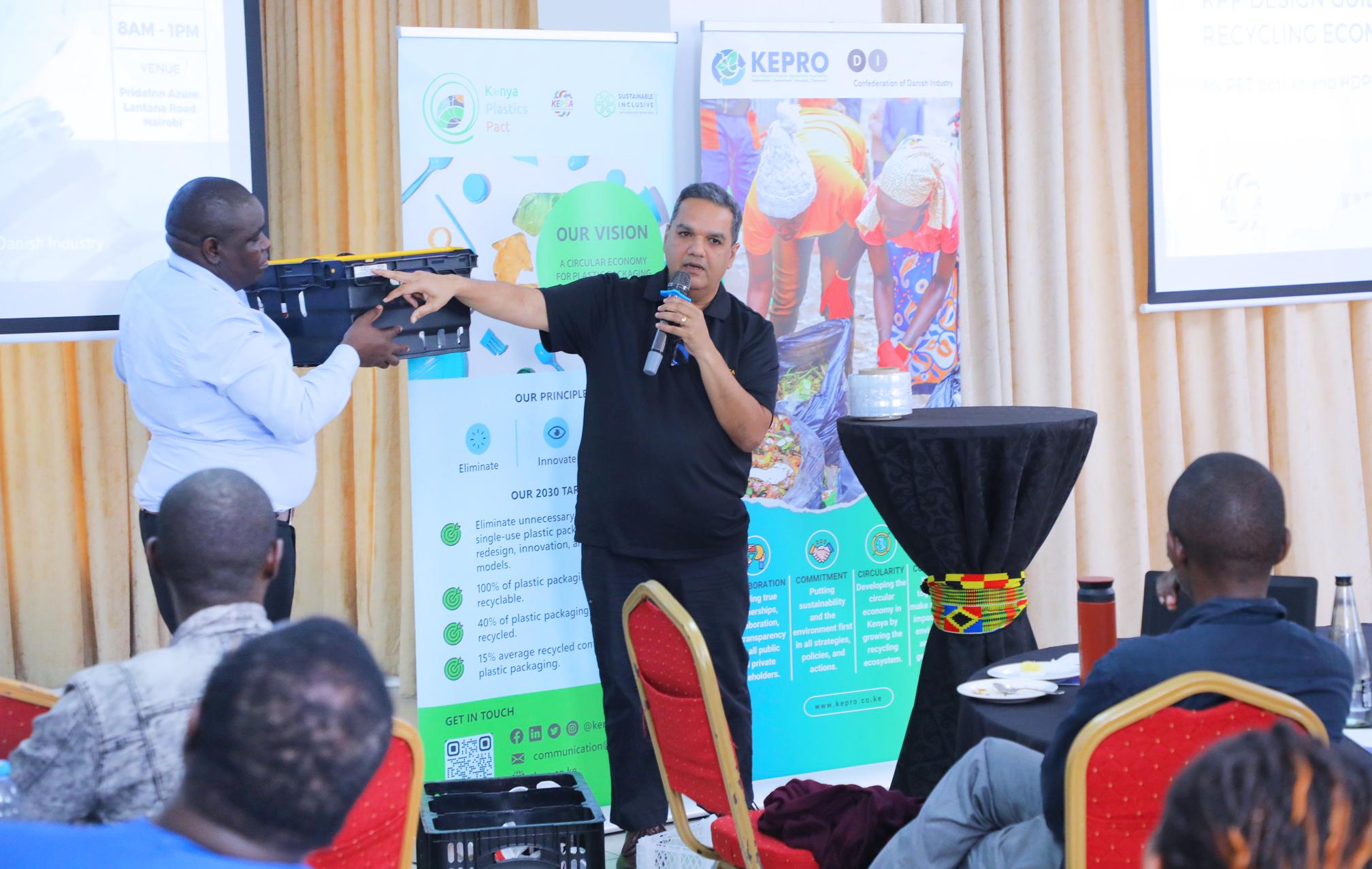
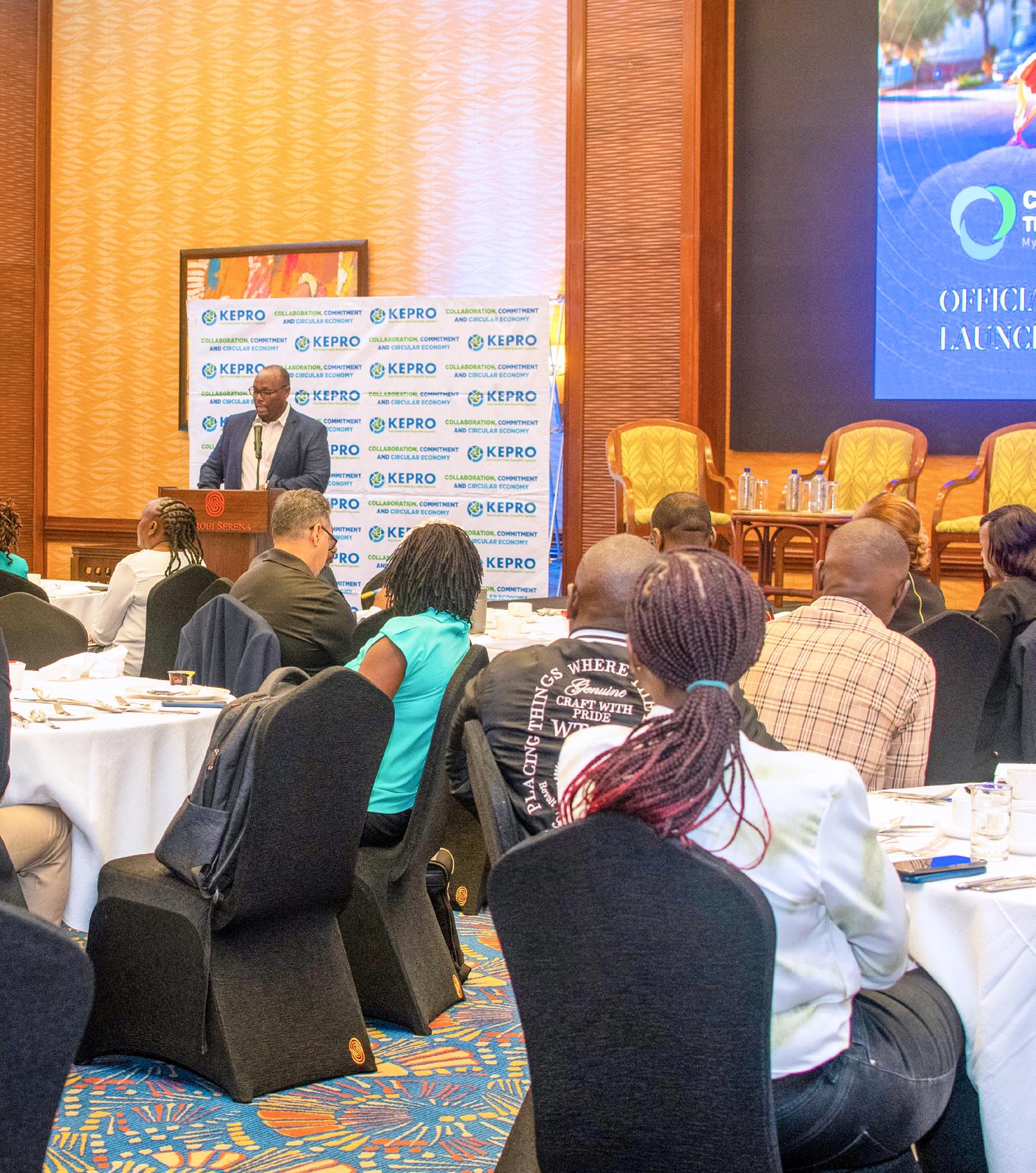
The proportion is significant in relation to the total waste generated in the country due to the city's dense population and high rate of urbanization. The rest of the waste finds its way to landfills and dumpsites. However, KEPRO, a producer responsibility organization, is on a mission to change this narrative, “we are championing a change from linear economy to a recycling one,” asserts Mr. Odongo.
KEPRO's genesis traces back to 2017 when the Kenyan government contemplated banning single-use plastic products due to environmental concerns. Private sector stakeholders urged the government to seek viable solutions. As James explains, “You cannot ban products in perpetuity, there was a need to find a solution where you're balancing, the environmental effects of some of these packaging material fractions, and the gains generated in the economy through production of such products.” This catalyzed an industrydriven initiative by the Kenya Association of Manufacturers, resulting in the Kenya Action Plan's formulation in 2019.
To find a solution, an industry led initiative was formed to look for better ways to manage plastic. This included a benchmark mission to Denmark where extended producer responsibility had already been embedded. “So, there was a mission to Denmark to understand what was going on there,” explains James. Two years later, this initiative later led to embedment of the Extended Producer Responsibility (EPR) in Kenya.
This plan provided the basis for the establishment of the first producer responsibility organization business model, which eventually led to incorporation of KEPRO in January 2021. As James explains, KEPRO primarily focuses on managing post-consumer waste and nonhazardous products, with a specific emphasis on flexible plastic and other material functions.
As a nonprofit entity, KEPRO operates on behalf of its members under the extended producer responsibility model. “KEPRO is fully owned by its members,” asserts Mr. Odongo. The organization's structure comprises a board of directors and a secretariat, led by the Chief Executive Officer and subdivided into functional departments such as communications and finance, operations and G4G programs. “The secretariat mirrors the board of directors,” explains James. KEPRO collaborates with various board-level committees to ensure effective governance and decision-making.
In terms of membership and premiums, KEPRO provides cost-effective compliance schemes that ensure support for the unique needs of producers. The organization requires members to register on their website, which is simple, confidential, and self-service. Membership also makes you a shareholder. Priyen Tanna, Lead Technical Consultant KEPRO explains, members are not entitled to dividends. "So, when you join, you essentially become a shareholder of the not-for-profit company." The idea here is to use your money efficiently, minimize losses, and, most importantly, comply with the law. The minimum membership period is one year.
Once you become a member, the organization requires producers to "do what we call monthly volume declarations," says Priyen. This refers
TO ATTAIN ONE KILOGRAM OF FLEXIBLE PLASTIC, YOU NEED TO COLLECT 200 PIECES OF BREAD BAGS.
to the amount of packaging or product that you are putting in the market, which KEPRO will handle on your behalf. There is a fee level that the system generates upon submission of the declaration. "Once you pay, the liability is passed on to us, and we ensure that the volume is collected and managed," asserts Tanna.
The organization has implemented a streamlined system comprising three distinct membership categories, aimed at ensuring the efficient and equitable collection of waste based on the volume generated by its members. These categories have been carefully designed
to accommodate various stakeholders and their specific production capacities:
Visionary: This category, formerly known as Raw Material Compounders, Manufacturers, and Packaging Users Tier 1 & 2, or those producing over 3,500 MT (Annual Packaging in Metric Tons), represents industry leaders committed to sustainability and waste management. The membership fee for Visionary members is KES 100,000 Excl. VAT.
Champion: Formerly categorized as Packaging Users Tier 3 & 4, Supermarket Retailers, or entities generating between 2,001 to 3,500 MT (Annual Packaging in Metric Tons), Champion members play a vital role in promoting responsible packaging practices. The membership fee for Champion members is KES 50,000 Excl. VAT.
Supporter: Geared towards Packaging Users Tier 5 & 6, small businesses, or those generating 0 to 2,000 MT (Annual Packaging in Metric Tons), the Supporter category acknowledges the importance of inclusivity and encourages participation from all stakeholders. The membership fee for Supporter members is KES 5,000 Excl. VAT.


This tiered approach ensures that organizations of varying sizes and capacities can participate in the waste collection efforts, promoting a more comprehensive and effective waste management strategy.
Just like all other Producer Responsibility Organizations, KEPRO aims to make the country a cleaner place for everyone. According to James, implementing individual waste collection and recycling schemes is not feasible in the long term. In this regard, the organization collaborates with producers and manufacturers to collect waste on their behalf. It does so by issuing premiums equivalent to the amount of waste produced at a specific time, whether it be monthly, quarterly, or yearly.
The organization has since expanded its scope to include glass, metal, and composite materials. Its mandate is derived from the Sustainable Waste Management Act 2022 (SWMA). This act requires all producers and players introducing packaging material into the market to track its lifecycle to ensure safe disposal and safeguard the environment. "Any individual or company that produces or manufactures a product in Kenya is subject to these regulations," emphasizes Priyen Tanna, Technical Lead Consultant at KEPRO.
In its operational tenure, KEPRO has made significant strides in collecting and converting over 9,500 metric tonnes of post-consumer flexible plastic, notably bread bags. “To attain one kilogram of flexible plastic, you need to collect 200 pieces of bread bags,” elaborates James adding that this
work is quite intensive. This was made possible through contracts with recyclers and extensive awareness and capacitybuilding efforts targeting consumers. KEPRO has also spent a significant amount of money on awareness and capacity building initiatives, impacting over 2,000 individuals directly. Additionally, the organization has emerged as the largest producer responsibility organization in the country with around 650 members.
In addition to recycling and waste collection, KEPRO also organizes public awareness campaigns to educate consumers about the regulations and legislation periodically. The organization utilizes social media platforms and organizes webinars with industry stakeholders to discuss issues affecting the industry. In addition, the recently launched ConsumerLed Transformation Program aims to sensitize the public to own their waste. According to James this helps avoid naming and shaming as everyone owns the waste and collaborates in the management.
Moreover, KEPRO has established recycling facilities equipped with state-of-the-art machinery and technology to process various types of waste. These facilities enable the efficient recycling of materials such as plastics, paper, glass, and metals.
According to James, the organization has also invested in research and development to explore innovative recycling techniques and technologies. They continuously strive to improve recycling processes and discover innovative methods for recycling difficult materials. Through these initiatives,
KEPRO is actively working to accelerate recycling in Kenya, reduce waste, and promote a more sustainable and environmentally friendly future.
The organization also partners with authorities at both the national and county levels. “We work closely with NEMA either by design or by choice,” asserts James. NEMA has been on the forefront in supporting manufactures and PROs to comply with the law. As James says, “We continuously engage with NEMA almost on monthly basis to share progress and ideas in the waste management practices.”
As stated in the Constitution of Kenya, waste management is a devolved function, which means that it is managed at the county level. “We are engaging with different counties governments on a project-by-project case,” adds Mr. Odongo. For instance, KEPRO launched a material recycling facility in Kissi in collaboration with the county government, a case different from Mombasa County in that, in Mombasa there is a material recovery facility but the technical expertise to efficiently operate it is missing.
According to Mr. Odongo, the organization is in conversation with Taita Taveta county. To effectively engage all 47 counties in Kenya, James underscores that there's a need to have a common denominator. “We are trying to engage the council of governors to effectively reach all the countries,” explains James.
Waste management in the country is a complex problem caused by various issues. Existing laws and regulations governing waste management have weak enforcement measures, which allow for waste-related offenses such as illegal dumping and littering.
Despite the huge volume of waste generated in the country yearly, poor quality of waste gets to the recyclers, this phenomenon hinders recycling rate. As James explains, missed waste make it harder to recycle as there is need of additional sorting and segregation at the recycling facility. To combat this, “we need to sensitive people on the importance of segregation at source and avoid dumping,” clarifies Mr. Odongo.
For KEPRO gazettement of EPR regulations will give clarity to waste management. This will ensure that the industry can move in the same direction as far as waste management is concerned. In addition, James expects a more woke society in terms of proper disposal of waste, “We hope for more appreciation of waste as a resource by majority of public, demystifying the narrative of waste being trash.”
Recognizing waste as everyone's responsibility will greatly help in transition to a circular economy from the current linear economy. As James concludes, “Be ambassador of change by properly disposing of your waste. Segregate your waste where possible and if not just have it in one bin.”

Advertise in the No.1 Publication and Website on Sustainable Business in Africa and the Middle East



WHY ADVERTISE IN SUSTAINABILITY MIDDLE EAST & AFRICA
• We have 10+ years of deep knowledge and experience in the food industry in Africa.
• We’re the top trade magazine publisher in Africa, covering food, beverage, packaging, agriculture, healthcare, and general business sectors.
• Our respected magazines are available in digital format, providing global exposure for advertisers.
• Reach decision-makers in equipment, ingredient, chemical, and packaging purchases. Our publications stand out in a crowded market.



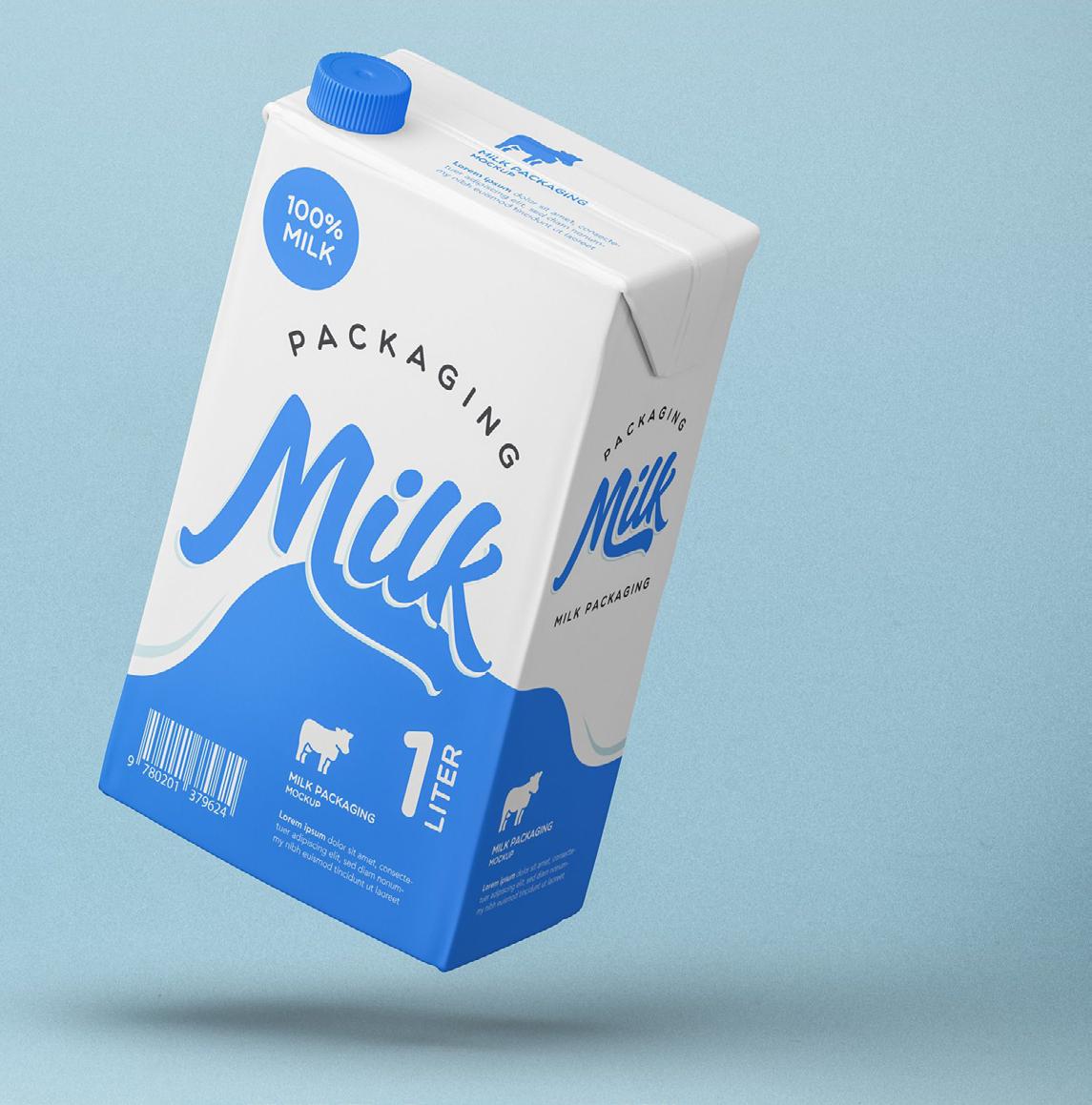
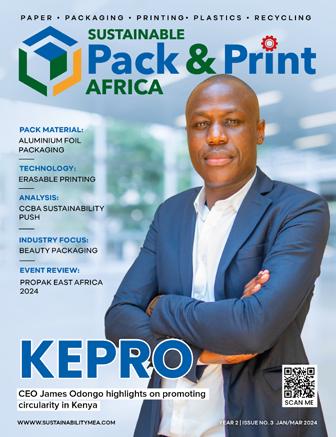
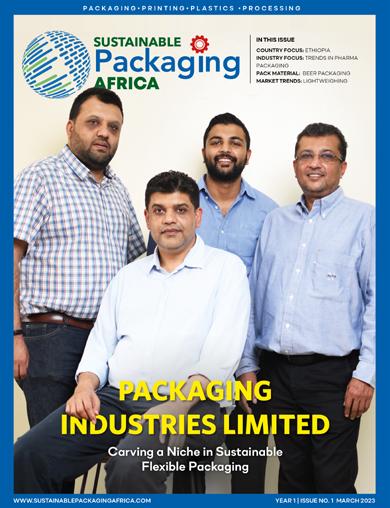
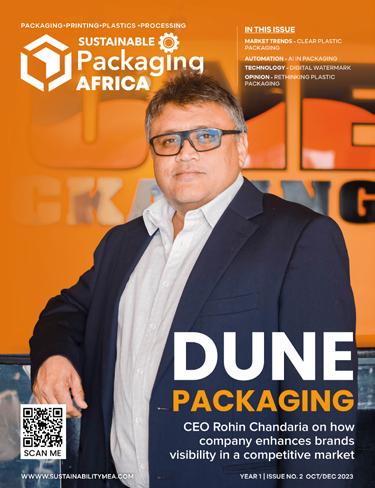



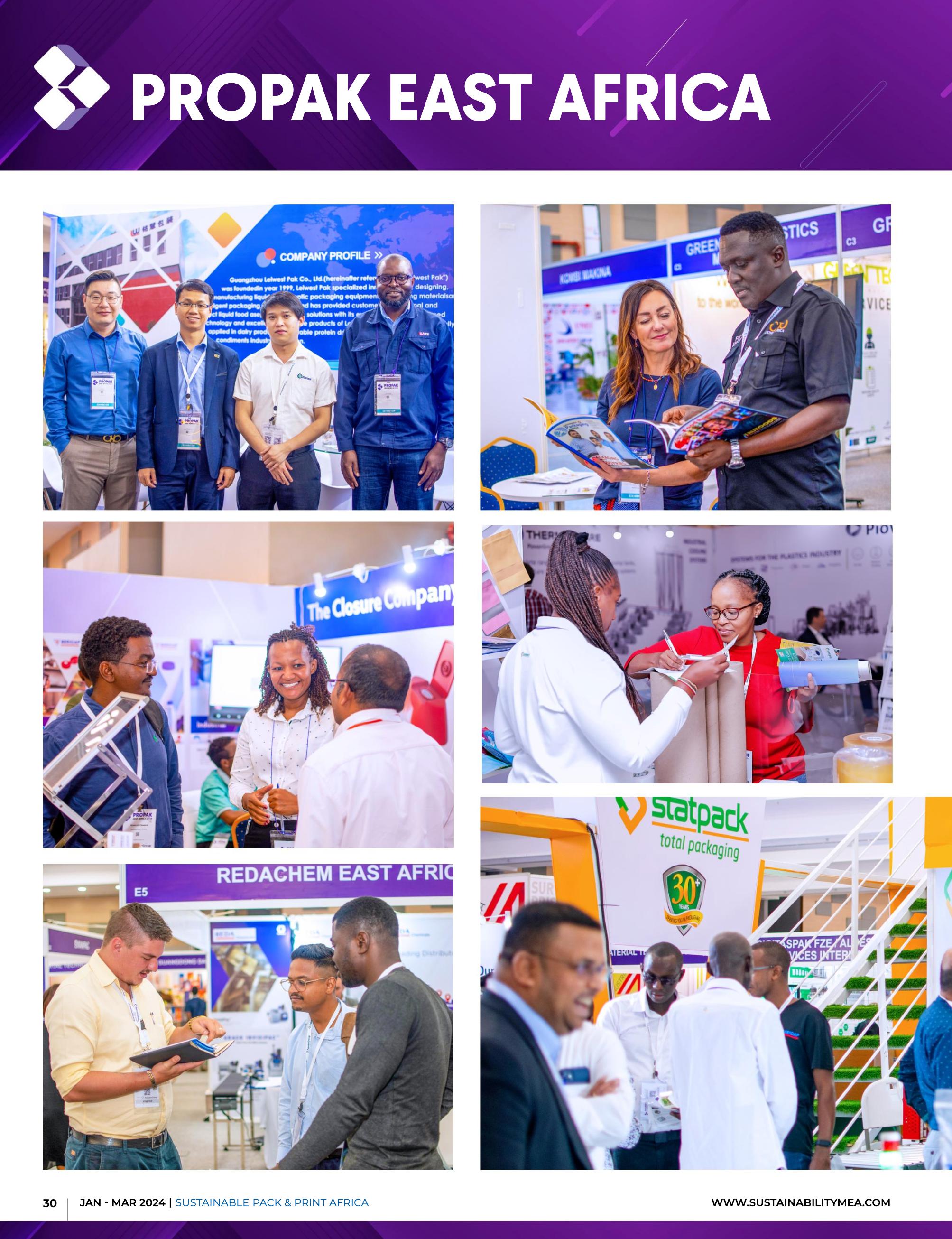
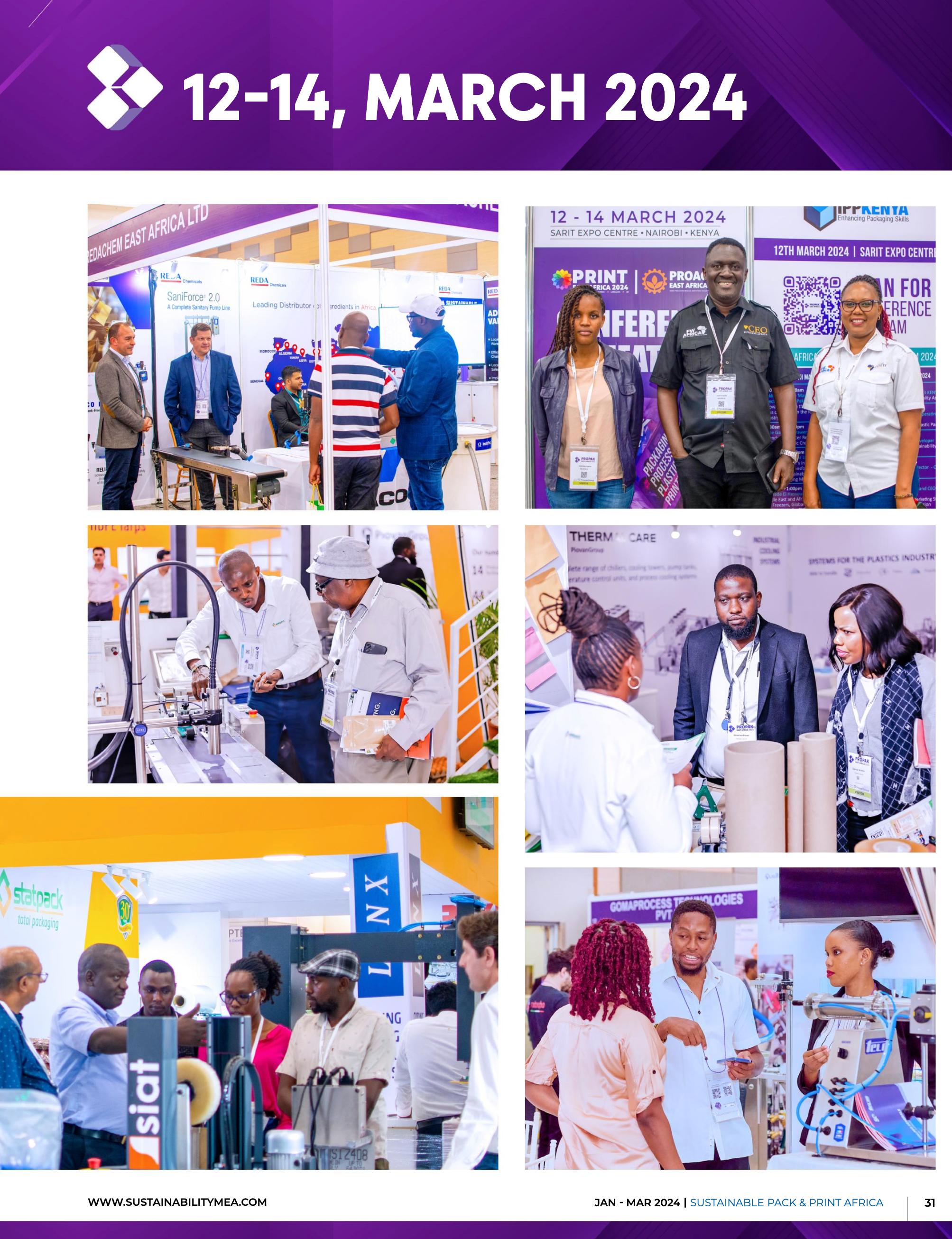

In an era where sustainability is becoming increasingly paramount, the beauty industry is undergoing a transformative shift towards eco-conscious practices. Among the forefront of this movement are innovative packaging solutions that combine style with sustainability. From recycled materials to refillable designs, beauty packaging is evolving to meet the demands of environmentally conscious consumers while maintaining the allure and functionality that beauty products require.
Consumer demand for sustainable beauty packaging has reached new heights, with an

overwhelming 81% of consumers now seeking eco-friendly alternatives for their favorite beauty products, according to a CleanHub survey. This surge in demand has prompted beauty suppliers to reconsider traditional packaging methods and adopt innovative solutions that minimize environmental impact without sacrificing quality or aesthetics. Let's delve into the key trends shaping the future of beauty packaging.
One of the most prominent trends in beauty packaging revolves around sustainability. Consumers are increasingly conscious of the environmental impact of their purchasing decisions, prompting brands to adopt ecofriendly packaging solutions. From recyclable materials to refillable containers, the emphasis is on reducing waste and carbon footprint. Companies are leveraging innovative materials such as recycled plastics, biodegradable alternatives, and reusable packaging to align with sustainability goals while maintaining product integrity.
For instance, a notable collaboration between SK Chemicals and The Estée Lauder Companies exemplifies this commitment by introducing materials designed for recyclable packaging.
SK Chemicals' innovative Ecotria CR and Skypet CR utilize chemically recycled polyethylene terephthalate (PET) waste, while Ecozen Claro offers a BPA-free semi-crystalline copolyester grade known for its clarity and chemical resistance. Through advanced chemical recycling processes, waste plastic is transformed into raw materials, promoting a circular approach to plastic usage.
In a similar vein, FusionPKG introduced its recyclable Mix & Match glass collection, which includes various sizes, cap designs, and actuator styles, along with certified recyclable pumps. Manufactured at EcoVadis-recognized facilities, these packages incorporate waste-heat recovery and energy-efficient technologies to minimize environmental impact.
FusionPKG's commitment to sustainability extends to its New Prestige Collection, which includes monomaterial, double-wall airless, and atmospheric glass pumps made from recyclable

components. Leveraging polypropylene pump engine technology, these designs prioritize recyclability without compromising aesthetics or performance.
Refillable beauty products function as you would expect. Once you've finished a product, instead of discarding the entire package, you simply purchase a refill. The refills typically come in minimalist, recyclable packaging, resulting in much
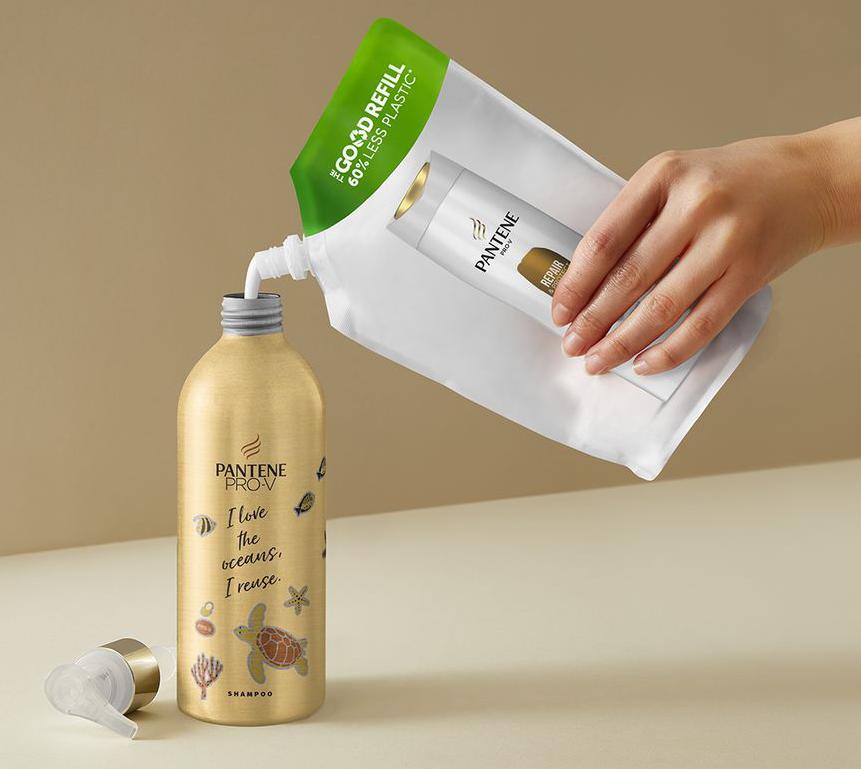
less waste than traditional beauty products. They are designed to fit perfectly into the original, often beautifully crafted, and durable containers.
The advantage of refillable systems is not just environmental; it's economical as well. As consumers only need to invest once in the more durable primary packaging, refills often cost less than the full product. This approach not only saves consumers money over time but also reduces energy consumption and carbon emissions associated with producing new packaging.
For instance, since 2012, the L'Occitane de Claudio Coello store in Madrid has been using fountains to refill aluminum bottles with your favorite shampoo and body soap from the Verbena and Verbena Cítrica brand.
The French brand explains that the fountain is made of cellulose and cast and features a smart mechanism with sensors that enable customers to easily refill their products. Furthermore, L'Occitane also offers eco-recharges, which are reusable packages that customers can use to save money and contribute to a cleaner planet.
Hair product brands of the P&G group, such as Pantene, Head & Shoulders, Herbal Essences, and Aussie, have recently introduced their 100% reusable aluminum bottles and refillable shampoos with 60% less plastic than standard ones.
“Redesigning and rethinking new refill packaging systems without compromising aesthetic or product protection functions will become more of a priority for the beauty industry,” says Fabio Manzoni, group marketing manager, Lumson.
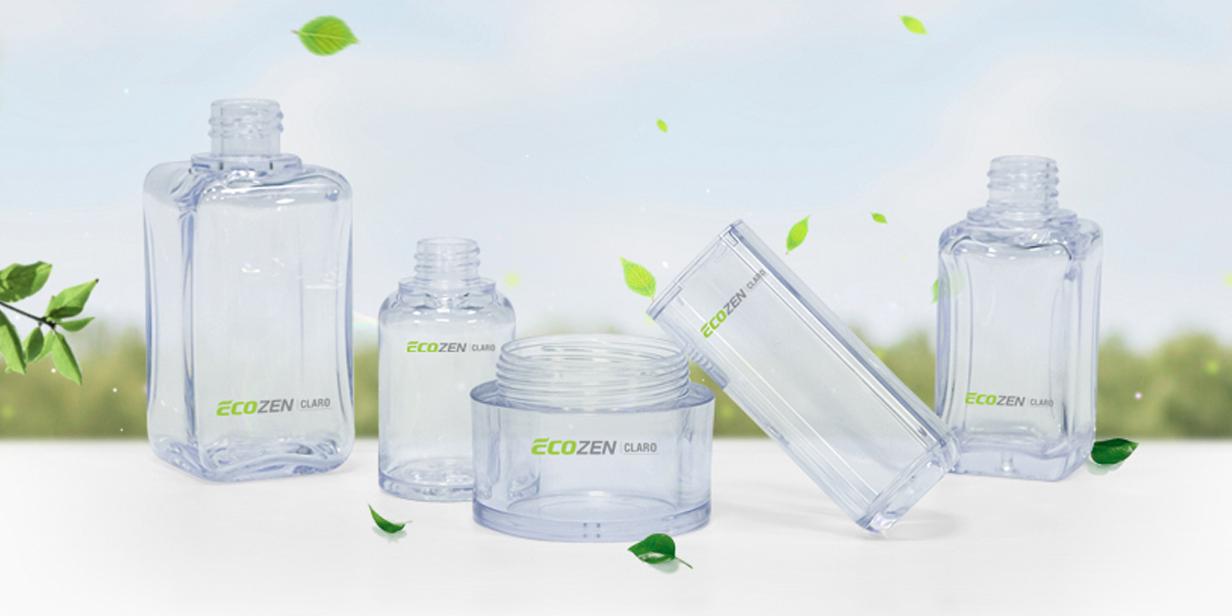

In line with the minimalist lifestyle trend, beauty packaging is embracing simplicity and elegance. Clean lines, sleek designs, and monochromatic color schemes exude sophistication while emphasizing product quality. Brands are opting for minimalist packaging that reflects a sense of luxury and timelessness, appealing to consumers seeking understated elegance in their beauty routines.
Two22, a luxury skincare brand, employs folding carton boxes while incorporating understated yet visually appealing elements. Attention to detail is evident, from the meticulously foil-stamped logo to the delicately embossed outline of a serum bottle.
Two22 demonstrates a keen understanding of packaging design. They have achieved an elegant and minimalist aesthetic with a pristine white exterior, accentuated by a vibrant burst of color on the inside of the box.
Personalization has become a key driver of consumer engagement in the beauty industry. Brands are leveraging technology to offer customizable packaging options, enabling consumers to personalize products according to their preferences.
From engraved initials to bespoke color choices, personalized packaging creates a sense of exclusivity and connection with the brand. Furthermore, interactive packaging elements, such as QR codes linking to virtual tutorials or augmented reality experiences, enhance consumer engagement and brand storytelling.
Advancements in materials science and technology are driving innovation in beauty packaging. Biodegradable polymers, plant-based plastics, and compostable materials are revolutionizing traditional packaging formats by providing sustainable alternatives that do not compromise on performance or aesthetics.
Furthermore, smart packaging technologies, such as NFC tags for product authentication or temperature-sensitive labels, enhance product functionality and provide valuable insights into consumer behavior.
Diversity and inclusivity are not only shaping product formulations but also influencing packaging designs. Beauty brands are embracing diverse representation in their packaging imagery, catering to a broader spectrum of skin tones, hair textures, and cultural backgrounds. Inclusive packaging designs resonate with consumers who seek authentic representation and celebrate the beauty of individuality.
As the beauty industry continues to evolve, packaging remains a dynamic and integral component of brand identity and consumer experience. By embracing sustainability, innovation, personalization, and inclusivity, beauty brands can stay ahead of the curve and build stronger connections with their audience.
Moving forward, the convergence of these trends promises to reshape the future of beauty packaging, creating more sustainable, engaging, and inclusive experiences for consumers worldwide

Aluminum foil packaging has become an indispensable part of the packaging industry, offering a wide range of benefits such as durability, flexibility, and excellent barrier properties. Valued at US$27.87 billion in 2024 by Mordor Intelligence, the aluminum foil packaging market size is expected to reach US$35.47 billion by 2029, growing at a compound annual growth rate (CAGR) of 4.94% during the forecast period (2024-2029).
The aluminum foil protects against moisture, light, oxygen, and bacteria, which are critical requirements for industries such as food and beverage and pharmaceuticals. Aluminum foil is primarily used by the food and beverage industry. Aluminum composites prepared with paper products are in high demand due to the extensive dairy industry. Additionally, aluminum foil is 88% reflective and is commonly utilized for thermal insulation purposes. The aluminum sheet also provides a protective vapor barrier, making it ideal for use in food packaging.
As consumer preferences and environmental concerns continue to evolve, so do the trends in aluminum foil packaging. In this article, we will explore the latest trends influencing the aluminum
foil packaging industry and its applications in food, industrial, and pharmaceutical packaging.
The most important application of aluminum foil is insulation. It acts as a thermal insulation layer in pipes and ducts. In the construction industry, it is used as a vapor barrier by placing it on top of insulating materials like foam insulation and rock wool. Due to these properties, it is widely used in primary packaging for products that are sensitive to moisture, microorganisms, and oxygen over time.
It is one of the most preferred packaging materials for beverages due to its durability compared to other alternatives. To package 1000g of liquid, only 1.5 grams of aluminum foil are required for every 28 grams of lamination. This 1.5 grams ensures the protection, longevity, and reliability of the carton.
The demand for sustainable packaging materials has been increasing due to environmental concerns. Aluminum foil, being a highly recyclable


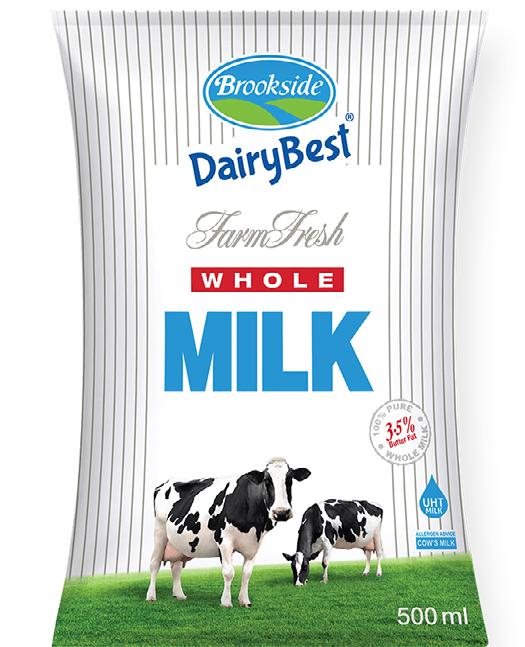
material, aligns well with the sustainability goals of consumers and businesses. Manufacturers can leverage this opportunity by promoting the recyclability and reusability of aluminum foil packaging. Additionally, exploring alternative materials that have a lower environmental impact, such as bio-based or compostable films, can further enhance the sustainability profile of aluminum foil packaging.
Sustainability in the aluminum foil packaging market also includes the manufacturing processes. By adopting energy-efficient practices, such as utilizing renewable energy sources, optimizing production lines, and implementing waste heat recovery systems, manufacturers can reduce greenhouse gas emissions and enhance the overall environmental footprint. Emphasizing energy efficiency and sustainable manufacturing practices can appeal to environmentally conscious consumers and businesses.
Aluminum is sustainable because of its abundant availability, durability, and ease of being recycled at very low energy costs. The energy required to manufacture aluminum is embodied in the
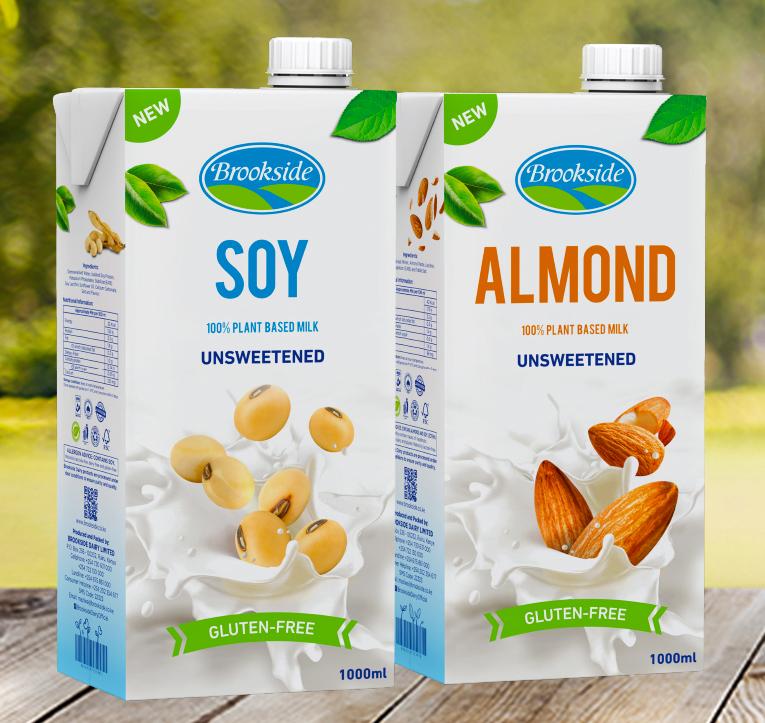
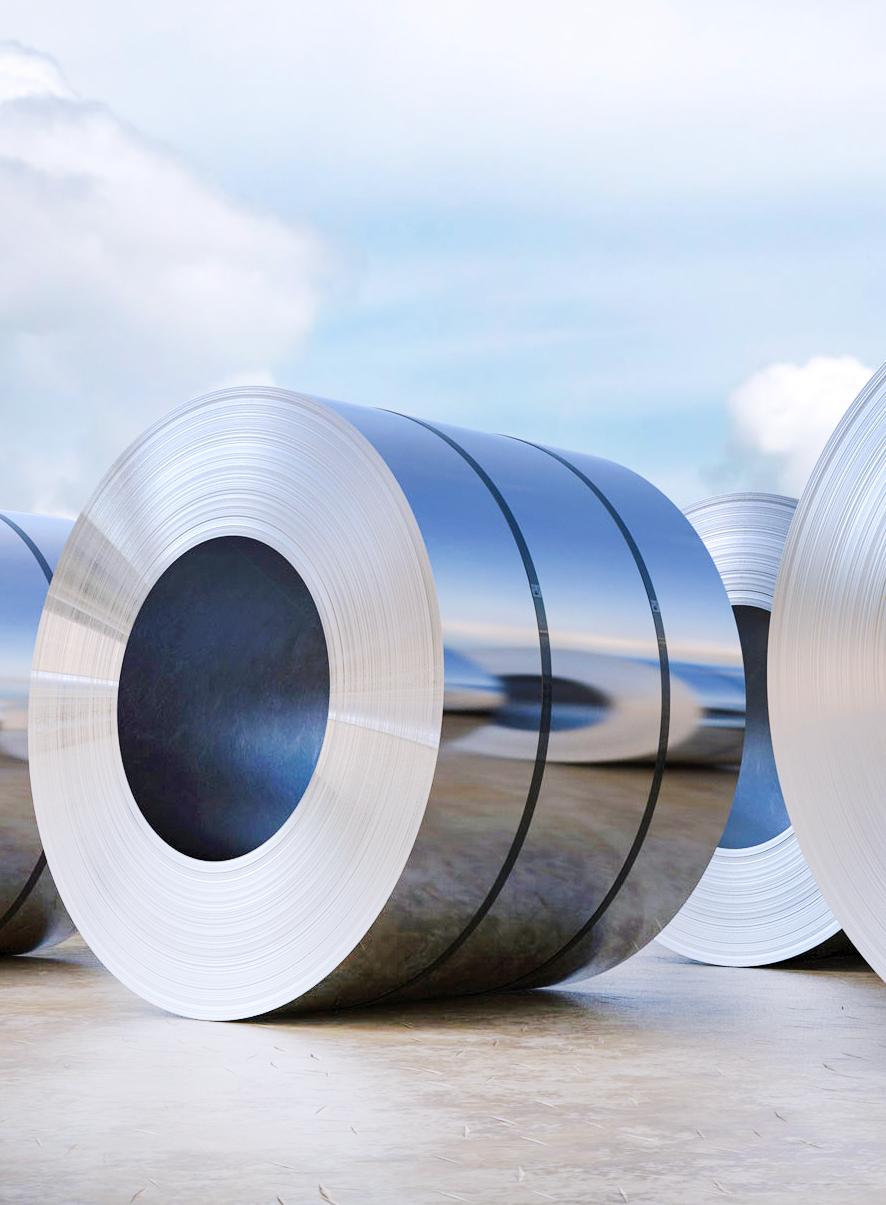
metal. Remelting aluminum to produce metal requires only 5% of the original energy. As a result, 95% of the initial energy investment is conserved in metal.
Aluminum foil packaging accounts for a negligible fraction of overall household waste, less than 0.5%. The aluminum industry is keen
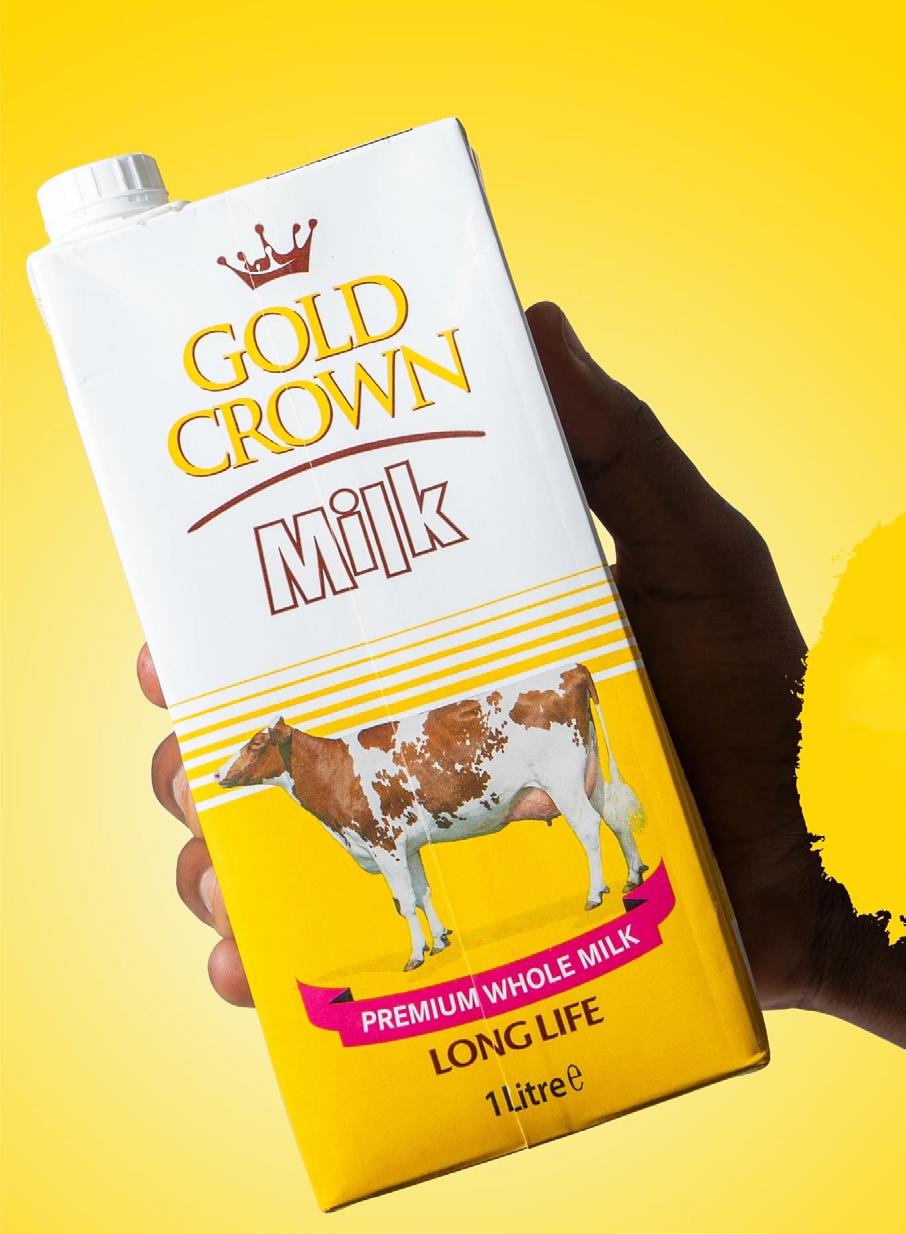

to reclaim this valuable raw material. Over the years, significant financial resources have been invested in researching new methods to produce sustainable aluminum. For instance, a recent collaboration in the beverage industry saw Amcor Capsules and Aludium join forces to introduce aluminum with a low-carbon footprint.
According to the US Energy Information Administration, approximately 60% of aluminum produced in the United States is recycled. Moreover, studies have shown that recycling 1 ton of aluminum preserves approximately 14,000 kWh of electricity, enough to power a 100-watt bulb for over 140,000 hours. Aluminium is one of the most valuable recyclable resources, and it takes just 60 days to recycle old foil into new aluminum.
The creation of thinner foils with increased strength qualities is one of the most significant developments in lightweight aluminum foil packaging. For instance, HTMM Aluminum Foil Co., Ltd. has developed cutting-edge manufacturing processes that enable it to produce aluminum foils thinner than ever before without compromising their structural integrity. This not only decreases the amount of material used but also reduces transportation costs and
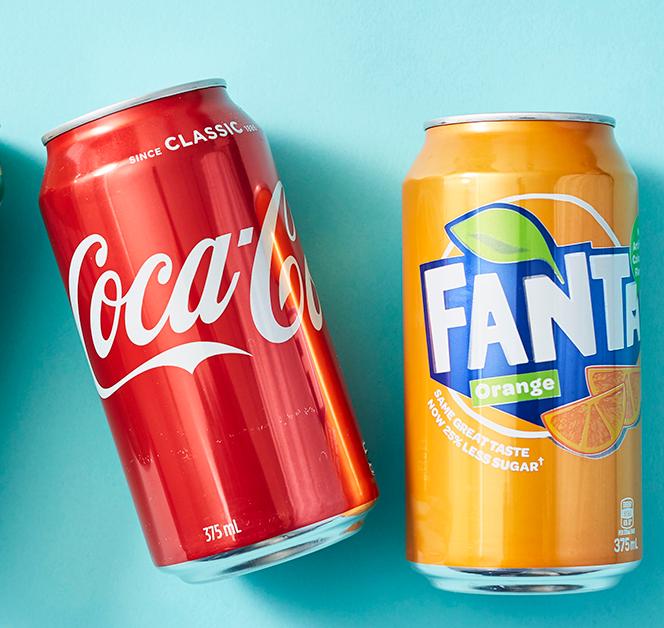
lowers carbon emissions.
Aluminum foil can be used in conjunction with other materials like PE and PET for aseptic carton packaging. The overall goal is to make packaging lighter. The thin layer eliminates the need for refrigeration and prevents spoilage without using preservatives.
Thinner foil also excels in heat conductivity. They are better at distributing heat evenly, which is crucial for tasks such as wrapping and covering dishes. Thinner foils conform more easily to the shape of the food, ensuring a snug fit and facilitating even cooking throughout the dish.
In an increasingly competitive market, brands are seeking ways to differentiate themselves on the shelves and engage with consumers. Aluminum foil packaging offers ample opportunities for customization and branding, enabling companies to effectively showcase their logo, brand colors, and messaging. From vibrant graphics to unique shapes and sizes, brands are leveraging aluminum foil packaging to create eye-catching designs that resonate with their target audience and reinforce brand identity.

Aluminum foil is rapidly gaining popularity in
ALUMINUM FOIL IS NOT RECOMMENDED FOR SALTY OR ACIDIC FOODS AS ALUMINUM IS PRONE TO LEACHING INTO FOOD WITH HIGHER CONCENTRATIONS
food and beverage packaging and is projected to play a crucial role in the industry's growth. It is frequently used in packaging dairy products, candy, and coffee. It is the safest option for food packaging and provides various benefits to the food industry. Food lifetime is extended, it is cheaper than other packaging materials, and packaging sizes can be customized However, aluminum foil is not recommended for salty or acidic foods. Aluminum is prone to leaching into food with higher concentrations, especially in acidic, salty, and liquid food
solutions like lemon and tomato juice. If these products are stored in direct contact with aluminum ions, they may be harmed. To reap the benefits of aluminum without the risk of dissolving aluminum ions, use a composite film liner.
ALUMINUM FOIL APPLICATIONS IN INDUSTRIAL PACKAGING
Industrial items must be shielded from odors, pollutants, and other harmful environmental conditions. To protect product integrity and adhere to OEM standards, these products should be packed in flexible foil packaging.
Aluminum foil is a robust and durable material that can withstand various handling and transportation conditions. It provides protection against tearing, puncturing, and other forms of damage, ensuring the integrity of the packaged products.
ALUMINUM FOIL APPLICATIONS IN MEDICAL PACKAGING Pharmaceuticals and other medical commodities
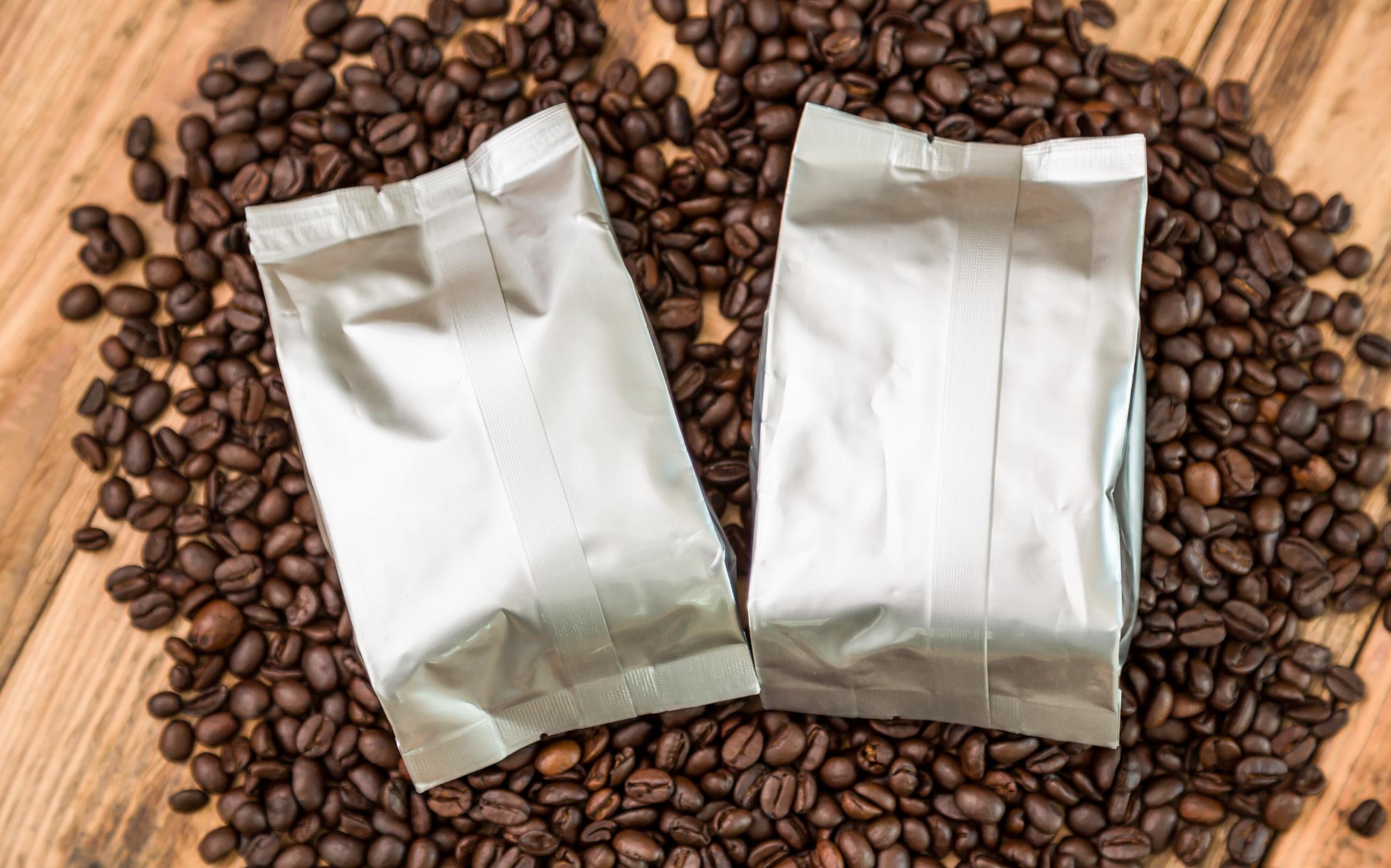

require a high level of product safety. Medicalgrade foil thicknesses of 20, 25, and 30 microns are most commonly used in pharmaceutical blister packaging. Aluminum packaging offers numerous advantages in the medical field.
Radiofrequency shielding is utilized in the medical field to create protective covers for delicate electronic instruments such as MRI machines, X-ray rooms, and other diagnostic equipment. Electromagnetic interference and radiofrequency waves can be shielded using aluminum foil.
Wound Dressings: Aluminum foil's reflective surface reduces heat loss from the body, creating a thermally insulating layer that helps protect the wound and promote healing. Aluminium strip packing foil for wounds has a soft temper and is 0.02-0.05 mm thick.
It is used in various dental treatments, such as the fabrication of temporary crowns. The foil serves as a mold, allowing for the creation of a prototype crown that closely replicates the shape of a natural tooth.
While aluminum foil packaging offers many advantages, there are limitations that also need to be considered. Aluminum foil packaging is typically susceptible to punctures and tears,
especially when it comes into contact with sharp or pointed items. If the foil is perforated even slightly, it can undermine the package's integrity, thus decreasing its effectiveness as a barrier against moisture, light, or pollutants.
Aluminum foil is not translucent, which means that the contents cannot be seen without unwrapping or opening the package. This constraint can be a disadvantage in situations that require visual assessment or identification of the packaged product. Unless specifically labeled as microwave-safe, aluminum foil should not be used in microwave ovens. Aluminum's metal characteristics can cause arcing, which could damage the microwave or create a fire hazard.
As consumer preferences, regulatory requirements, and industry innovations continue to shape the packaging landscape, aluminum foil remains a versatile and reliable choice for packaging applications across various sectors. By staying abreast of the latest trends in sustainability, lightweighting, convenience features, shelf-life extension, customization, and health and safety, manufacturers can capitalize on the growing demand for aluminum foil packaging and meet the evolving needs of consumers and businesses alike

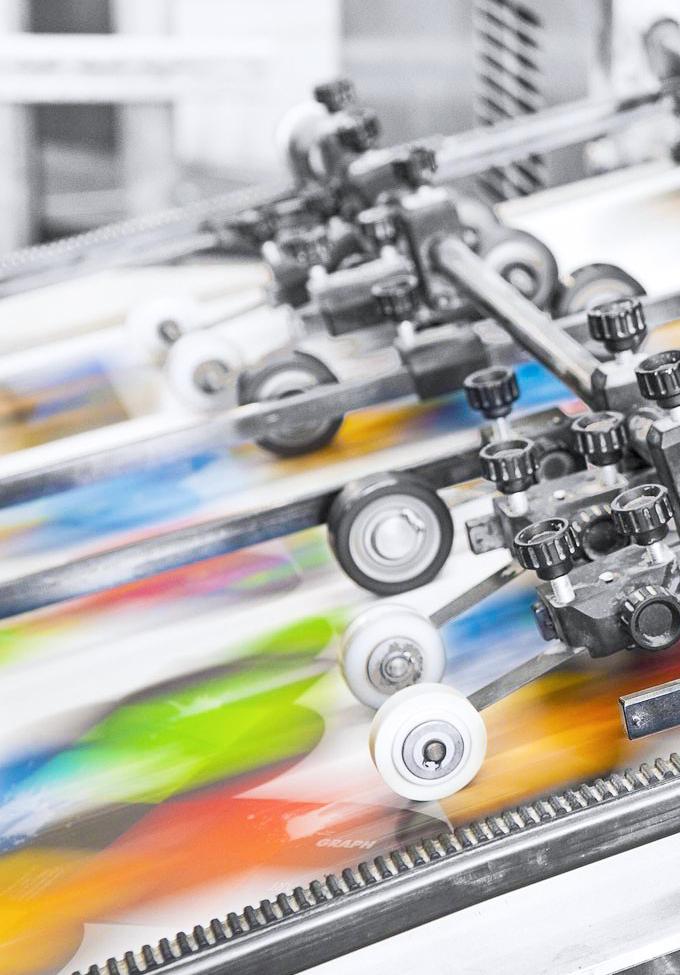
In today's digital age, printing technology has advanced significantly, offering faster, more efficient, and higher-quality printing options than ever before. One of the latest innovations in the printing industry is erasable printing technology, revolutionizing our approach to printed materials.
Erasable printing technology allows users to print documents, images, and other materials that can be easily erased and reused multiple times. This technology is particularly valuable in reducing paper waste and promoting sustainability by eliminating the need for constantly printing new copies of the same document.
How does erasable printing technology work? The key component of this technology is the special type of paper or ink used in the
printing process. The paper is coated with a heat-sensitive layer that reacts to heat, enabling the printed content to be erased when exposed to a specific temperature. This can be done using a special eraser or a heat source, such as a thermal printer. In this article, we will explore the benefits, origins, and potential drawbacks of this new technology.
The concept of erasable technology originated from Erasermate, an erasable pen developed in 1979 by the Paper Mate division of the Gillette Company. Despite correction fluids and tape being well-established methods for rectifying inky mistakes, covering up errors was hardly the ideal solution. Erasermate introduced a simple
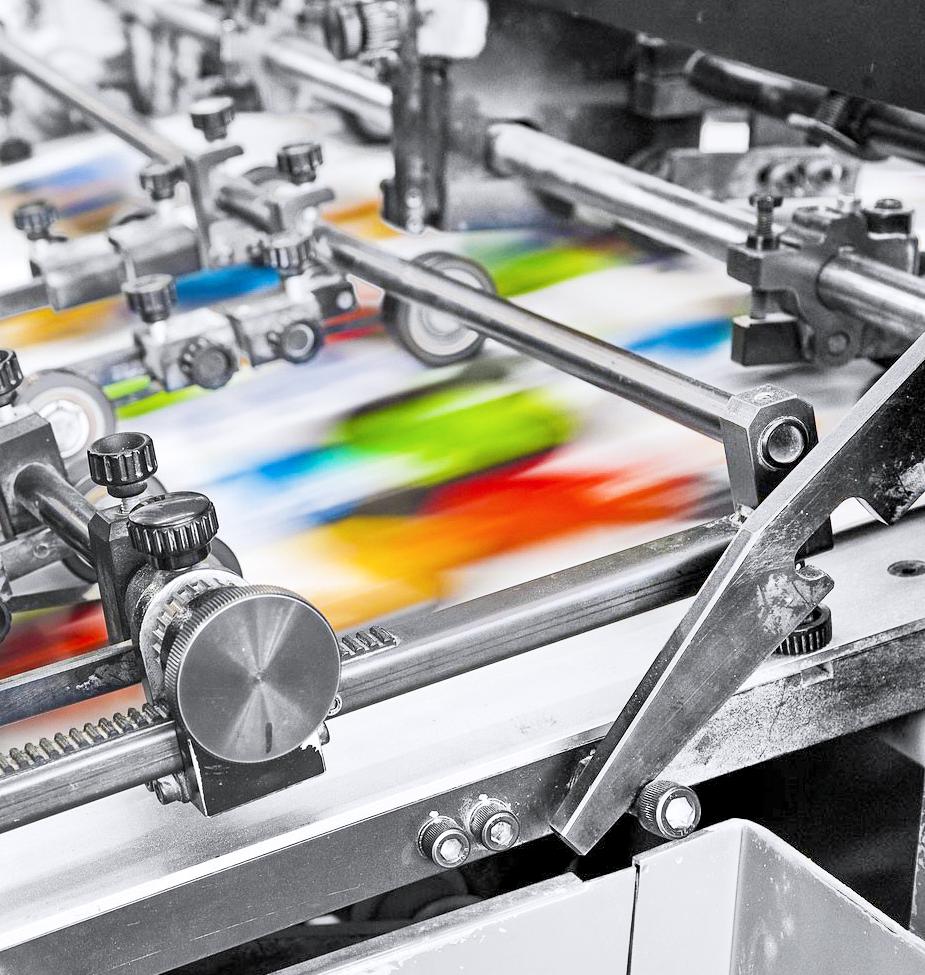
alternative: just remove them.
Fast forward nearly three decades to 2007, Pilot introduced their own erasable pen, the FriXion. These pens prove to be far more revolutionary than they initially appear. While the older Erasermate pens utilize ink contained in rubber cement during production to prevent absorption into the paper, FriXion pens operate on an entirely different principle for their erasability. In fact, one could argue that they're not truly erasable at all.
The development of erasable pens laid the groundwork for the advancement of erasable paper and printers in subsequent years. In 2009, scientists at Xerox Corporation invented a special paper and light-based print mechanism to generate prints with images that last only a

One of the main advantages of erasable printing technology is its cost-effectiveness. Instead of constantly buying new paper and ink cartridges, users can simply erase and reuse printed materials multiple times, saving both money and resources. According to Toshiba, if a sheet of paper is reused five times and 4,000 erasable pages are printed per month, users can reduce their paper usage by 80 percent.
This means that after five years, almost 200,000 sheets of paper can be saved by using erasable printing technology. It can last for five years instead of just one, making it an appealing option for businesses, schools, and individuals seeking to reduce their environmental impact.
Another benefit of erasable printing technology is its versatility. Users can print anything from notes and memos to temporary signage and labels, knowing they can easily erase and update content as needed. This flexibility makes erasable printing technology a valuable tool for organizations that require frequent changes to their printed materials.
Utilizing erasable printing equipment leads to an increase in production levels. It streamlines the functioning of the device and ensures that it can adapt to the workflows involved in document management. Whether you need to connect to third-party solutions or simply optimize your internal operations, erasable can help you improve the overall efficiency of your business. Simply put, it can be used to optimize internal operations and integrate with external solutions.
INSTEAD OF CONSTANTLY BUYING NEW PAPER AND INK CARTRIDGES, USERS CAN SIMPLY ERASE AND REUSE PRINTED MATERIALS MULTIPLE TIMES, SAVING BOTH MONEY AND RESOURCES.
Furthermore, erasable printing technology is also a great option for educational purposes. Students and teachers can utilize erasable printed materials for classroom activities, worksheets, and study aids, enabling easy corrections and revisions without the necessity for wasteful paper consumption.
While erasable printing technology offers many benefits, there are still some limitations to consider. One of the primary disadvantages of erasable printing technology is its limited durability. Erasable prints are more prone to fading and
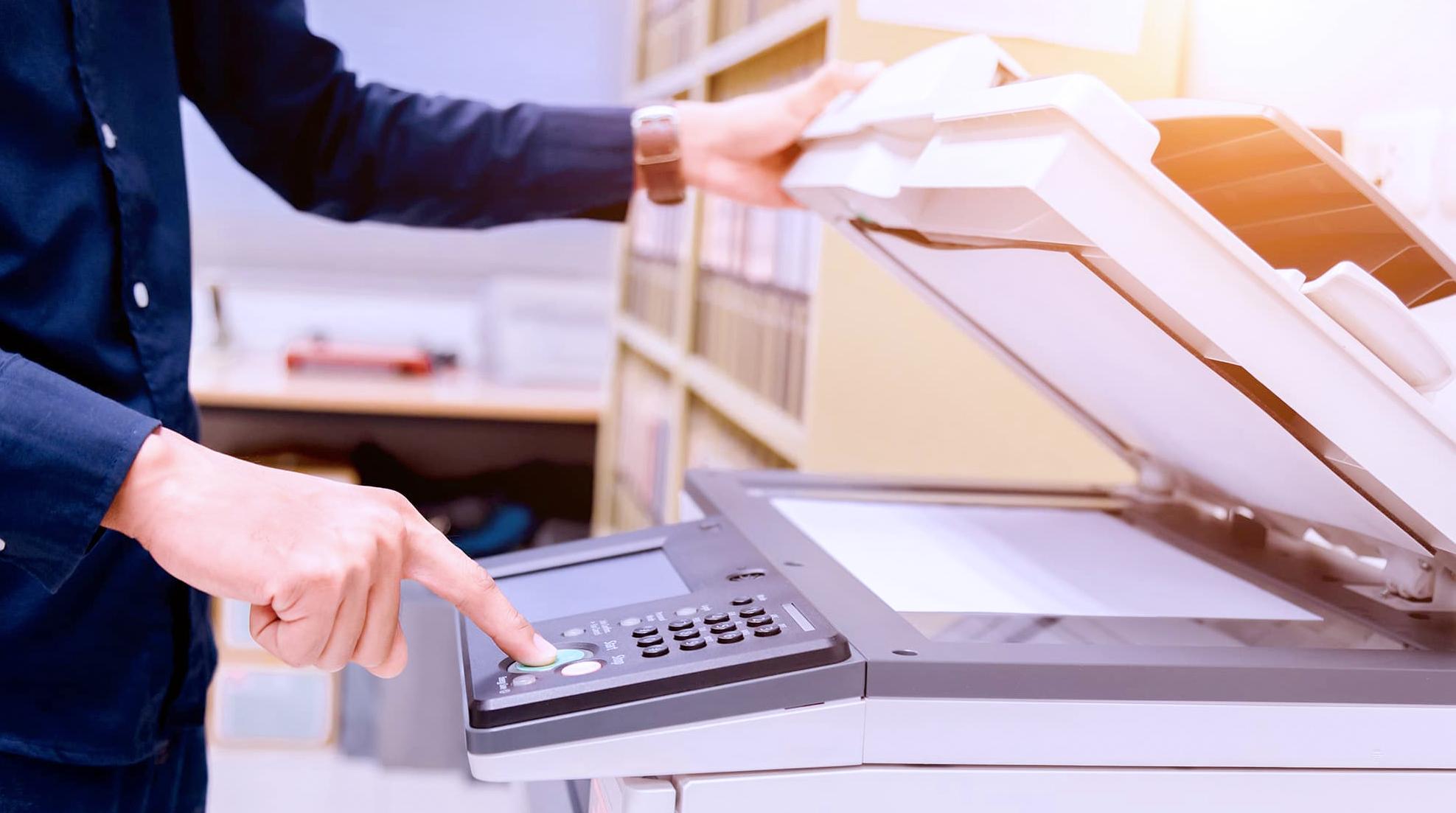

becoming illegible over time, particularly when exposed to light, heat, or friction. Unlike traditional prints designed to last for years, erasable prints may lose quality and readability after multiple erasures, rendering them unsuitable for longterm archival purposes.
Furthermore, erasable printing technology typically offers a limited range of colors compared to traditional printing methods. This can be a significant drawback for users who require vibrant and high-quality prints for their documents or projects. The limited color options of erasable printing technology may restrict its suitability for certain applications, such as marketing materials or graphic design projects that depend on a broad spectrum of colors to effectively convey messages.
Another notable disadvantage of erasable printing technology is its susceptibility to smudging and smearing. Erasable prints can easily get smudged if not handled carefully, leading to a loss of readability and a less professional appearance. This can be particularly problematic in environments where documents need to be shared or transported frequently, as smudged prints can convey a sense of unprofessionalism and a lack of attention to detail.
In addition to these drawbacks, erasable printing technology can also be more expensive than traditional printing methods. The specialized erasable ink and paper required for
this technology often come at a higher cost, making it less cost-effective for users who print large volumes of documents regularly. The higher cost of erasable printing technology may deter some users from adopting this eco-friendly alternative, especially if they are operating on a tight budget or need to prioritize cost-efficiency in their printing practices.
Lastly, erasable printing technology has limited applications and may not be suitable for all types of documents or materials. While erasable printing technology can be a convenient choice for draft prints, notes, or temporary documents, it may not be suitable for official reports, legal documents, or other materials that need to be preserved and remain readable in the long term. This limitation in application can restrict the versatility of erasable printing technology in certain industries or settings where the durability and quality of prints are paramount.
In conclusion, erasable printing technology is a promising innovation that is changing the way we approach printing and sustainability. With its cost-effectiveness, versatility, and environmental benefits, erasable printing technology is poised to become a valuable tool for businesses, schools, and individuals seeking to reduce their carbon footprint and make a positive impact on the environment. As this technology continues to evolve and improve, we can expect to see even more innovative applications and uses for erasable printing in the future


Coca-Cola Beverages Africa (CCBA), the continent's largest Coca-Cola bottler, is grappling with a significant environmental challenge: plastic waste. Eliminating plastic altogether might seem like a straightforward solution, but the reality is more complex.
While acknowledging plastic pollution as a threat to the sustainability of Africa's water sources, Jacques Vermeulen, CCBA's immediate past CEO, wrote in a March 2023 op-ed on the company's website that plastic "is an essential part of modern life, particularly for its role as a hygienic, affordable, lightweight and convenient packaging material for food and beverage products."
To address the plastic issue, CCBA's sustainability efforts focus on designing improved packaging, promoting collection and recycling initiatives, and empowering communities through waste management programs. However, achieving a circular economy for plastic in Africa presents substantial and complex challenges, raising questions about the effectiveness of CCBA's current approach.
We explore what Coca-Cola Beverages Africa has done well in tackling plastic pollution and identifies areas where there is room for improvement.
Coca-Cola Beverages Africa (CCBA) has made significant strides in collecting and recycling plastic waste, boasting an 84% collection and recycling rate across Africa in 2021, exceeding the industry average of 41%. Leading countries include Kenya (141%), Ethiopia (138%), Tanzania (95%), and Zambia (92%).
"We are well on our way to achieving our ambition of a 100% recycling rate," said Jacques Vermeulen, former CEO of CCBA. "This is a significant achievement, especially considering the challenges of waste management infrastructure in many African countries."
Several key initiatives contribute to this success. Establishing numerous collection centers across Africa makes proper plastic disposal easier. In Ethiopia, CCBA's 24 centers have facilitated the collection of over 10,000 tons of PET plastic since 2019.


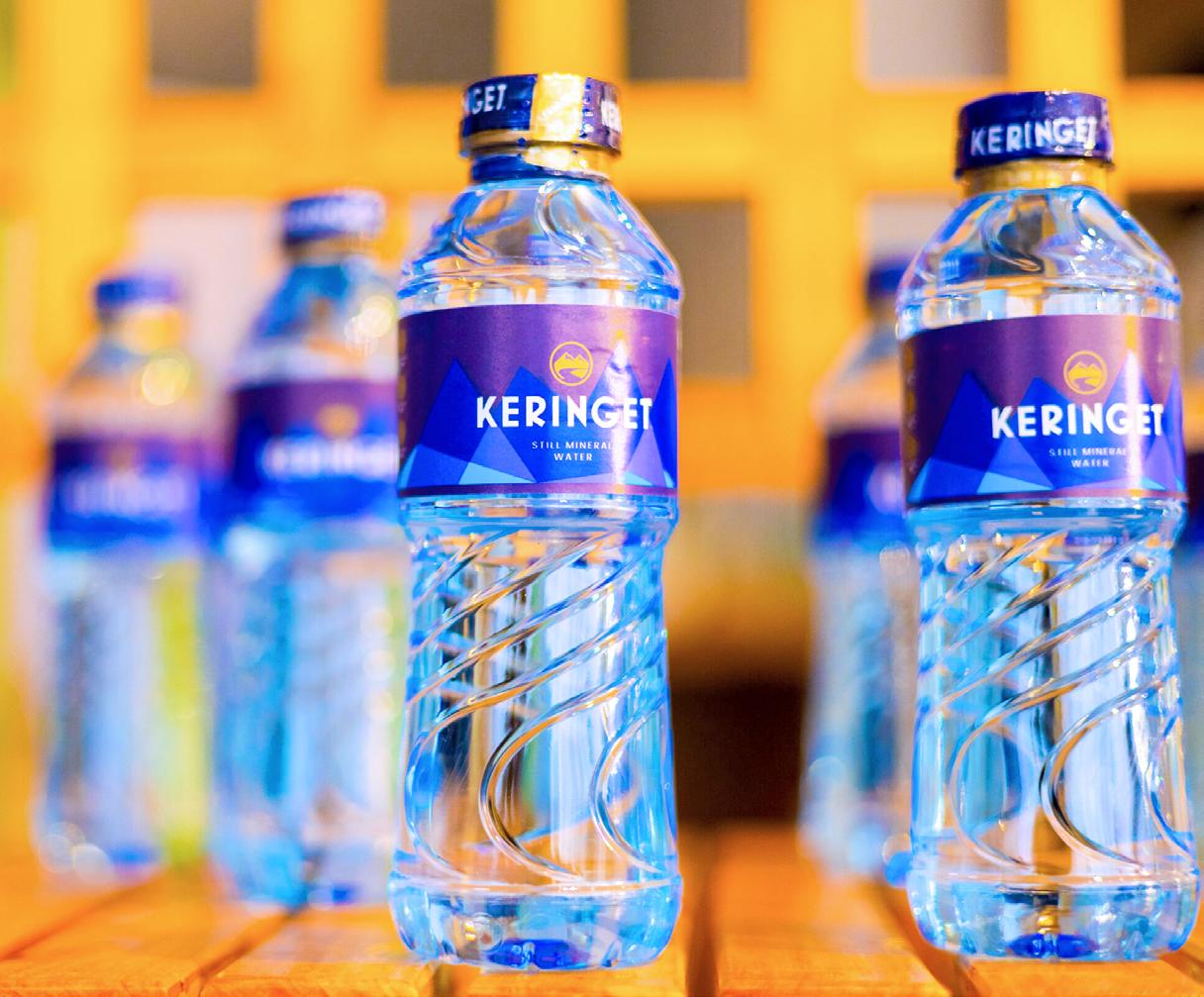
The company actively collaborates with existing and emerging recyclers, creating a network that converts used plastic into new products. Uganda's 17-year-old CCBA plastic recycling plant transforms waste plastic into flakes, primarily sold to foreign markets where they are transformed into various products like clothing fibers, sheets, strapping,
and even new PET bottles.
Recognizing the crucial role of waste collectors, CCBA empowers them through training programs on safe and efficient collection practices. "The simple act of separating waste makes recycling far more efficient, resulting in higher rates of recycling and less waste going to landfill," explains Fronscen Haloba, Public Affairs, Communication and Sustainability Director at Coca-Cola Beverages Zambia (CCBZ). "It also supports the livelihoods of waste pickers, who are able to collect more recyclable material and earn more as a result."
"In Mozambique, CCBA has trained over 3,000 women on safe and efficient plastic waste collection and sorting, empowering them to earn an income in the circular economy," said Tshidi Ramogase, CCBA's Chief Public Affairs, Communication, and Sustainability Officer. CCBA also provides essential gear including gloves, reflector jackets and sanitisers to participants to ensure safety during waste collection.
CCBA highlights the stories of Ugandans Joshua Kasibante and Mariam Nansasi to showcase the program's community impact. Through hard work, "Kasibante, who has been in the business for less than two years, was able to acquire a motorbike and improve his quality of life," CCBA says. Nansasi's story mirrors Kasibante's but on a larger scale. "She
has built a thriving enterprise, employing around 20 collectors who bring PET waste to her homebased business," CCBA adds.
Coca-Cola Beverages Africa (CCBA) is actively pursuing its ambitious goal of achieving 100% recyclable packaging by 2025. One key area of focus is the transition from colored to clear plastic bottles for brands like Sprite, Ambo, and Dasani. CCBA believes this will improve sorting during recycling, ultimately increasing the recycled material's value.
The company is also exploring ways to reduce plastic use overall. This includes initiatives like "lightweighting" bottles, where plastic thickness is minimized while maintaining structural integrity. Additionally, CCBA eliminated the plastic neck sleeve on Dasani bottles to further reduce plastic usage.
A potentially significant step toward reducing single-use plastic waste is CCBA's refillable bottle pilot program in South Africa. “To help integrate consumers into our value chain and ensure they return our refillable PET (RefPET) bottles to be reused, we are offering a R9 deposit on bottles that are returned, which they can put towards their next purchase,” CCBA said in LinkedIn post. In Kenya, the company introduced a new Minute Maid product in environmentally friendly aseptic carton packaging, offering an alternative to the previous plastic option.
"We're reimagining our packaging for the benefit of both the planet and our business," says Tshidi Ramogase, CCBA's Chief Public Affairs, Communication, and Sustainability Officer. "We strive to design better bottles because packaging shouldn't harm the environment, and anyone who wants to recycle our packaging should be able to do so."
Beyond packaging design, Coca-Cola Beverages Africa (CCBA) actively fosters partnerships to improve waste management. "We collaborate with peers, suppliers, partners, NGOs, and local governments to create solutions where needed most," emphasizes Tshidi Ramogase, CCBA's Chief Public Affairs, Communication and

Sustainability Officer.
This collaborative approach is exemplified by Producer Responsibility Organizations (PROs) where CCBA played a leading role in establishing them in Kenya, South Africa, Tanzania, and Ethiopia. These industry-driven organizations aim to create sustainable solutions for postconsumer plastic waste.
PETCO, initiated in South Africa in 2004, is a successful example of a PRO. This industry-led initiative for PET bottle collection and recycling has grown significantly, increasing collection from 9,000 tons in 2005 to over 92,000 tons in 2021.
Additionally, CCBA collaborates with organizations like Acacia Foundation in Uganda and Wezesha binti na Mama Mjasiliamali in Tanzania, providing training, equipment, and financial support to empower waste collection and recycling communities and individuals.
In Ethiopia, CCBA helped establish PETCO Ethiopia by mobilizing industry players and providing $150,000 in initial funding. Plastic collection targets in Ethiopia currently stand
IN NUMBERS AMOUNT OF PET BOTTLES CCBA HAS COLLECTED IN ETHIOPIA SINCE 2019
at 138%. This achievement is attributed to establishing PET collection centers, empowering over 15,000 women collectors, and launching a pilot project in February 2023 to support 30 collectors with a total subsidy of up to 10 million Birr.
"The subsidy is based on monthly performance," CCBA said in a statement. "CCBA in Ethiopia plans to subsidize 1,000 Birr for every 1,000 Kg PET collected, on condition
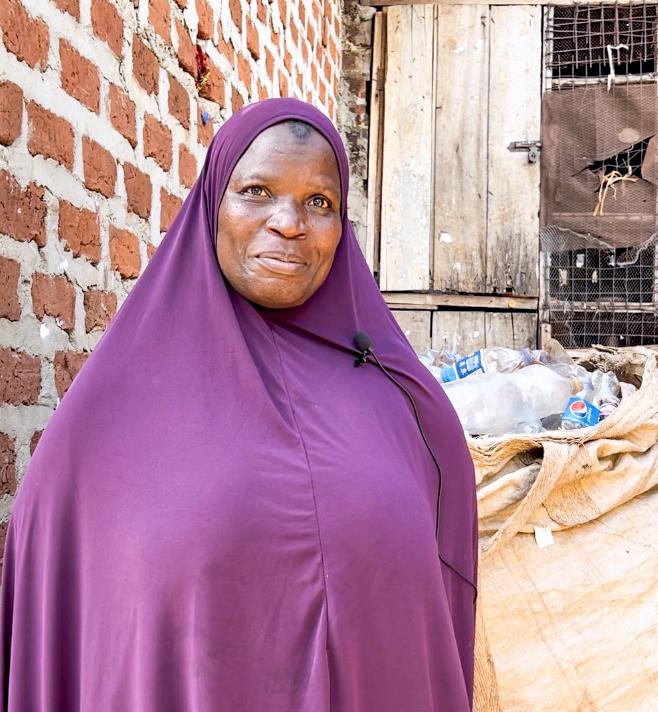
that they meet the minimum monthly collection rate set in the agreement."
Despite these efforts, concerns linger regarding the continued reliance on plastic packaging.
"Coca-Cola needs to move away from singleuse plastic bottles altogether," argues Njeri Mwangi, an environmental activist based in Nairobi. "While making packaging recyclable is a step in the right direction, it doesn't address the root cause of the problem: plastic pollution."
Solving plastic pollution hinges on achieving recycling rates that match collection rates, a challenge in Africa due to underdeveloped recycling infrastructure. CCBA acknowledges this, emphasizing the need for an "enabling regulatory framework" to facilitate cross-border movement of plastic waste. This would allow for larger-scale recycling facilities serving multiple countries.
"However, in Africa and other developing economies, the market for recycled plastic is often too small to support investment in costly recycling plants," explains Diana Sibanda, Group Head of Sustainability at Coca-Cola Beverages Africa. "Additionally, regulations governing cross-border movement of plastic waste hinder the establishment of facilities serving multiple countries."
With low recycling rates, CCBA's impressive collection numbers hold limited environmental impact. Essentially, collected bottles face the same fate as those ending up in landfills, with a slight edge over those polluting waterways. This is why many environmentalists, like Mwangi, believe exploring alternative packaging materials, such as refillable glass bottles or plant-based plastics, is crucial for long-term sustainability.
Critics argue that Coca-Cola Beverages Africa's (CCBA) marketing efforts, often emphasizing convenience and "on-the-go" consumption, overshadow the environmental impact of its products. They raise concerns about potential greenwashing, where sustainability efforts are used to mask the true environmental costs of the

company's operations.
"While CCBA is making strides in collection and recycling, their marketing continues to promote a throwaway culture," says Beatrice Wanjiru, a Kenyan environmental activist. "They need to be more transparent about their products' environmental impact and invest in promoting reusable alternatives."
Additionally, some critics point to instances where CCBA's marketing strategies seem to contradict their sustainability commitments. The recent launch of a new, non-recyclable premium bottle for the Voltic brand in Ghana raises concerns about prioritizing brand image over environmental impact. "This new packaging sends a mixed message," says Kofi Adu, a sustainability researcher at the University of Ghana.
Similar concerns arose when CCBA refreshed its Keringet brand. Many expected the relaunch to align with CocaCola's commitment to clear bottles with high recycling rates. However, the new Keringet water features a more prominent blue shade than its predecessor and includes a neck-sleeve, a feature CCBA removed from Dasani water.
"It's crucial that CCBA's sustainability efforts are consistent across all their brands and products," stresses Adu.
Coca-Cola Beverages Africa (CCBA) is making strides toward
addressing plastic waste challenges in Africa, but complexities remain. These include the African market's unique dynamics, inherent limitations of plastic packaging, and inconsistencies in CCBA's brand launches, all of which hinder its "World Without Waste" initiative.
Moving forward, success hinges on CCBA and competitors exploring alternative packaging solutions alongside recycling efforts. "Investing in refillable packaging or materials with lower environmental impact could be crucial," says Dr. Kofi Adu, a sustainability researcher.
Furthermore, collection without recycling falls short of solving the problem. Large plastic users like CCBA need to lead legal reforms allowing cross-border movement of plastic waste. This would enable economies of scale for recycling facilities, making them economically viable and fostering a true circular economy where recycled plastic (rPET) outpaces virgin plastic.
Finally, a more consistent sustainability strategy is crucial. All new packaging should follow the precedent set by Dasani and Sprite, phasing out colored plastic if beverage companies are truly serious about sustainability.
CCBA's message of leveraging its "scale and reach to make a real difference" is commendable. However, the company needs to convince critics that it's using its leadership position to drive change and fulfill its pledge of putting the planet on a more sustainable path
USA – JBT's Proseal has launched the CDS Case De-Stacker in the USA, aiming to enhance efficiency in case packing operations.
Designed to streamline operations, the CDS Case DeStacker automates the process of de-stacking cases and delivering them to a case packing machine, eliminating the need for repetitive manual handling, and loading by operators.
Equipped with quick change tooling and a recipe-driven control system, the CDS Case De-Stacker accommodates cases made of both RPC and cardboard, regardless of standard sizes or orientation.
With changeover speeds matching the market-leading product in under a minute, the system ensures seamless transitions between different packaging requirements.
Capable of delivering up to 35 cases per minute, the CDS Case De-Stacker caters to single or multiple stacked cases, facilitating integration with manual packing lines and existing automated packaging equipment like the CP2, CP3, and CP4 case packing systems.
Moreover, the feed conveyor length is customizable to suit various applications, providing up to an hour of operation before requiring a reload.
Safety remains paramount, with the implementation of a muting light system to meet relevant safety standards. Muting sensors distinguish a stack of cases from operator presence in the area, mitigating the risk of injuries.


FRANCE – Sidel, a packaging solutions provider, has introduced EvoFILL PET, a novel filler designed for water and still beverages, to the packaging market.
Sidel claims that this space-saving filler can handle high production speeds of up to 90,000 bottles per hour (bph) with a 15 percent smaller footprint.
Tommaso Tegoni, Product Manager Filling at Sidel, highlighted the EvoFILL PET’s simplified configuration, which includes a reduced number of transfer star wheels and a more compact front table and process unit.
This design not only contributes to optimal hygiene but also makes the filler easier to operate, maintain, and clean, making it best-in-class.
EvoFILL PET’s ergonomic design ensures a consistent and repeatable performance, suitable for operators of all skill levels.
The reduced filler enclosure provides a controlled environment for contactless filling, ensuring product safety, quality, and preserving bottle integrity with gentle neck handling.
The filler, starting at 24 and ranging up to 144 filling valves, can handle a wide range of speeds and bottle sizes from 0.1 to 10 liters.
Format changeovers have been simplified, and the filler can be integrated within Sidel’s complete systems. It can also be linked with the Evo-ON® digital intelligence platform to monitor and improve filling parameters and performance.
SWITZERLAND – Krones, a German packaging and bottling manufacturer, is set to acquire Netstal, a Switzerlandbased injection molding machine supplier.
Netstal specializes in providing injection molding machines for various markets, including beverage, medical, and thin-wall packaging, with revenues exceeding €200 million (US$216.20m) in 2023.
The acquisition will integrate Netstal into Krones' Filling and Packaging Technology segment, enhancing Krones' product portfolio
in the beverage market, particularly in PET preforms and caps.
The deal, scheduled for finalization in early 2024, is subject to antitrust approval. Krones plans to finance the acquisition using existing funds, potentially supplemented by partial debt financing.
Notably, the two companies were strategic partners before this development. Netstal’s PET and Cap businesses are seen as complementary to Krones’ existing product portfolio in the beverage market.
This acquisition aligns with Krones'
strategic diversification into the medical/ pharma market and complements its previous acquisition of Ampco Pumps Co, enhancing its offerings in processing technology and components.
Ampco Pumps is a manufacturer of sanitary pumps, mixing, and blending equipment for the food, beverage, dairy, personal care, and pharmaceutical industries.
The combination of Ampco Pumps and Krones’ Evoguard Valve Technology enables Krones to provide customers with a broader range of processing technology and components.
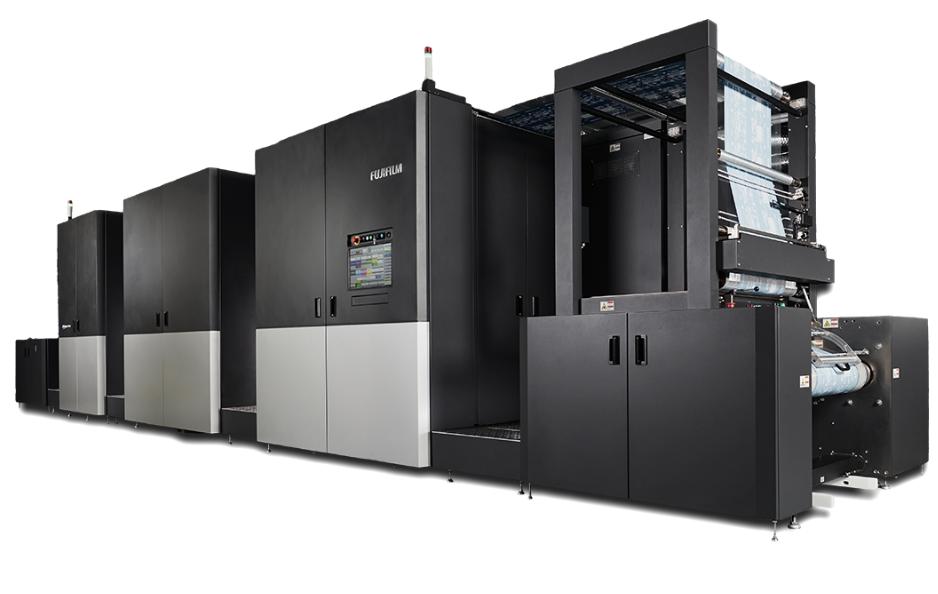
UK – Sustainable flexible packaging specialist Eco Flexibles has installed the first-ever Fujifilm Jet Press FP790 outside of Japan.
The award-winning Eco Flexibles develops recyclable monopolymer flexible and paper-based packaging
solutions that provide equivalent or improved performance over incumbent mixed plastic designs.
Located at the company’s new state-of-the-art 40,000-sqft factory in Northampton, the investment in
the Fujifilm Jet Press FP790 further enhances the company’s sustainability focus by using water-based inks.
Unlike conventional digital presses that rely on toners and electrographic inks, the FP790’s use of water-based inks ensures superior performance while further driving down carbon impact.
Eco Flexibles general manager David Smith commented: “We are in a sustainability-centric market where ‘good enough’ is no longer good enough for brands; we must be constantly pushing harder for lower carbon emissions and higher quality.
The FP790 installed by Eco Flexibles is capable of printing on film and paper and can reach production speeds of up to 75m/min, with no make ready and changeover downtime.
It also offers extended gamut printing with more than 90 percent of Pantone colors without more costly spot color inks.
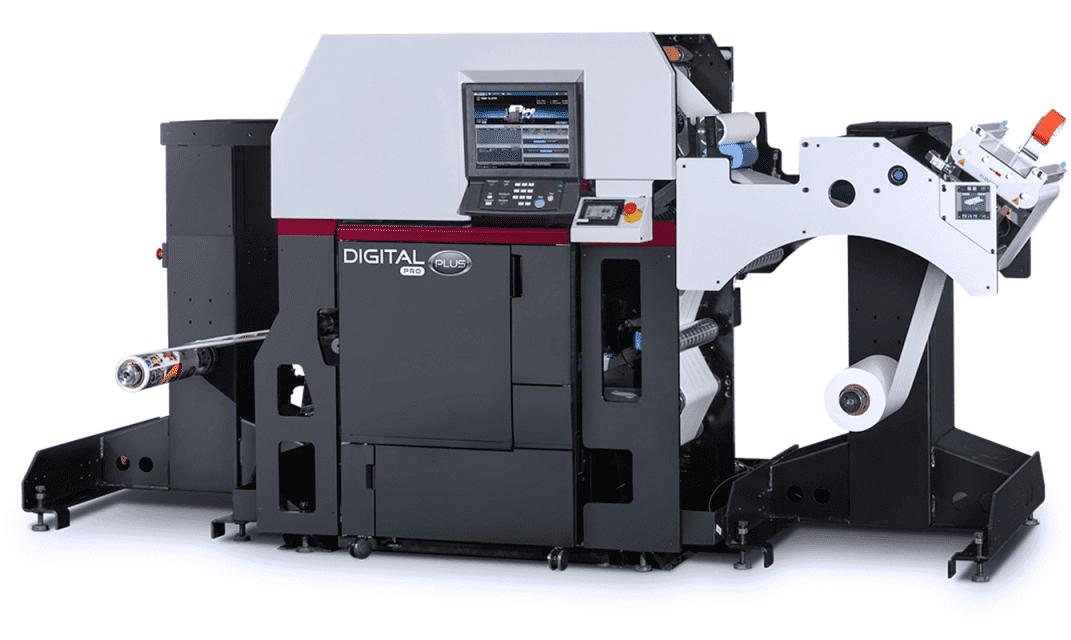
USA – Mark Andy, a leading manufacturer in narrow web technology, has introduced Digital Pro Plus, the latest addition to its Digital Pro series.
This innovative platform leverages the flexo base for short to medium run
digital printing, integrating dry toner with optional flexo and in-line finishing capabilities.
Building upon the success of Digital One and Digital Pro, which boast over 300 installations worldwide since their inception in 2016, DPro Plus represents
a significant evolution in label printing technology.
By amalgamating a proven digital toner engine with Mark Andy’s 77 years of web handling expertise, this new press offers label converters a unique opportunity to expand their business organically and affordably in response to evolving customer demands.
Featuring a standard web width of 13 inches (330mm) and a print resolution of 1,200 x 2,400, equivalent to 3,600 DPI, DPro Plus achieves production speeds of up to 76 ft/ min (23 m/min) on a diverse range of substrates. Its compact design ensures a small footprint, making it ideal for integration into crowded production floors.
From roll-to-roll to a fully configured single-pass print and finishing line, the press offers expandable options tailored to meet evolving requirements.
BELGIUM – TOMRA, a leading provider of collection and sorting solutions, has acquired a 25 percent stake in PolyPerception, an innovative start-up specializing in AI-based waste flow monitoring.
TOMRA initiated collaboration with PolyPerception in December 2022, and this investment marks another stride in TOMRA’s endeavor to revolutionize resource recovery through cutting-edge technology.
Dr. Volker Rehrmann, Head of TOMRA Recycling, elucidated,
“By expanding our partnership with PolyPerception, we can amalgamate our state-of-the-art material sorting systems and cloud-based monitoring solution with the company’s pioneering material analysis.
“This synergy empowers us to optimize the entire process and material flow, providing a significant advantage to our clientele. Moreover, it enables us to leverage PolyPerception’s expertise in data and AI for ongoing enhancements to our machinery.”
PolyPerception delivers a waste
analysis solution tailored for PET recyclers and sorting plants. By gathering data at pivotal junctures in the sorting process, the company aids sorting facility operators in continuously evaluating the quality of sorted streams and the loss of valuable material in the residual stream, facilitating data-driven decision-making.
Additionally, it serves as an automated compliance system, ensuring adherence to rigorous regulations governing food-grade recycling and local legislation.
PORTUGAL – STADLER Selecciona S.L.U. (a subsidiary of STADLER Anlagenbau GmbH) has delivered Valorsul’s state-of-the-art light packaging plant in Cadaval, Portugal.
The endeavor, encompassing design and installation at Valorsul’s Centro de Triagem do Oeste facility, sought to augment the plant’s throughput capacity while upholding output purity and streamlining operations.
Valorsul, a vanguard in the environmental sector, annually processes approximately 850,000 tonnes of municipal waste across 19 municipalities in Greater Lisbon and the Western Region of the country.
Entrusting STADLER for the enhancement and streamlining of its sorting plant, Valorsul underscores its commitment to ambitious objectives.
The revamped plant boasts a novel bulky item sorting cabin and bag opener, complemented by two STADLER STT2000 ballistic separators, adept at segregating flexible and 3D materials.
Enhanced film recovery systems and forced ventilation further optimize operations. Metals are efficiently extracted through cutting-edge electromagnets and eddy current separators, while optical sorters meticulously recover polyethylene terephthalate bottles, high-density polyethylene, Tetra Pak, and a Plastic Mix. Automatic quality control of sorted materials is facilitated by an optical sorter from the original plant.
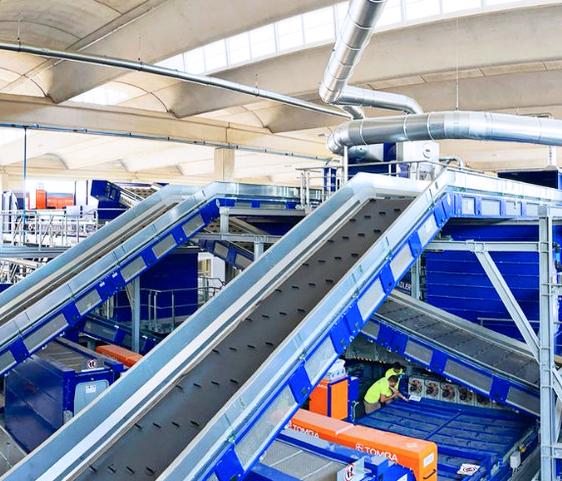

USA – Ranpak has introduced a groundbreaking solution, the Cut’it! EVO Multi-Lid, to meet the growing demand for flexible box branding.
The Cut’it! EVO Multi-Lid system, developed by Ranpak, allows for the application of up to four different branded lids using a single Cut’it! EVO machine.
This innovative solution automatically adjusts carton sizes to their fill level and securely attaches lids with glue.
By facilitating labor savings, optimizing end-of-line flow, enhancing the unboxing experience, reducing shipping costs, minimizing material usage, and improving stock management, the Cut’it! EVO solution offers a compelling return on investment (ROI).
Responding to the need for flexible box branding, Ranpak’s Cut’it! EVO Multi-Lid solution enables a single packaging line to efficiently cater to diverse customers, optimizing space and preparing businesses for future demands.
Moreover, this solution elevates the customer’s unboxing experience by providing easy-to-open boxes with tear-off strips.
Bryan Boatner, Global Managing Director of Ranpak Automation, emphasized the significance of the Cut’it! EVO Multi-Lid solution, stating, “As market dynamics shift, the evolution of Cut’it! EVO Multi-Lid stands at the forefront, redefining the future of packaging and offering unrivaled ROI that extends far beyond labor savings. It truly offers customers the ability to transform their end-of-line supply chain operation.”
NoviPrint has recently acquired a Xeikon press to streamline its digital label printing operations and accommodate growing volume and shorter print runs.
Renowned for its versatility in food and non-food sectors, the Xeikon press equipped with ICE dry toner enables NoviPrint to print on heat-sensitive substrates, meeting the diverse needs of its clientele across Europe, Africa, and South America.
NoviPrint’s strategic decision
to invest in Xeikon technology demonstrates its commitment to providing top-notch label printing services while efficiently adapting to market trends.
Xeikon presses are renowned for their reliability, speed, and high-quality output, making them an ideal solution for printers seeking to optimize their operations.
“Since its beginning, Xeikon invested continuously to stay on top of digital workflow. It’s great to see that dynamic and innovative companies like
NoviPrint recognize this,” says Danny Mertens, Xeikon’s marketing manager.
“NoviPrint is passionate about their work and chooses reliable partners that ‘click’ with this philosophy. It makes us proud to be part of this.”
NoviPrint’s General Manager Eric Springvloed expressed pride in the addition of the Xeikon press, emphasizing its role in expanding their label offerings and optimizing print shop operations.
SCOTLAND – Boxshop, a manufacturer specializing in corrugated boxes and packaging, has recently made a strategic investment in a cutting-edge BOBST Expertflex NT flexographic printing press.
This investment aims to elevate the company’s printing capabilities and introduce novel features to its business operations and broader group.
For over three decades, Boxshop has been renowned for providing tailored corrugated boxes and display packaging across diverse market sectors, including the packaging industry itself. Since 2016, Boxshop has been an integral part of the Logson Group.
BOBST has emphasized that the compact design of the Expertflex NT facilitates seamless integration into Boxshop’s existing facility.
This state-of-the-art machine furnishes Boxshop with access to top-tier post-printing operations,

introducing enhanced graphic printing capabilities and no-crush feeding technology, thereby optimizing raw material utilization while upholding stringent quality standards.
Exemplifying BOBST’s commitment to customer-centric product design, the Expertflex NT has significantly elevated speed and
efficiency levels, underpinned by a robust inspection system that ensures elevated levels of reliability and repeatability.
Following installation and comprehensive training sessions covering both processes and products, the transformative impact of the Expertflex NT was immediately evident.
www.afmass.com
www.africameatpoultryexpo.com
www.dairymanufacturingafrica.com
www.africafreshproducexpo.com
www.africapackagingexpo.com
www.africahospitalsexpo.com
www.africafuturefoodsummit.com

www.afmass.com/Ug

www.afmass.com/west
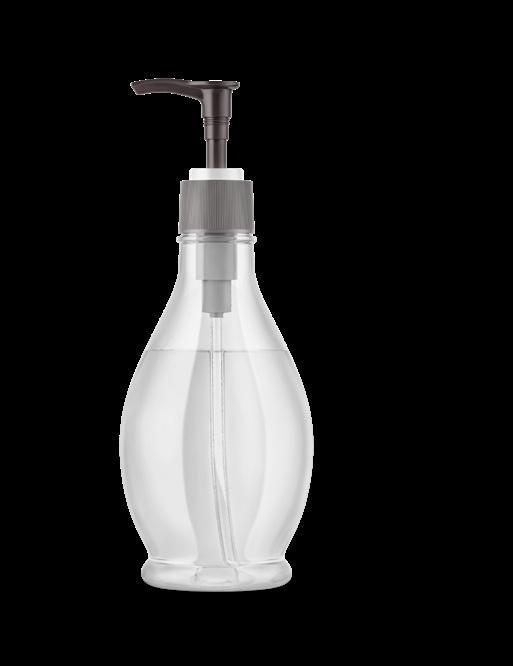


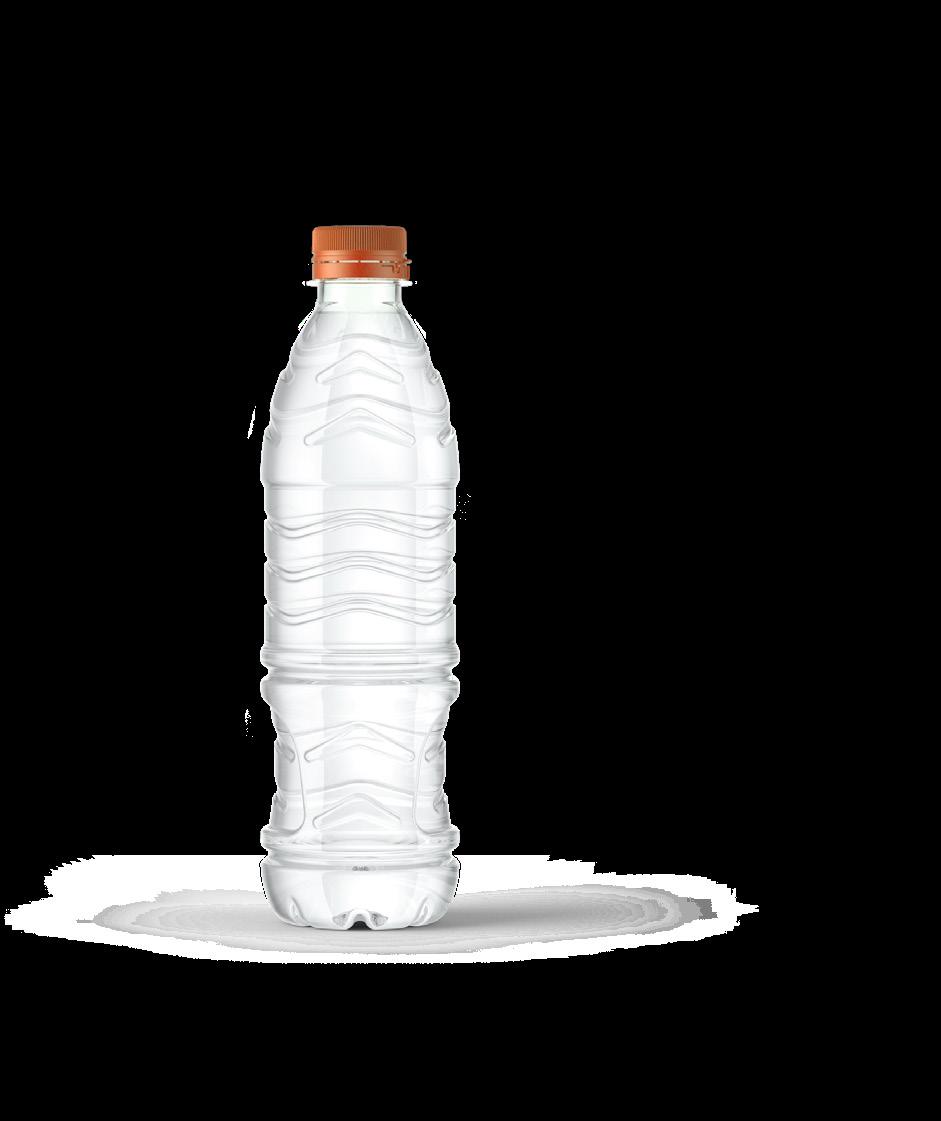
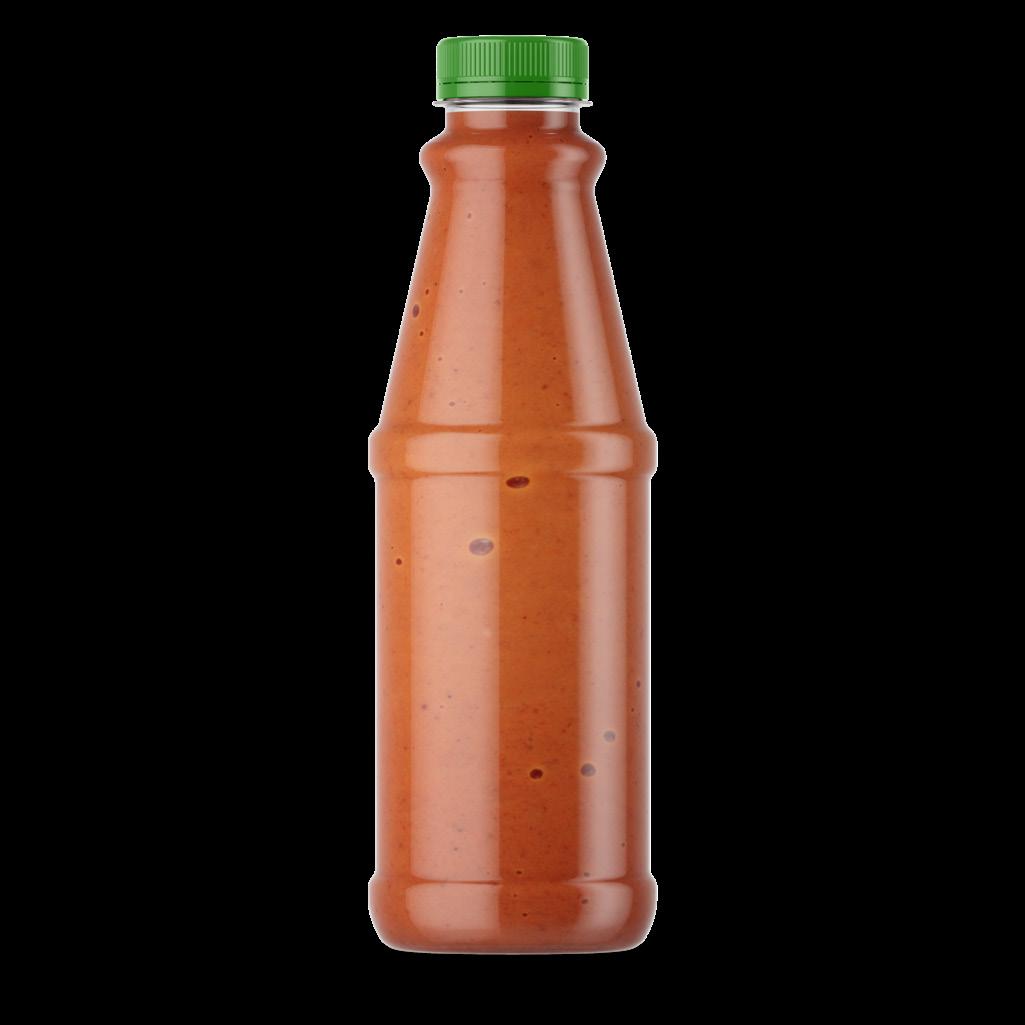
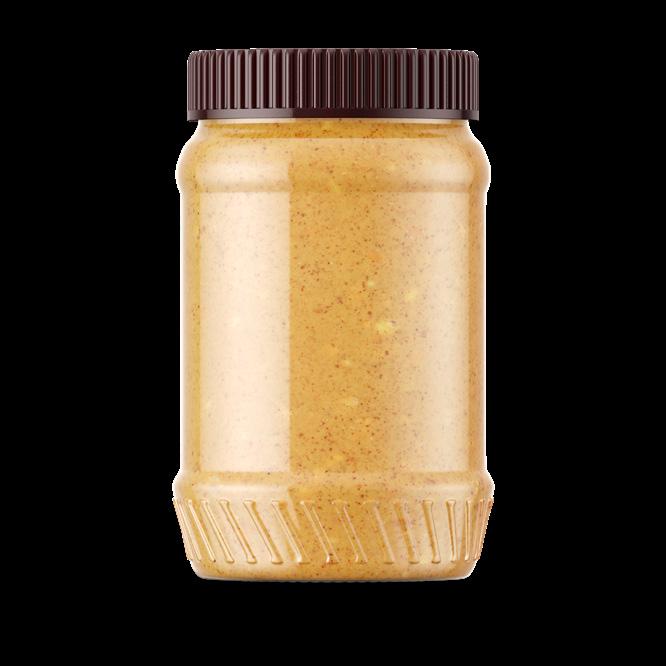
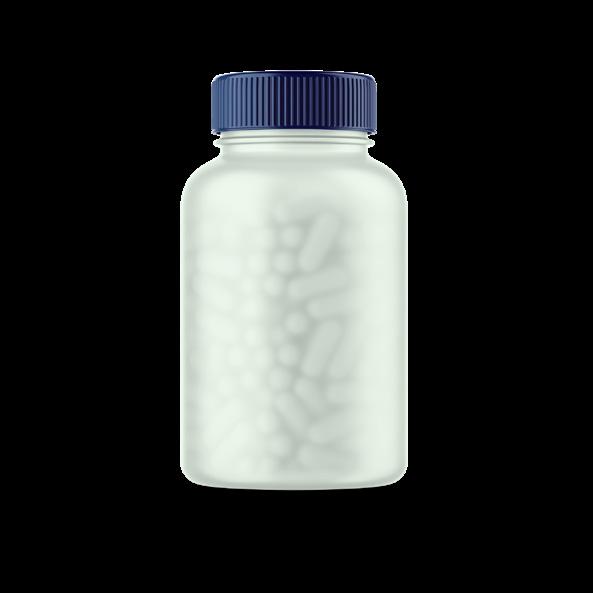
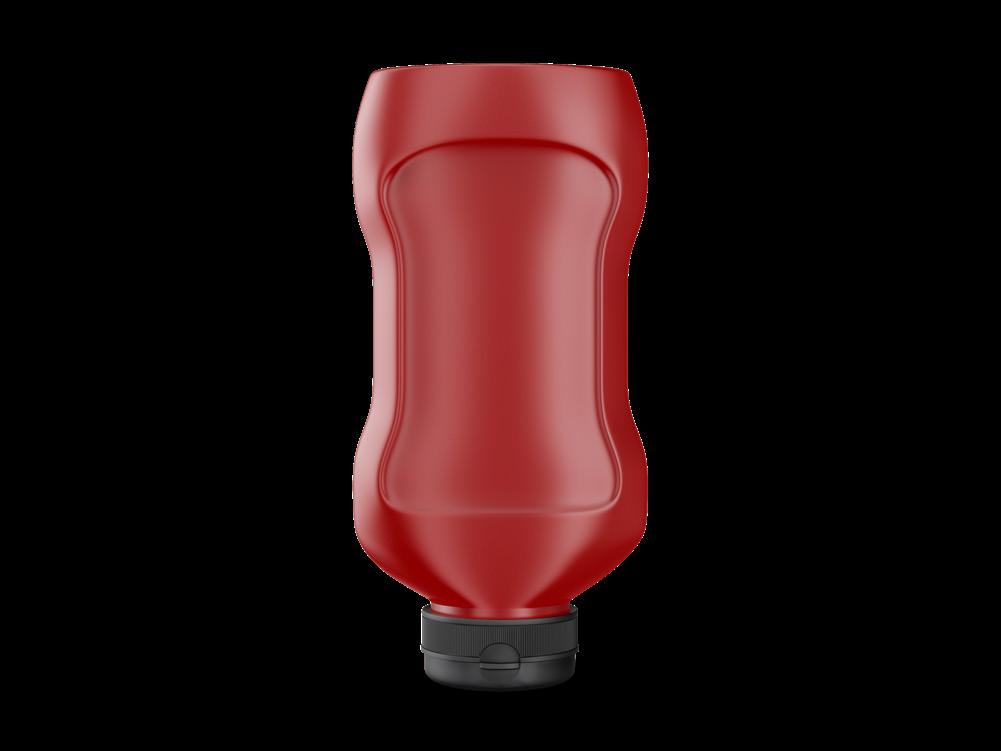
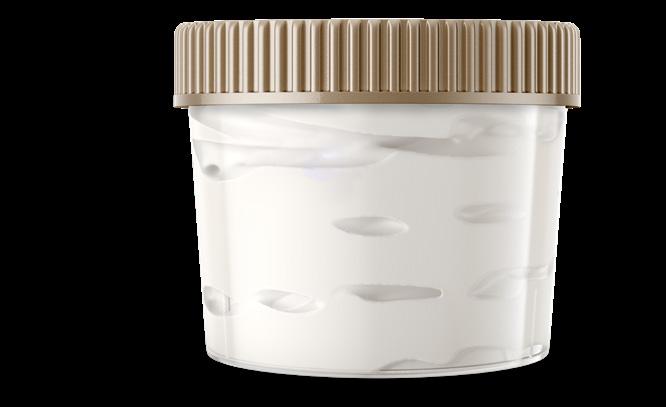
up to 20% Lower package part cost up to 20% Minimized package weight up to 9% Improved uptime Reduce initial CAPEX